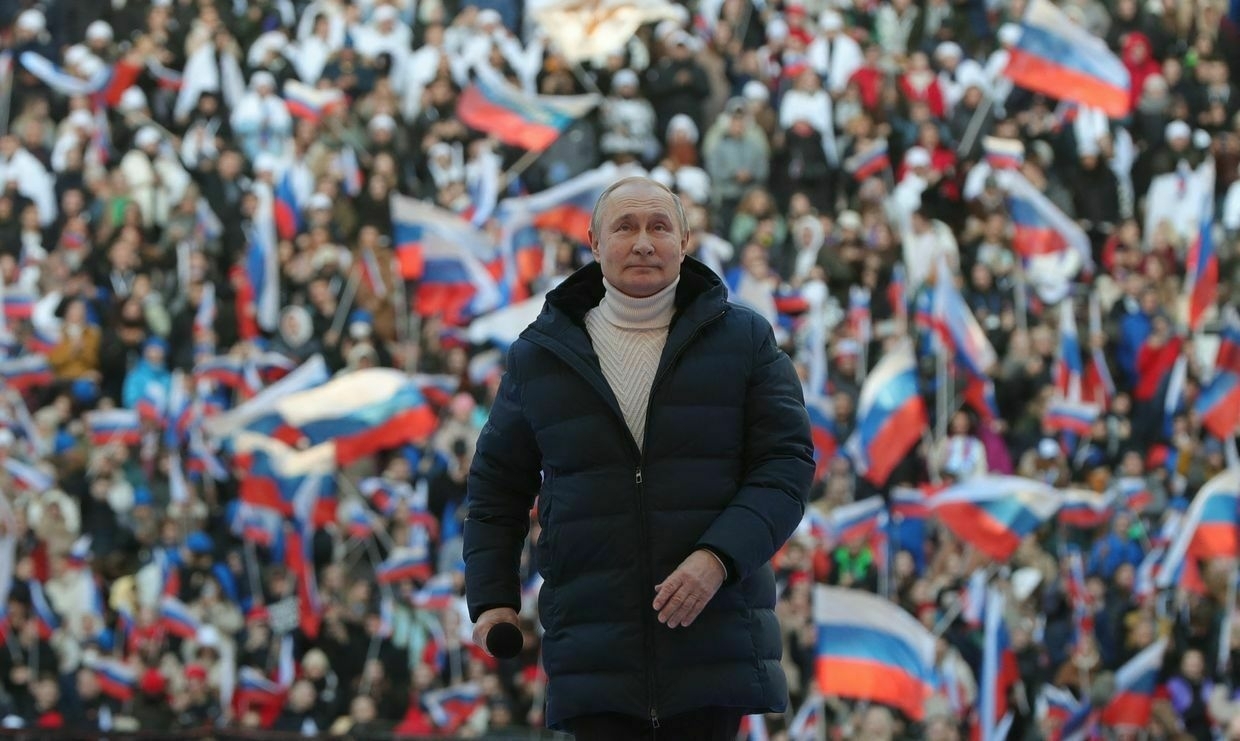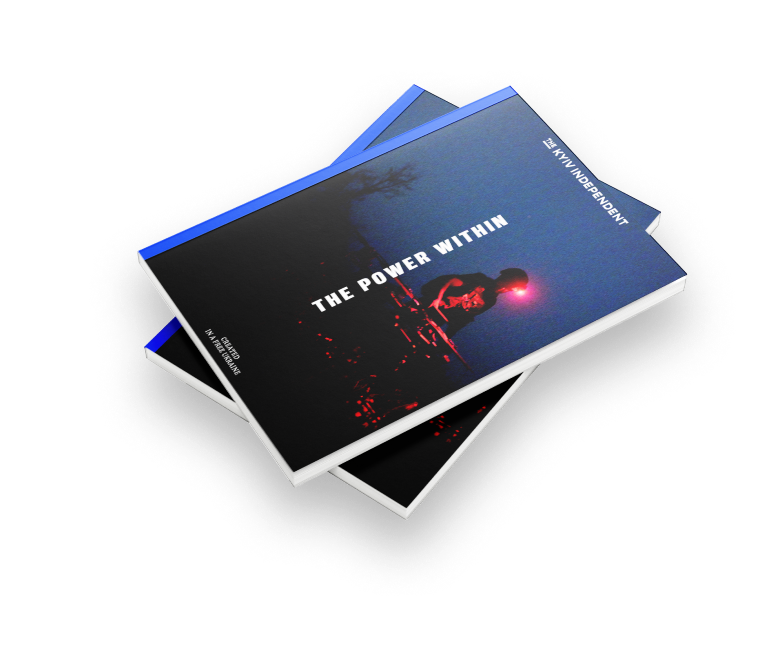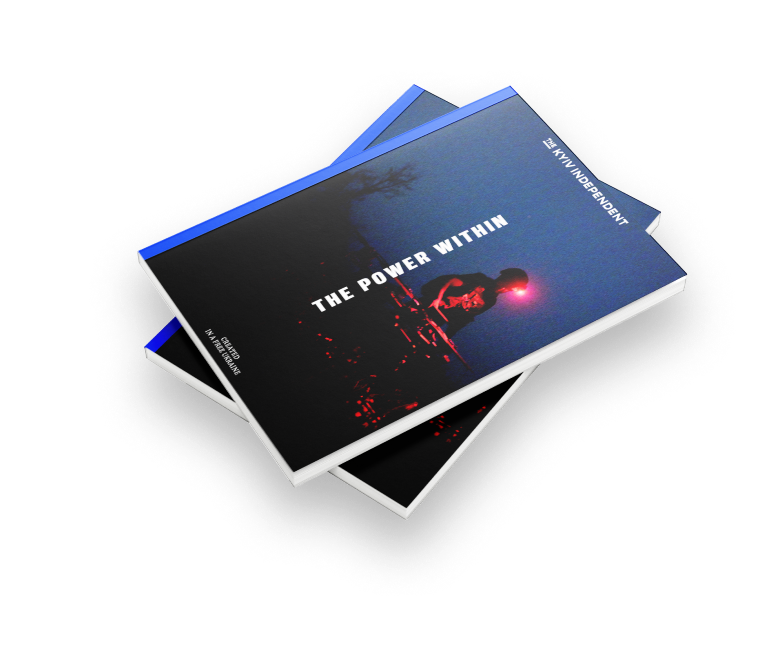-
‘Talk about an invasion is everywhere’ — How Lithuania is preparing for war with Russia
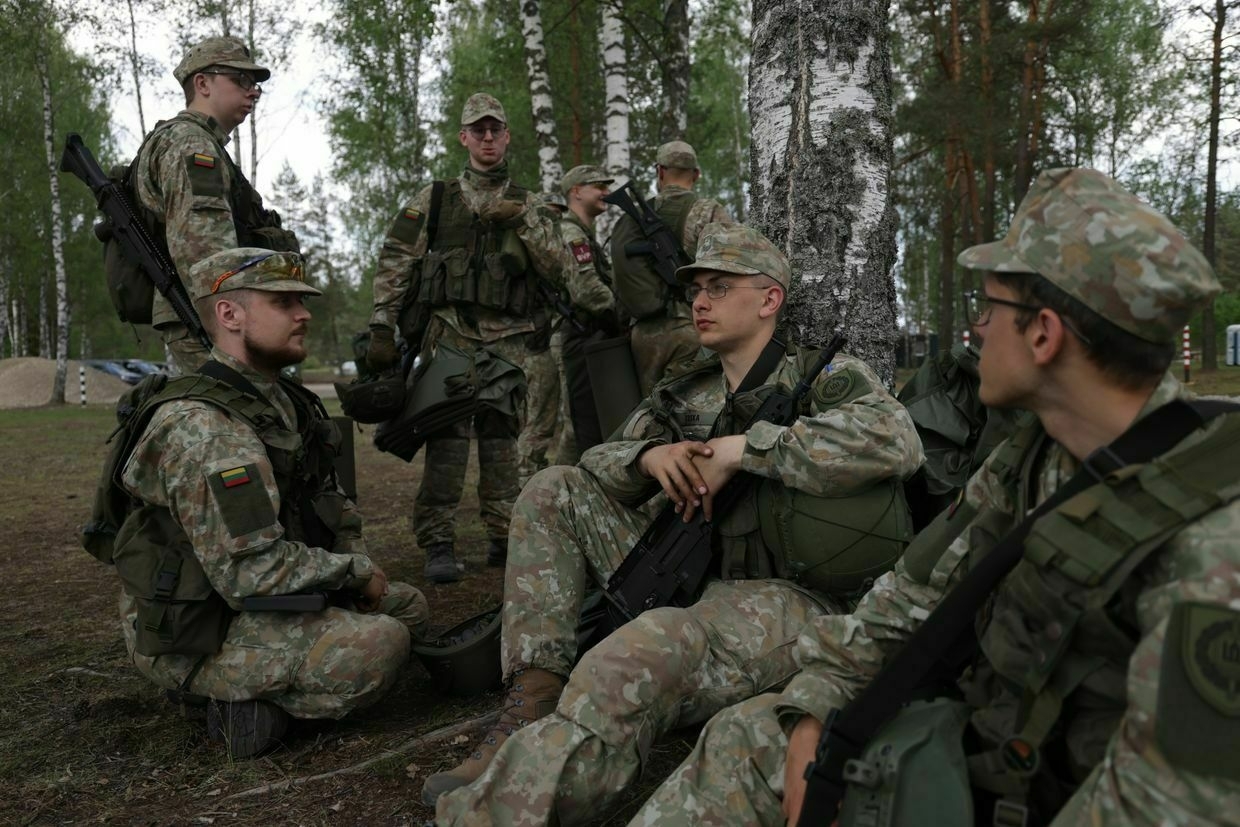
Throughout Russia’s full-scale invasion of Ukraine, repeated and escalating warnings of the potential for a wider war have only raised fears in the Baltic states that they could be next in the crosshairs of the Kremlin.
Talk about a potential Russian invasion is “very common at parties, gatherings, lunch breaks, water cooler talk,” Gabija Stasiukyne, a 32-year-old fintech professional living in Vilnius, Lithuania, told the Kyiv Independent.
“It’s everywhere. The conversation inevitably turns in the direction of — what are you going to do?"
Lithuania’s government is also taking the threat seriously — the country reinstated conscription in 2015, and Vilnius in January committed to spending between 5% and 6% of its GDP on defense annually until at least 2030.
“Increasing our military capabilities and strengthening alliances is of utmost importance,” Lithuania’s Defense Minister Dovile Šakaliene, told the Kyiv Independent in written response.
“War won’t come tomorrow, but we are reinventing our defence in order to be ready to fight tonight. We know every step of our adversary, and are preparing accordingly."
A long history of Russian aggressionFor Lithuania and the Baltic states collectively, Russia’s full-scale invasion of Ukraine in 2022 once again shone a spotlight on, and raised memories of, a long history of Moscow’s imperialist ambitions.
“My great-grandfather was deported (by the Soviets during World War II) to Siberia because he was a teacher, an intelligent man,” Emilija Sikorskyite, a 23-year-old English and French language teacher living in Vilnius,” told the Kyiv Independent.
“He never came back. He died there."
Many Lithuanians fear being a member of NATO is not the security guarantee it once was.
Lithuania was the first Soviet republic to proclaim independence in 1990, one year before Ukraine, and joined NATO in 2004, providing the country with the security of the military alliance's collective defense clause in the event of Russian aggression.
But the administration of U.S. President Donald Trump, and his increasingly hostile attitude to Europe and Ukraine have left many Lithuanians fearing that being a member of NATO is not the security guarantee it once was.
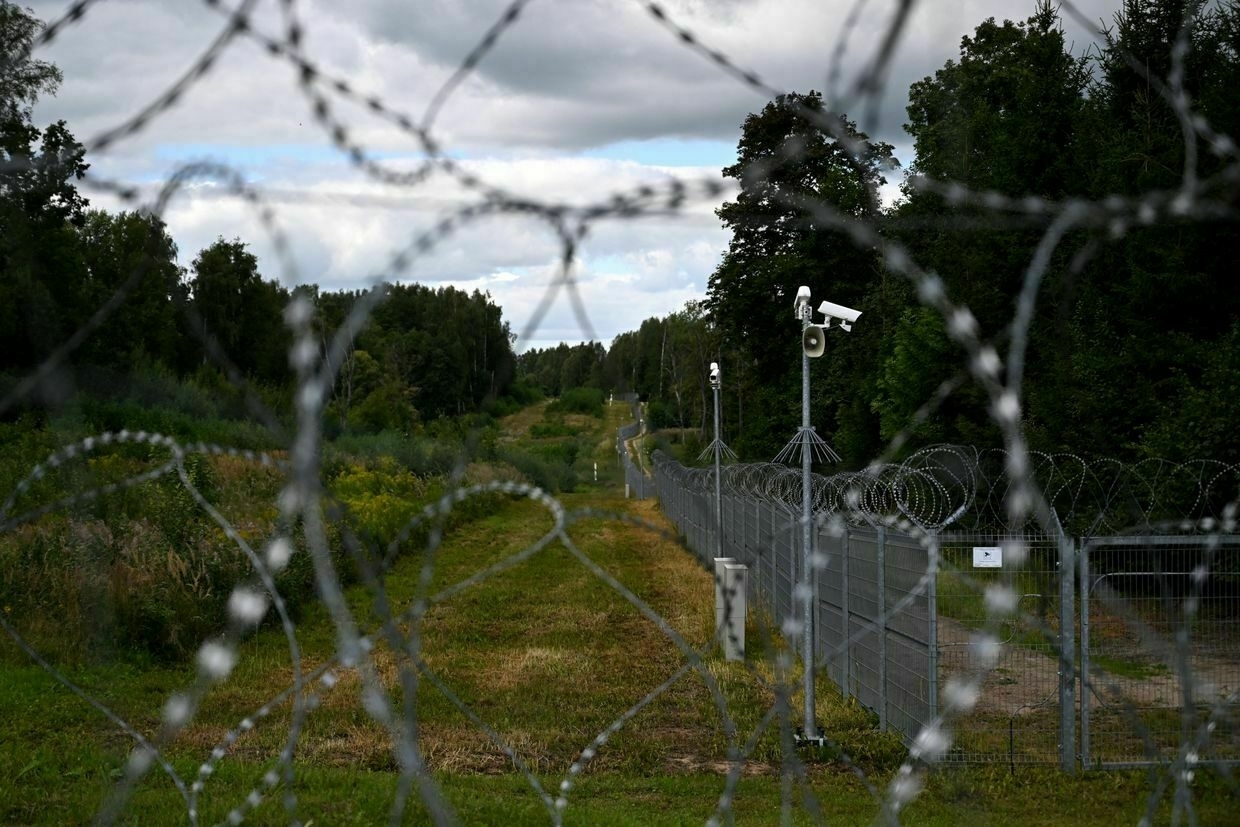
A razor wire fence lines the Polish-Lithuanian border near Kaliningrad in Wisztyniec, Poland, on Aug. 12, 2024. (Sergei Gapon/AFP via Getty Images) Ignas Zalieckas, a Lithuanian cultural journalist living in Germany, told the Kyiv Independent that the now infamous Oval Office showdown between Trump and President Volodymyr Zelensky caused "total panic" among his friends and family back home.
"Everybody was thinking that NATO is kind of gone," he said.
Western leaders and intelligence agencies have warned of a potential large-scale war in Europe within the next five years, citing Russia's increasingly aggressive posture, and Lithuania's geography puts it directly in the firing line.
The country shares an eastern border with Russia's closest ally, Belarus, from whose territory Moscow's failed attempt to take Kyiv was launched.
And to the southwest of Lithuania lies the Russian exclave of Kaliningrad, a small piece of land measuring 15,100 square kilometers that is home to the headquarters and main base of Russia's Baltic Fleet, not to mention thousands of Russian military personnel and a wide array of missiles and other weapons.
At their closest point, a mere 40 kilometers separates Kaliningrad and Belarus along a narrow piece of land called the Suwalki Gap which closely tracks the Poland-Lithuania border on the Polish side.
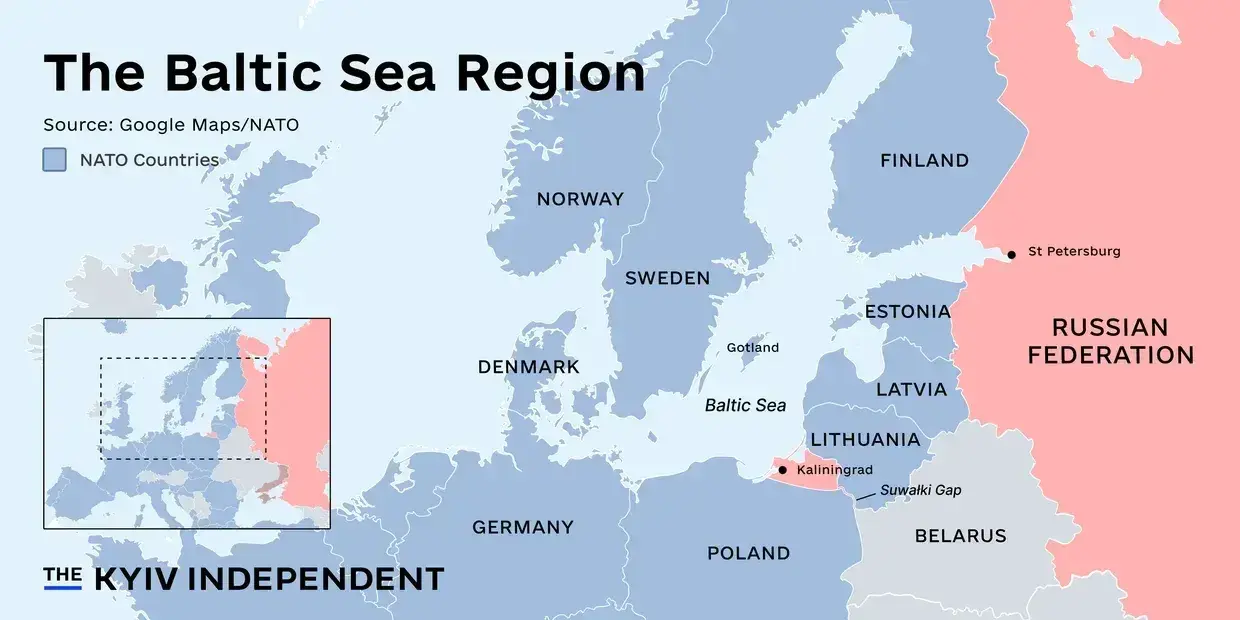
A map of the Baltic Sea Region. (Lisa Kukharska/The Kyiv Independent) In the event of a war between NATO and Russia, Russian and Belarusian forces linking up across the Suwalki Gap would cut off the only land route to all three Baltic states.
"It's understandable that the Lithuanian government is worried about this," Dr Stephen Hall, lecturer in Russian and post-Soviet politics at the University of Bath, told the Kyiv Independent.
"The Baltics have a long history of being occupied by other foreign forces, particularly Russia, and a relatively short history of being independent."
In the face of Russian aggression in Ukraine, and a White House washing its hands of European security, talk of an imminent Russian invasion in Lithuania has now gone into overdrive.
'War is inevitable'Barbora Turauskaite, a master's student and the head of communication at the Institute of International Relations and Political Science at Vilnius University, told the Kyiv Independent that "all the political science and international relations experts talk about the possibility of war every day."
During one of her classes, a lecturer instructed them to "buy plane tickets for September because war is inevitable."
He went on to tell them that joint Russian and Belarusian military exercises scheduled for September 2025, could serve as a pretext for the build up of a Russian invasion force — just as they did before the full-scale invasion of Ukraine in 2022.
Like Zalieckas, Turauskaite says the unpredictable nature of Trump is adding to anxiety in the country.
"We are not sleeping very well. In Lithuanian time, Trump wakes up around 4 p.m. After that, we don’t know what to expect," she said.
Lessons from UkraineLithuania has been one of Kyiv's staunchest allies — in Vilnius public buses display their routes along with the phrase "Vilnius loves Ukraine," while the number of Ukrainian flags fluttering from government buildings and private balconies at times seems to compare to that of Lithuania’s tricolor flag.
This has been matched by consistent military aid, but while the weapons and aid have flowed to Ukraine, the war has had a significant impact on the attitudes and priorities of those back home.
Eimantas Cesnys, volunteer soldier from Vilnius, conducts three-day survival courses for ninth-graders, which were implemented after Russia's full-scale invasion began.
"I joined the military in 2022 or 2023 because my whole life I knew that I would go to fight if necessary," he told the Kyiv Independent.
"And when I saw what happened in Ukraine, I thought that I should be prepared."
Teodoras Grigaliūnas, a volunteer coordinator with the Lithuanian Red Cross's civil safety program in Vilnius, told the Kyiv independent he has seen an uptick in people signing up for the course which gives advice on matters such as where to find shelters, electricity, and water supplies in the event of an emergency, and how to pack an emergency "grab bag."
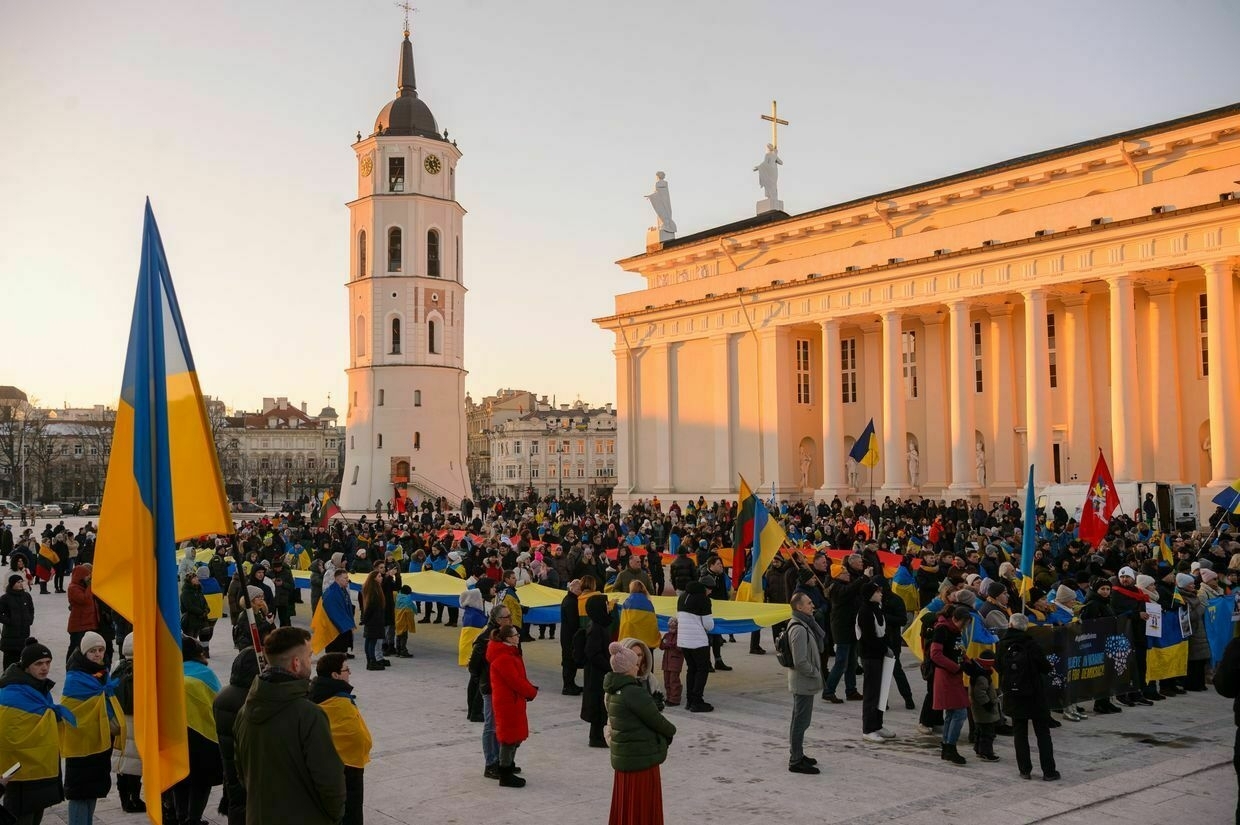
People attend a demonstration marking the third anniversary of Russia's war on Ukraine in Vilnius, Lithuania, on Feb. 23, 2025. (Yauhen Yerchak/Anadolu via Getty Images) 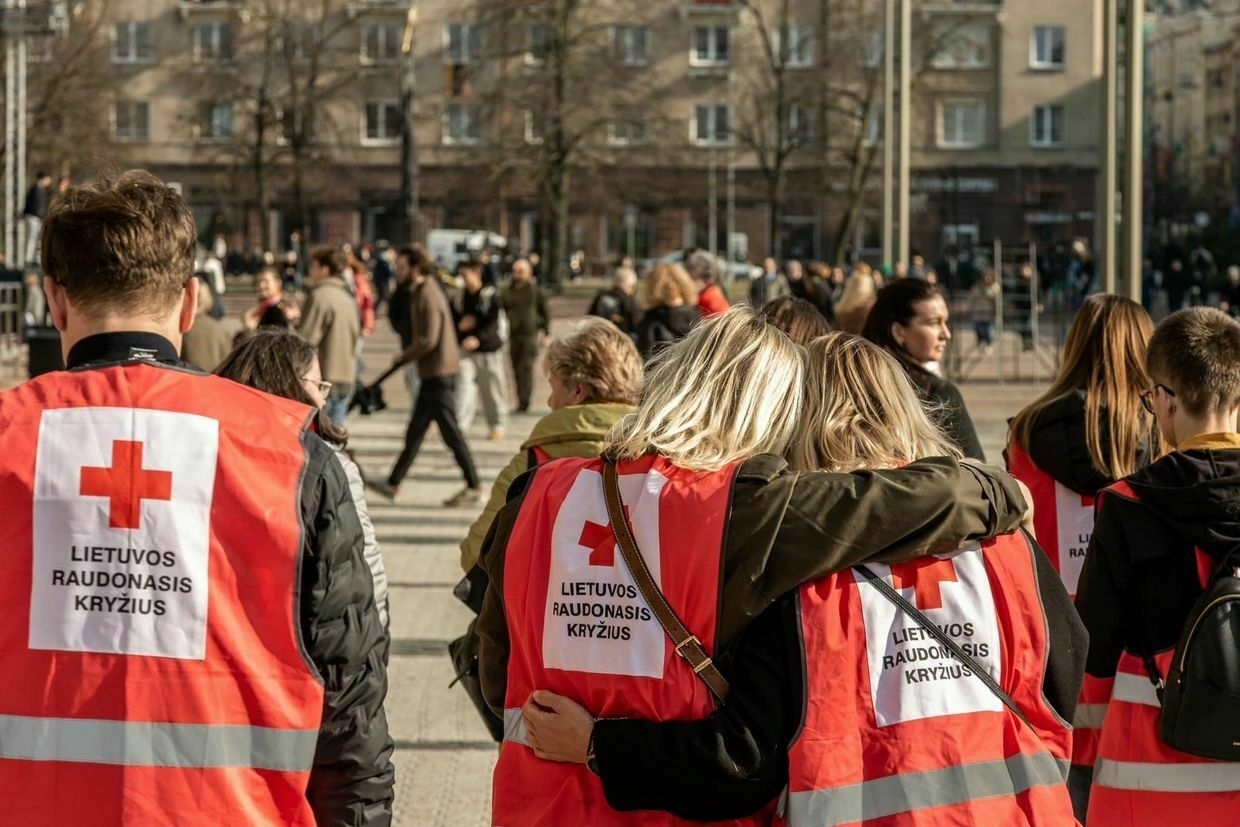
Civilian security excursions in Vilnius, Lithuania on March 11, 2025. (Teodoras Grigaliūnas / Lithuanian Res Cross) "At first, it wasn’t a very popular topic and it was sort of hard to get people involved," he told the Kyiv Independent.
"But I do notice a change, a spike in people's interest, especially after the Zelensky and Trump clash," he added.
Russia's full-scale invasion of Ukraine has provided a blueprint of sorts for what Lithuanians could expect in the event of a worst-case scenario, as well as the motivation to prepare as best as is possible.
Who is to gain more from a ceasefire — Russia or Ukraine?U.S. President Donald Trump said on March 17 that he expects to hold a phone call with his Russian counterpart Vladimir Putin to discuss a U.S.-backed ceasefire proposal that Moscow has yet to agree to. Russia has declined to immediately accept the 30-day ceasefire proposal, with theThe Kyiv IndependentOleg Sukhov
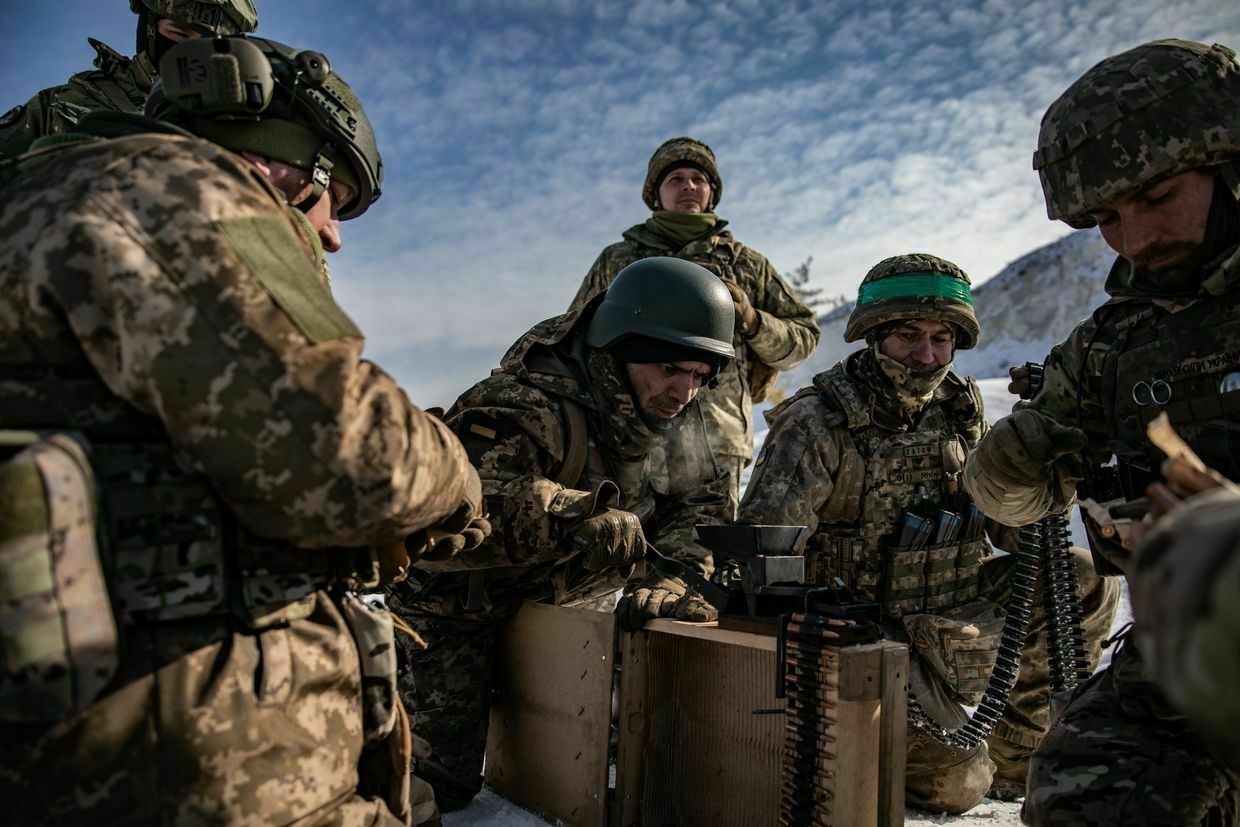
'We are not prepared'A thyroid cancer diagnosis prevented Aivaras, a 32-year-old freelance film and TV location manager, from following his younger brother into the Lithuanian military, so instead he registered for a new civil role created last year that will enforce curfews and protect infrastructure if martial law is enacted in the event of war.
"I understood that if shit hits the fan, you need to be prepared and know what you are doing," he told the Kyiv Independent, requesting not to print his surname due to fears that invading Russian forces would exact revenge on those known to have signed up to resist.
Aivaras believes war in Lithuania is likely in the next two to five years — potentially sooner, given Trump’s actions.
"I think that we are a little bit too relaxed. We are not prepared," he said. "We do not know what’s coming for us, and we are very dependent, and we think that somebody else will come and save us."
But for those with families, or those unable to sign up for the military or civil defense roles, more pressing questions with less clear answers are front and center.
In Ukraine, Russia's full-scale invasion prompted a wave of refugees to head west away from the fighting but Lithuania — only slightly larger than the U.S. state of West Virginia, this isn't a viable option, prompting many to plan where in the country would be the safest place to be.
Evacuation plansZalieckas has already discussed evacuation plans with his family but his mother's job as a Supreme Court judge, and his grandparents' health issues mean it's unlikely that they'll be able to leave the country.
His grandparents live in Radviliskis, an "insanely militarized" area close to a NATO airbase
"There's a dual discussion," he says. "Is it the least safe place to be or the most safe? Obviously if somebody bombs, they will bomb that place, but there are also air defense systems there."
Stasiukyne, the 32-year-old fintech professional, and her husband, Arvydas, have packed a few emergency bags with basic necessities and supplies for their two young children in case they have to flee.
They've been informed by special guides on what to do in case of an emergency that were updated and reprinted after Russia launched its full-scale invasion of Ukraine.
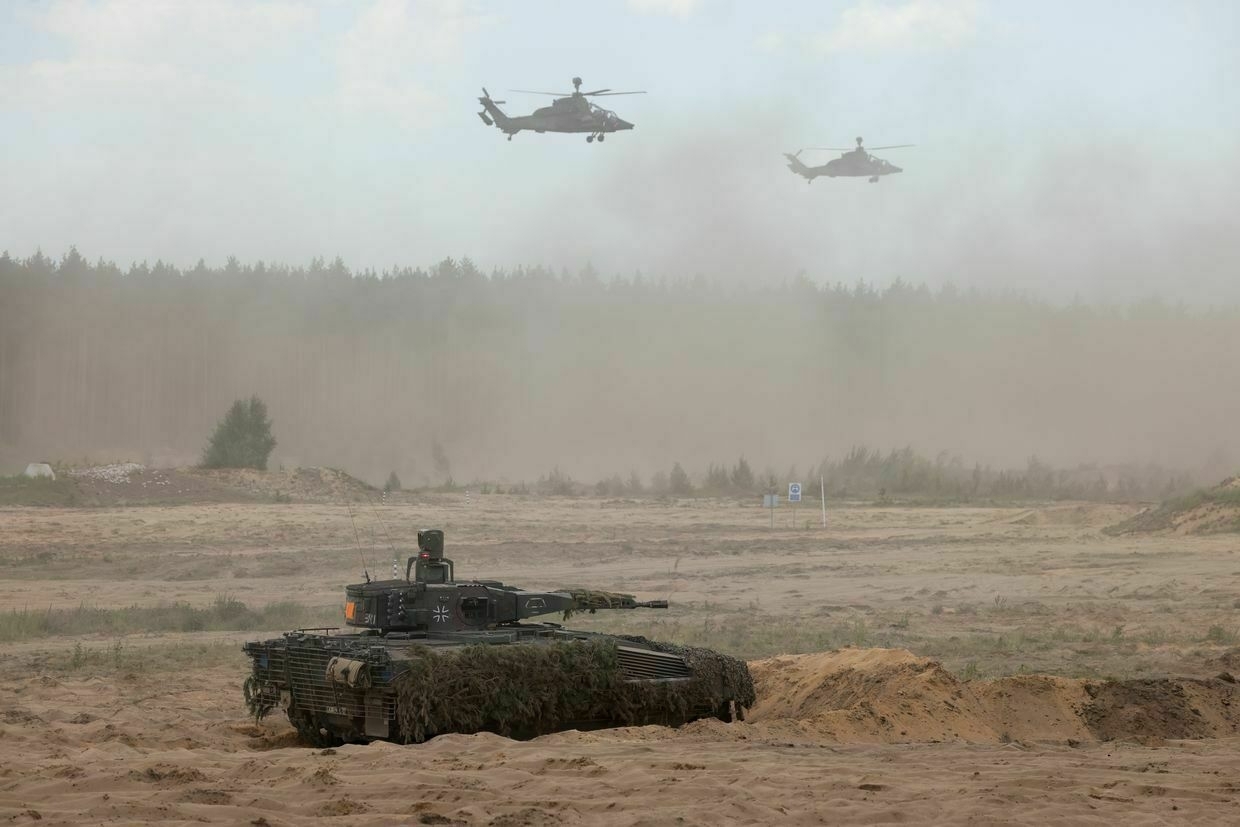
Tiger attack helicopters fly near a German Army Puma infantry fighting vehicle during the NATO Quadriga exercise in Pabrade, Lithuania, on May 29, 2024. (Andrey Rudakov/Bloomberg via Getty Images) But beyond packing grab bags and cutting back on expenditures so they have some emergency cash on hand, planning for a potential war with no definitive timeline or idea of what it could look like is tricky.
"You’re never going to feel ready, because you don’t know exactly what you’re trying to be ready for," Stasiukyne said.
Sikorskyitė, the 23-year-old English and French language teacher, studied in Kyiv just before the full-scale invasion and has visited friends in Ukraine several times during the war.ґ
She said her experience of spending nights in bomb shelters and speaking to Ukrainians means she is better prepared for what might happen.
"A lot of Ukrainians are saying they weren't prepared at all. We are trying to learn from people's mistakes," she said.
“Let's hope for the best and be ready for the worst.”
-
Who is to gain more from a ceasefire — Russia or Ukraine?
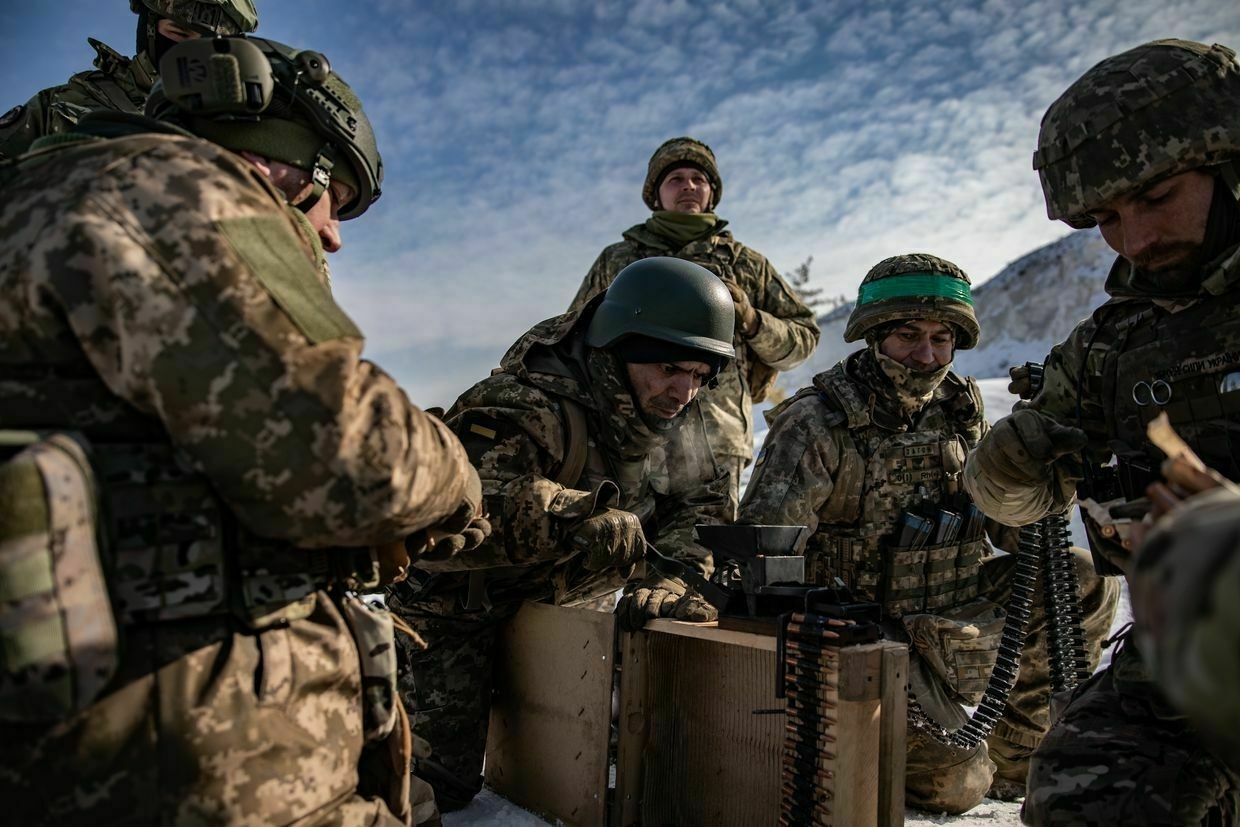
U.S. President Donald Trump said on March 17 that he expects to hold a phone call with his Russian counterpart Vladimir Putin to discuss a U.S.-backed ceasefire proposal that Moscow has yet to agree to.
Russia has declined to immediately accept the 30-day ceasefire proposal, with the Kremlin pointing out that Ukraine stands to benefit more from the halt in military action.
Putin demanded that Kyiv first halt mobilization, military training, and foreign aid deliveries before Russia would consider halting military action.
According to experts, a month-long ceasefire would benefit both sides, allowing the warring parties to replenish and regroup their forces.
The battlefield situation, however, is developing worse for Ukraine than for Russia. Following Ukrainian troops' withdrawal from the town of Sudzha in Russia’s Kursk Oblast, experts who spoke with the Kyiv Independent said that Kyiv had a greater need for a pause in military action.
“Russia can regroup as well, but because Ukraine’s problems are so much centered on questions of manpower and Russia has more blood to spare, I think it is more urgent for Ukraine to replenish some understaffed front-line brigades and therefore, the ceasefire could benefit them more,” Sascha Bruchmann, a military analyst at the London-based International Institute for Strategic Studies, told the Kyiv Independent.
Kyiv could also get a respite from Moscow’s missile and drone attacks, which have been more devastating than Ukrainian retaliatory strikes deep inside Russia.
‘Conditions for Ukraine’s surrender’ — Why Putin’s demands for ceasefire make no senseRussian President Vladimir Putin’s conditions for a ceasefire are unrealistic and tantamount to demanding that Ukraine disarm itself and surrender, analysts say. Putin said on March 13 that Russia was ready to agree to the U.S.-backed 30-day-long ceasefire in Ukraine but then followed by listing a…The Kyiv IndependentOleg Sukhov
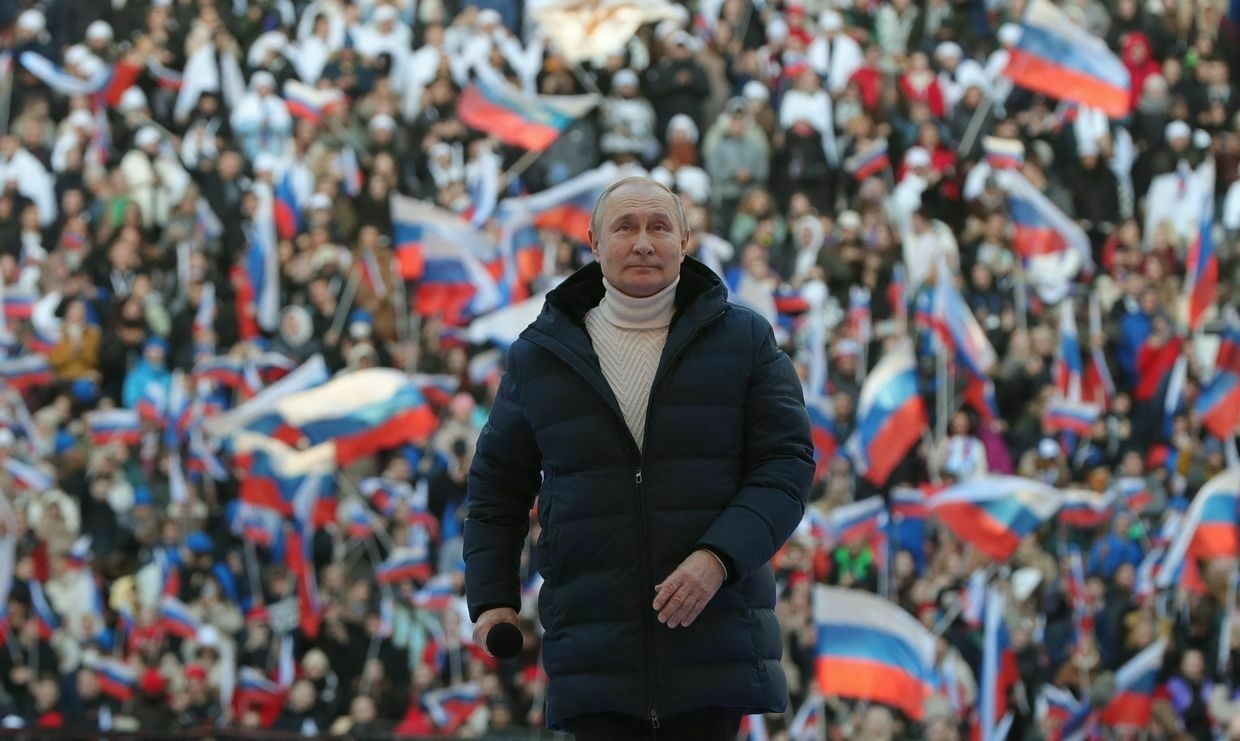
Who would benefit from a ceasefire on the ground?Following talks in Jeddah on March 11, Kyiv said it had agreed to a 30-day ceasefire proposed by Washington, provided that Russia did as well.
On March 13, Putin said Russia was ready to agree to the U.S.-proposed ceasefire with Ukraine but then followed up with a list of demands that Kyiv and Washington must accommodate in order for Moscow to proceed with peace talks.
The topic of a potential ceasefire is first on the list of the upcoming Trump-Putin phone call scheduled for March 18.
Meanwhile, both Ukraine and Russia have experienced problems with manpower and equipment.
Russia has been on the offensive in Donetsk Oblast since 2023, with its advance bogging down over the past month and Ukrainian troops even making gains near the towns of Toretsk and Pokrovsk.
Ukraine, however, has faced setbacks in Russia’s Kursk Oblast, losing the key town of Sudzha and withdrawing closer to the border.
Peter Layton, a military expert at the Royal United Services Institute, said that “both sides would try to rearm during a ceasefire and rush supplies forward to the front line."
“Ukraine was suffering from Russia’s manpower advantages, especially in Kursk (Oblast).”
Federico Borsari, a defense expert at the Center for European Policy Analysis, also argued that "the ceasefire would be beneficial for both sides, given the issues and problems both Ukrainian and Russian forces face."
However, Ukraine would still gain a bit more from a potential ceasefire.
Borsari said that a ceasefire "will allow much-needed (Ukrainian) unit rotations in key sectors of the front line (Sumy-Kursk, Lyman, etc), train new forces, strengthen defenses, and resupply units along the front lines."
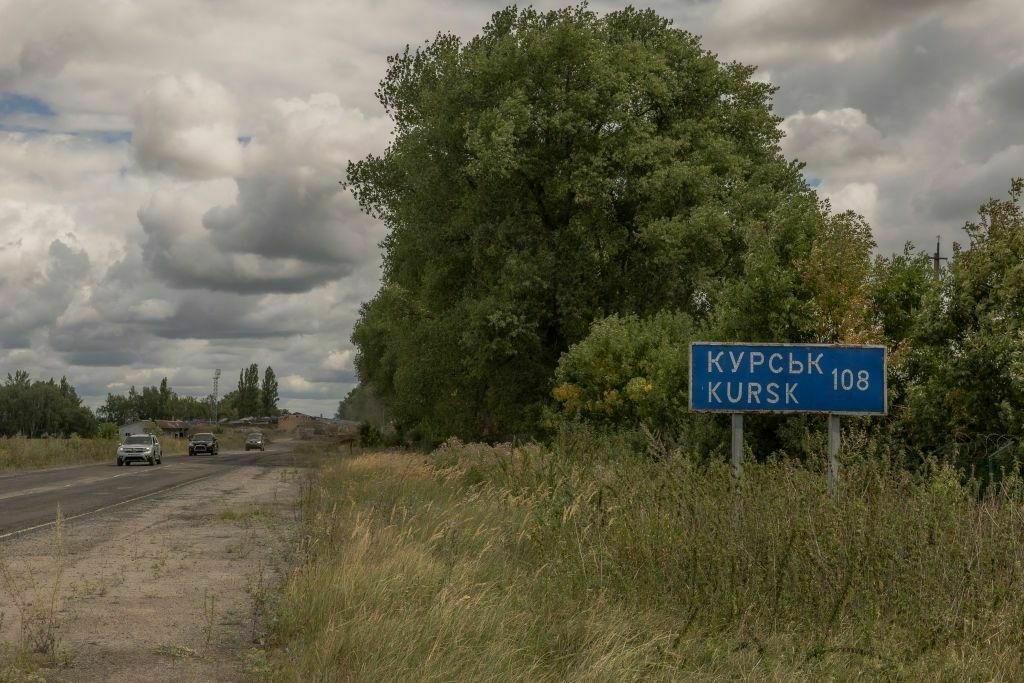
Ukrainian military vehicles driving past the border crossing point into Russia's Kursk Oblast from neighboring Sumy Oblast, Ukraine on Aug. 13, 2024. (Roman Pilipey/AFP via Getty Images) "Ukraine was suffering from Russia's manpower advantages, especially in Kursk (Oblast), and as the two sides seem to be on a relative technological parity in the use of tactical drones, a ceasefire gives Ukraine time to carefully assess the situation on the front line, establish more anti-drone countermeasures, and train new forces," he added.
"Russia was advancing in Kursk (Oblast), so a ceasefire may be detrimental to any potential attempt to advance in (bordering) Sumy (Oblast) by exploiting Ukrainian vulnerabilities in that localized area."
Meanwhile, Bruchmann said that "there is an overriding political imperative, so the ceasefire approval in principle is good for Ukraine as it reinvigorates the U.S.-Ukraine weapons and intelligence partnership."
"Everything else pales in comparison," he added.
But in some areas of the front a ceasefire could favor Russia more than Ukraine at the moment.
"In recent days, Ukrainian forces have managed to regain sizeable chunks of territory near Toretsk while also stopping Russian advances southwest of Pokrovsk," Borsari argued.
"Russian forces in these areas were becoming overstretched and lacked sufficient mechanized support to continue their assaults. A ceasefire, therefore, would be more beneficial for Russia in this specific sector."
Ukrainian drones strike deeper into Russia, aiming to break war machine, sow discontentJust before sunrise on an otherwise sleepy weekend near Moscow, a Russian eyewitness of Ukraine’s kamikaze drone attack on the Kashira Power Plant appeared stunned, unleashing an expletive-laden tirade with his wife alongside. “They f***g attacked the power plant! Wow, honey!” he said in a video po…The Kyiv IndependentOleg Sukhov
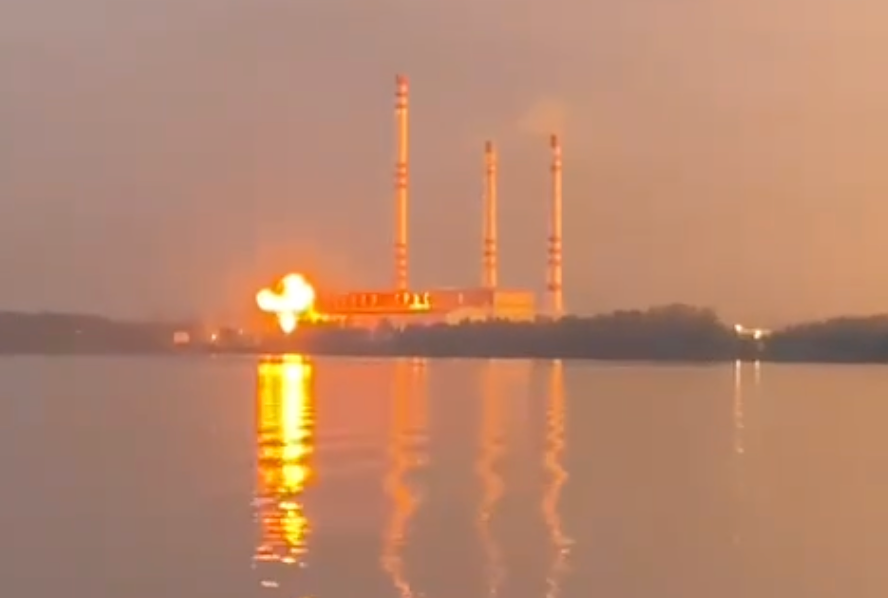
Ukraine would benefit from a ceasefire in the skyMeanwhile, Ukraine would clearly benefit from a halt in Russia's air assaults and bombardments, analysts say.
Russia has been attacking Ukraine's entire territory with drones and missiles on a daily basis. As a result, a large part of Ukraine's energy infrastructure has been damaged or destroyed.
Ukraine has retaliated, striking deep into Russia with drones of its own making and attacking border regions with foreign-provided missiles. Although Ukraine has caused damage to refineries, ammunition depots, and troops, the impact has been less devastating than that of Russian attacks on Ukraine.
The foreign-provided missiles are also running out.
"While Ukraine's long-range strike campaign against Russian bases and infrastructure has had some significant effects, especially in forcing Russian forces to distribute their assets in less efficient ways, it is undeniable that the impact of Russia's long-range strike campaign on Ukrainian society, industry, and the military has been greater," Justin Bronk, a senior research fellow at the London-based Royal United Services Institute, told the Kyiv Independent.
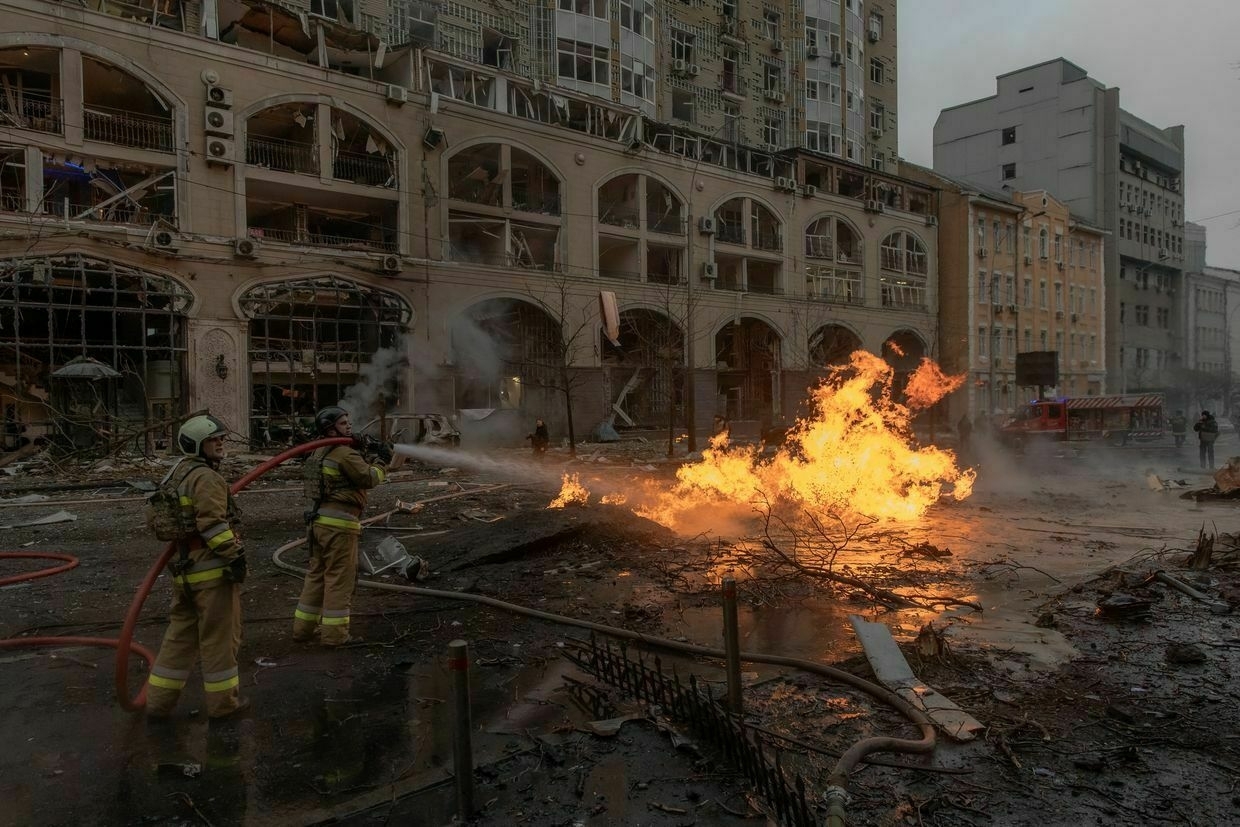
Ukrainian firefighters extinguish a fire at the site of a Russian missile attack in Kyiv, Ukraine, on Dec. 20, 2024. (Roman Pilipey/AFP via Getty Images) 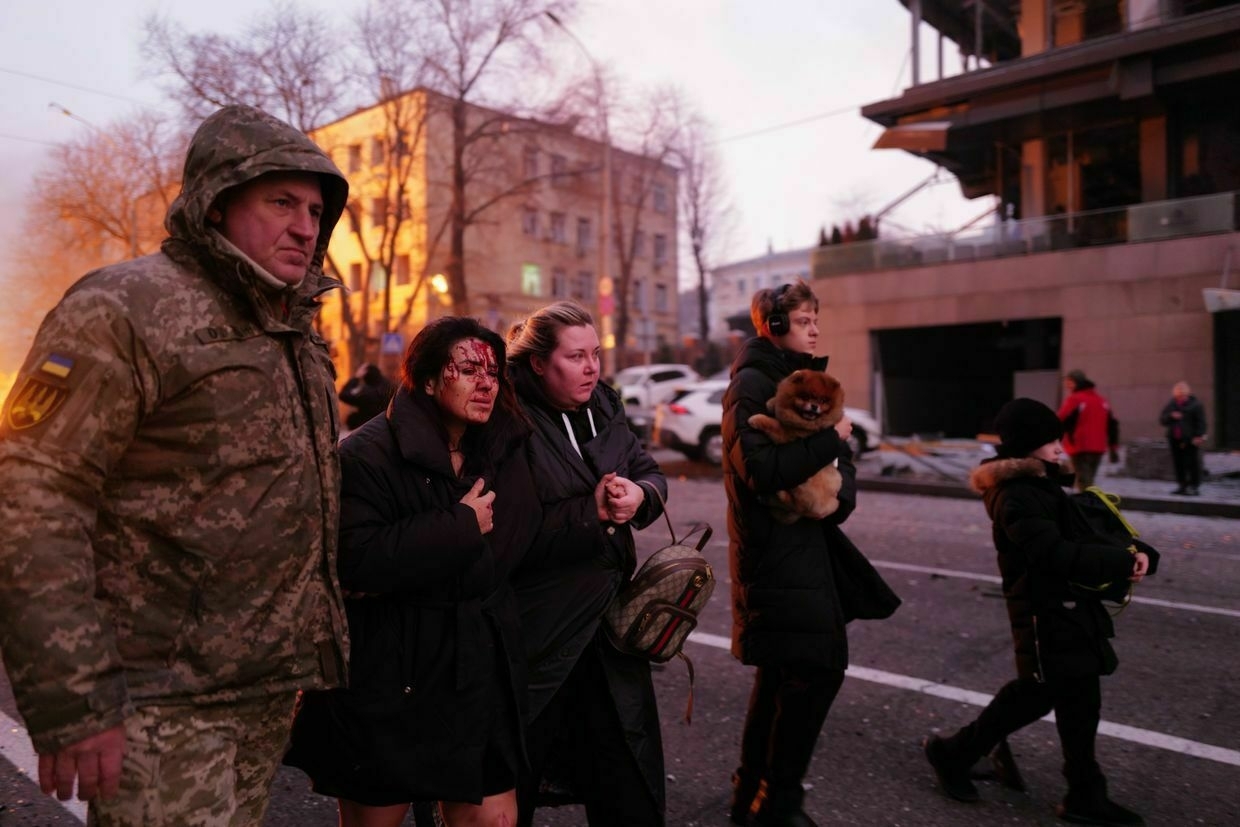
People receive help after missile debris, preliminarily identified as Kinzhal, fell in the Holosiivskyi district of Kyiv, Ukraine, on Dec. 20, 2024. (Vlada Liberova/Libkos/Getty Images) "This is due to the far greater strike weight, especially in terms of heavier cruise and ballistic missiles, that Russian forces can generate. Therefore, any ceasefire agreement covering long-range strikes and aerial glide bomb attacks would almost certainly be more advantageous for Ukraine than for Russia — assuming all other factors remain equal."
Borsari argued that "Ukraine would be able to significantly replenish its air-defense interceptors stocks and repair critical energy infrastructure, though Russia can also restock its missile arsenal for newer attacks."
Erik Stijnman, a military expert at the Netherlands Institute of International Relations (Clingendael), said that "both air forces do not have air superiority, let alone air supremacy over the contested battlespace."
"Removing the glide bomb out of the equation will probably benefit the Ukrainians a bit more," he added. "Although enforcing a ceasefire for air assets should be achievable, restricting or enforcing the use of drones is very difficult, as it is to attribute the use of drones to one of the parties."
However, Russia could also need a respite from Ukrainian drone attacks.
"What Ukraine's strike campaign has done is to significantly drive up the costs of aggression for Russia," Fabian Hoffman, a defense policy expert at the Oslo Nuclear Project, told the Kyiv Independent.
"The effectiveness of the strike campaigns has varied on both sides, so has their impact. At times, Ukraine's campaign was likely more effective, while at other times Russia's was."
Ukraine struggles to hold on in Kursk Oblast as Russia strikes back before peace talksUkraine’s retreat from Kursk Oblast appears more likely as the latest news shows Russia taking ground amid intense attacks to drive Ukraine out, experts and soldiers say. Retaking Ukrainian-held territory in Kursk Oblast could leave Kyiv without its hard-fought bargaining chip before potential negot…The Kyiv IndependentNatalia Yermak

Black Sea questionIn the Black Sea, meanwhile, the ceasefire would give Russia some breathing room.
Ukraine has successfully targeted Russian warships with drones and missiles, pushing them out of large parts of the Black Sea. One of Ukraine's most spectacular successes was the sinking of Russia's flagship cruiser Moskva in 2022.
Ukraine's victories have allowed it to launch a corridor in the Black Sea in 2023 to ship its grain and other agricultural products.
Bruchmann said that "on the seas, (a ceasefire) might favor Russia slightly."
"I think the Russians failed to seize the initiative in the Black Sea for some time," he said. "Their navy is boxed in and did not find a solution against Ukrainian unmanned surface vehicles (USVs), which seem to have become more lethal and versatile."
Meanwhile, Borsari said that "overall, the ceasefire would not bring any significant change in the Black Sea."
"In the Black Sea, we have seen a progressive decrease in Ukrainian attacks against Russian naval assets due to Russia's adaptation and decision to move most of its assets further away and outside the reach of Storm Shadow/SCALP cruise missiles," he added. "Ukraine has used USVs and motherships with first-person view drones (FPVs) to destroy a few valuable air-defense systems."
"This would benefit both parties, but probably Ukraine more, as it has access to one route."
Stijnman said that "looking at operational advantages, a ceasefire on the sea will probably be the easiest to enforce, allowing the unhindered use of sealines of communications."
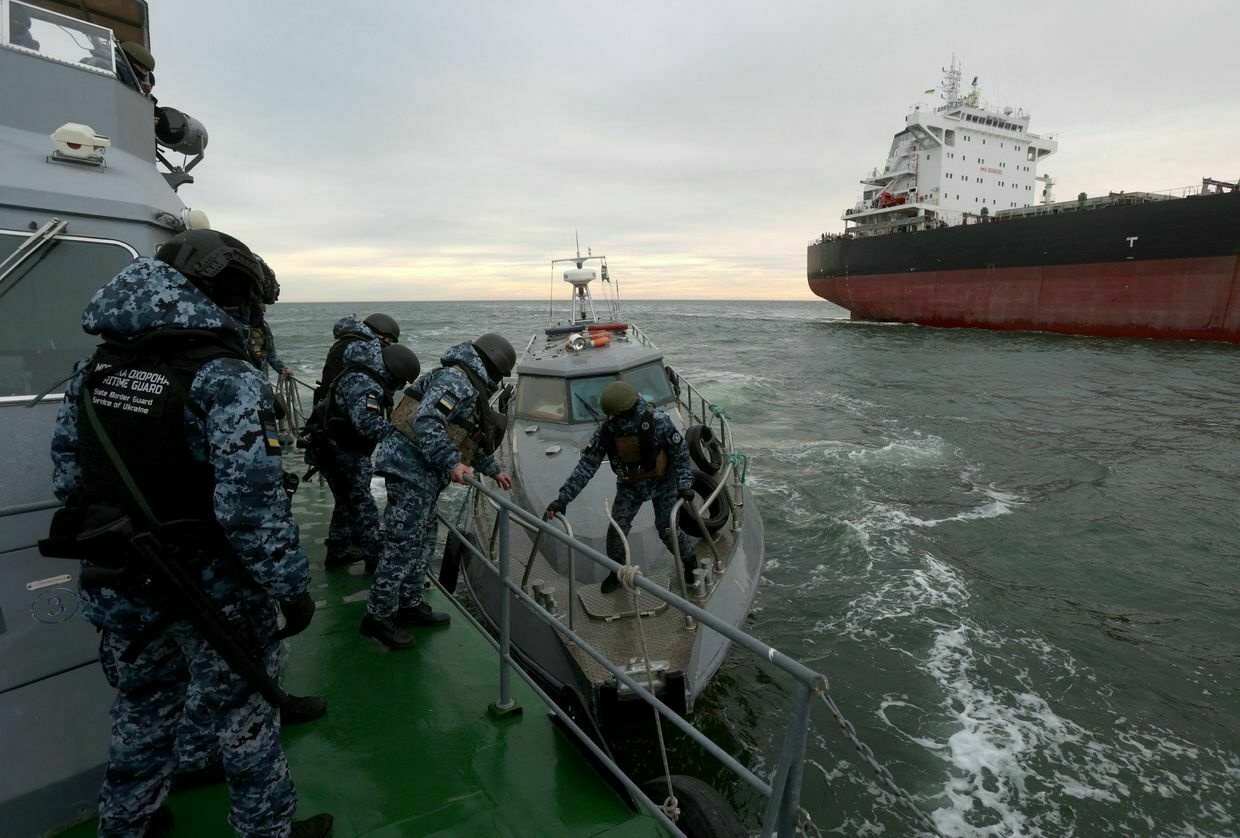
A Ukrainian Maritime Guard inspection group prepares to board a cargo ship in the northwestern Black Sea on Dec. 18, 2023, amid the Russian invasion. (Anatolii Stepanov/AFP via Getty Images) "This would benefit both parties, but probably Ukraine more, as it has access to one route," he added.
The prospects for a ceasefire at sea, in the air, and on land remain unclear, but both Ukraine and Russia could see it as an opportunity.
"Both parties will need to prepare for the next phase, whatever it will be," Stijnman said.
"The advent of ceasefire negotiations, ceasefires, and peace negotiations will create a window of opportunity to (re)gain a more advantageous position over the other (side), either in a defensive, offensive, or stabilizing operation framework."
"The difficulty with any ceasefire, however, is that all parties are unsure to what extent the other party will commit to the agreements made," he added.
-
EU plan to send over $40 billion in military aid has 'broad political support,' Kallas says
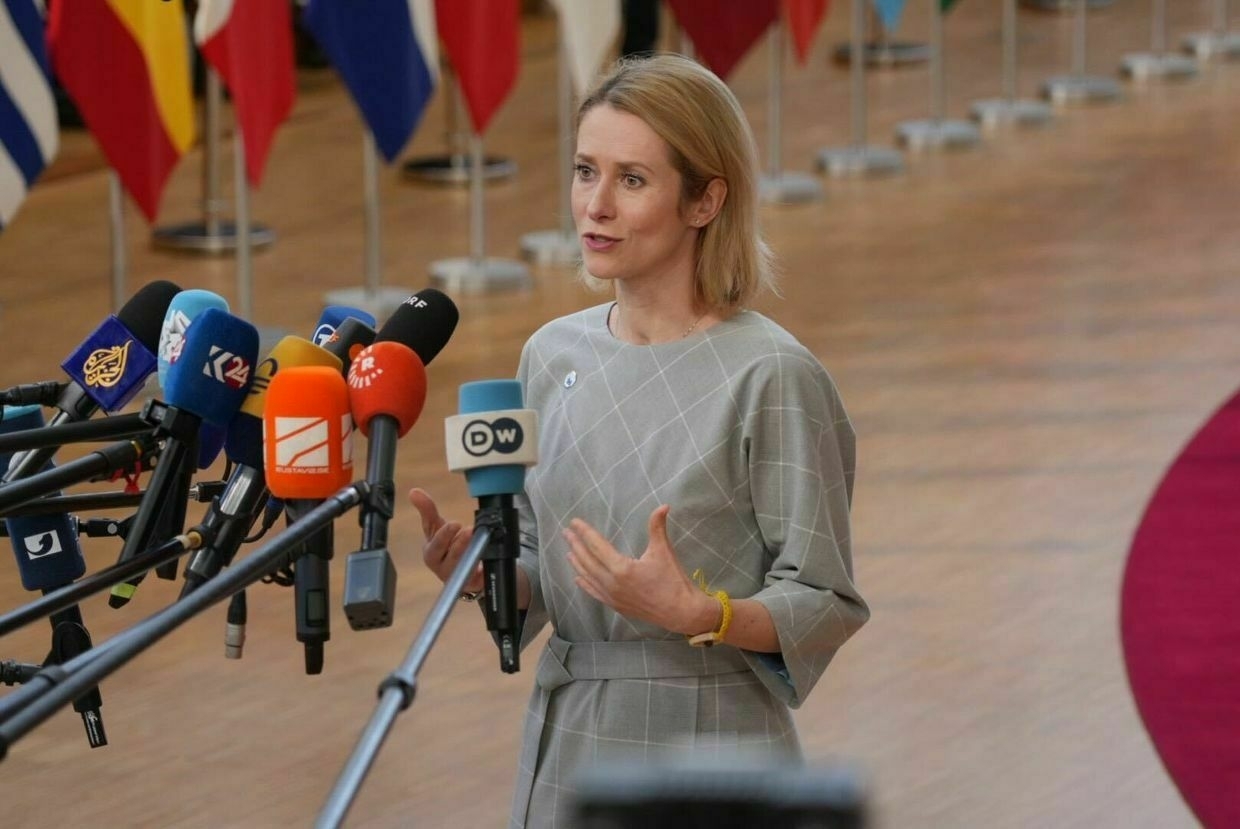
The initiative to provide Ukraine with 40 billion euros ($43.6 billion) in military aid has “broad political support” among EU member states, EU foreign policy chief Kaja Kallas said on March 17 before the Council of Foreign Ministers meeting in Brussels.
EU diplomats reportedly suggested doubling military aid for Ukraine as the Trump administration’s steps cast doubt on its commitment to Kyiv’s security.
Some member states have reacted cautiously to the initiative, according to Reuters. Kallas refuted these claims, saying there is “a broad political support,” but “a lot of details need to be worked out."
“It’s important that the Сouncil said that we need to move swiftly, and that is what we are doing,” Kallas said.
The EU foreign policy chief also added that the initiative will be discussed during a separate meeting involving EU defense ministers, which is scheduled on April 2-3 in Warsaw, Poland.
Hungary’s Foreign Minister Peter Szijjarto previously denounced EU plans to provide Ukraine with additional aid.
“We won’t be dragged into this; we will not allow Hungarian taxpayers' money to be used to finance arms shipments to Ukraine,” Szijjarto said, insisting instead that Budapest supports peace negotiations.
Hungary’s leader, Viktor Orban, has consistently obstructed and delayed sanctions against Russia and military support for Kyiv. He has also lauded U.S. President Donald Trump’s reelection, expressing expectations of a quick end to the war.
Lithuania backs EU plan for $43.5 billion in military aid to Ukraine, Reuters reportsLithuania ranks among Europe’s top defense spenders, allocating 2.85% of its GDP to defense in 2024, according to NATO estimates.The Kyiv IndependentOlena Goncharova
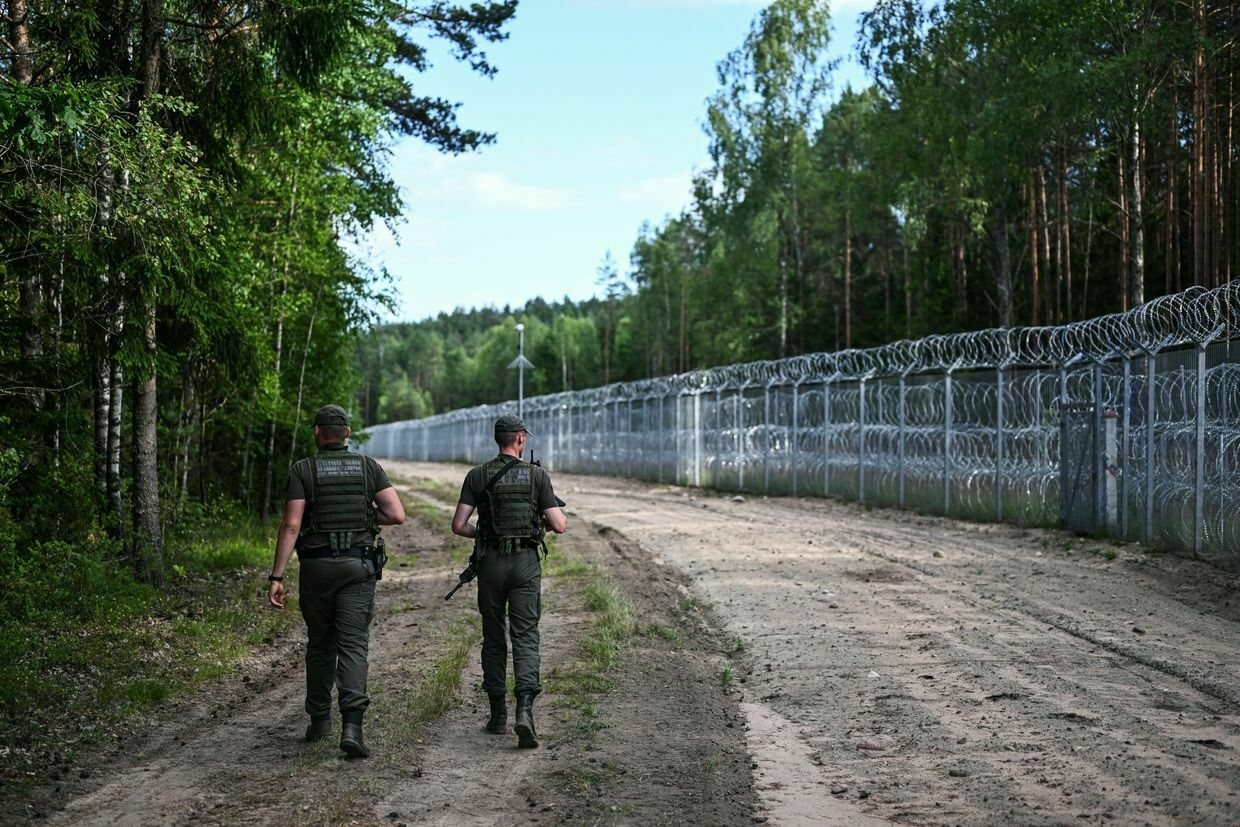
-
EU foreign ministers to discuss US withdrawal of funding for RFE/RL
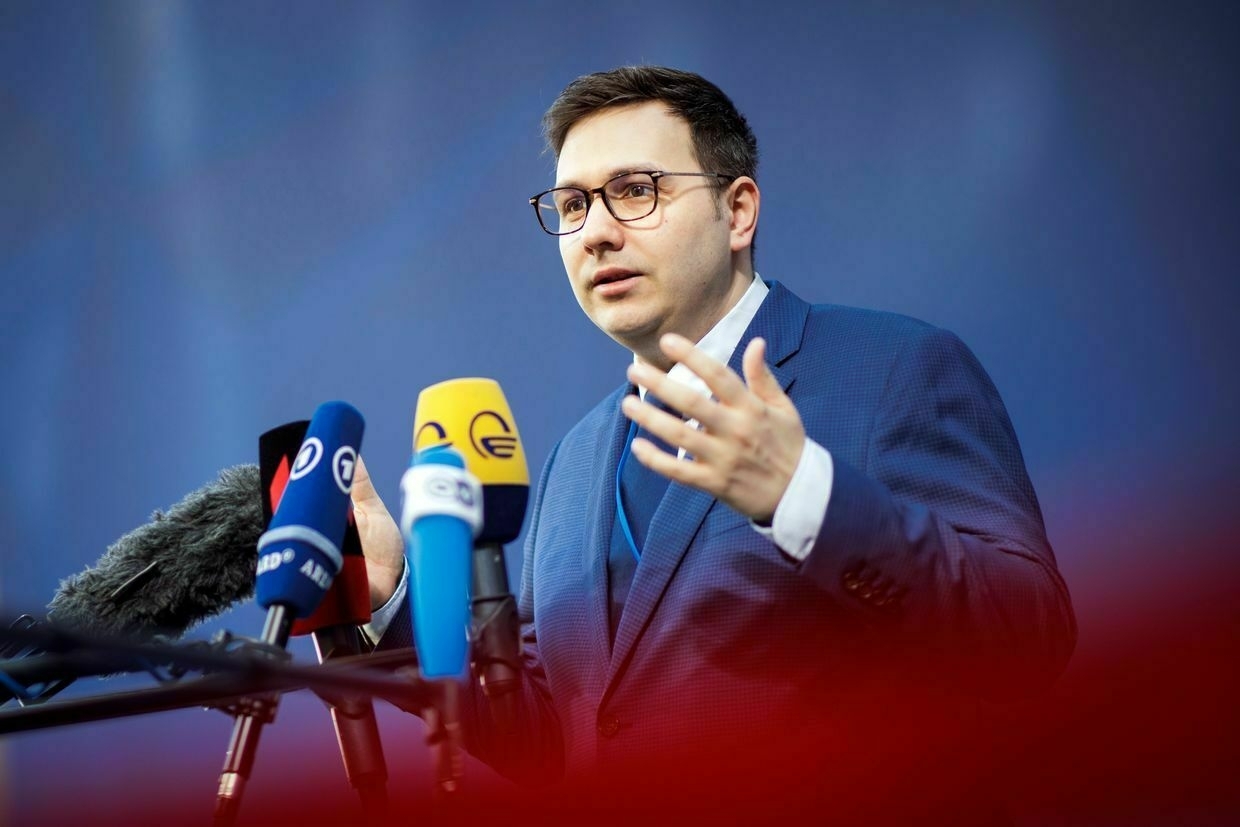
EU foreign ministers are set to discuss the termination of the U.S. grant that funded Radio Free Europe/Radio Liberty (RFE/RL) during a meeting in Brussels on March 17, according to a Kyiv Independent reporter in Brussels.
The news follows U.S. President Donald Trump’s executive order on March 14 to eliminate seven federal agencies, including the U.S. Agency for Global Media (USAGM), which oversees RFE/RL and Voice of America (VoA).
As a result of Trump’s decision, the congressionally authorized grant that funded RFE/RL has been terminated.
Before the ministerial meeting in Brussels, Czech Foreign Minister Jan Lipavsky emphasized the importance of RFE/RL and VoA’s work, calling them a “beacon” for people living in countries under authoritarianism.
“Do we see value in such an organization, broadcasting to countries like Russia, Belarus, Iran, and many others? And if we see such value, what are we willing to do to keep such a service in our favor?” Lipavsky said, adding that the Czech Republic has hosted Radio Liberty’s headquarters in Prague for almost three decades.
Czech officials also circulated among their EU colleagues a draft statement seen by RFE/RL expressing grave concerns about the situation with RFE/RL’s funding.
Polish Foreign Minister Radoslaw Sikorski confirmed that the EU is considering options to help the media after the U.S. funding cutoff, according to a Kyiv Independent reporter in Brussels.
“We are at the stage of brainstorming, but clearly, these are worthy institutions whose mission should continue,” Sikorski said.
Trump has long criticized U.S.-funded media organizations, criticizing them over their coverage of the U.S. president, and often referring to them as “fake news."
The Trump administration has previously cut thousands of federally-funded positions, with the cuts directly impacting support for Ukraine.
In February, the Trump administration terminated the employment of top officials from the U.S. Agency for International Development (USAID) after they attempted to prevent representatives from Elon Musk’s DOGE from accessing restricted areas.
‘Everyone is really shocked and upset’ — Trump administration puts Voice of America journalists on leave, cuts funding to Radio Free EuropeThe Trump administration on March 15 followed up a on an executive order signed a day earlier by President Donald Trump vowing to gut funding for the U.S. Agency for Global Media (USAGM), which oversees Voice of America (VOA) and Radio Free Europe/Radio Liberty (RFE/RL). As aThe Kyiv IndependentDmytro Basmat

-
Trump and Putin Talk. Europe Agreed About Peacekeepers. New Aid Package From EU to Ukraine
-
Germany's military rebirth is Europe’s best bet against Putin
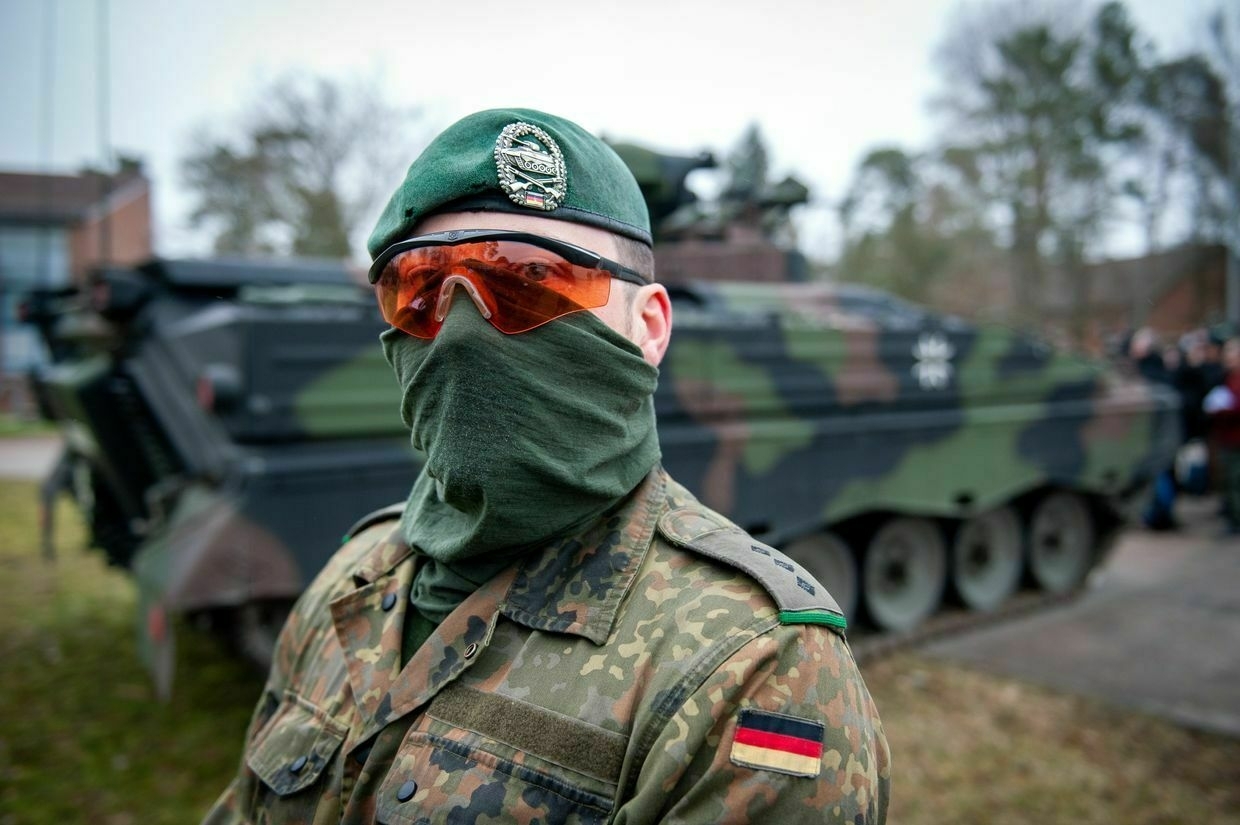
When Russian President Vladimir Putin launched his full-scale invasion of Ukraine in February 2022, he knew that he was upending Europe’s security order. But this was more of a tactical gambit than a calculated strategy, and he could not have predicted what would follow. Though U.S. President Donald Trump’s return to the White House has caught Europe flat-footed, it can still keep Putin from walking away a winner.
For now, Putin seems to hold all the cards. The transatlantic relationship is fracturing, as Trump’s isolationist administration criticizes its European allies and casts doubt on his commitment to NATO. Worse, Trump appears to be aligning the United States with Russia in the Ukraine war. While he has threatened to impose new sanctions and tariffs on Russia until a ceasefire and peace deal are reached, he has blamed Ukrainian President Volodymyr Zelensky for the fighting and suspended military aid and intelligence.
But Europe still has a chance to turn things around. Already, it is abandoning its post-Cold War “end of history” mindset, according to which international law reigned supreme, European militaries were for keeping peace, not fighting wars, and the U.S. could be counted on to safeguard Europe’s security.
Finland and Sweden were perhaps the first to realize that “history is back,” and their accession to NATO — in 2023 and 2024, respectively — provided a major boost to the Alliance’s northern flank. Now the European Union also appears to be coming to terms with its new security situation, having just announced an $840 billion rearmament plan. Even Germany, for which the return of history is particularly fraught, is preparing to rearm: incoming Chancellor Friedrich Merz and his likely coalition partners have agreed to create a 500 billion euro ($544 billion) infrastructure fund and loosen fiscal rules to allow for greater investment in defense.
The significance of this move should not be underestimated. Since the end of World War II, Germany has eschewed hard power in favor of the soft kind, serving as an engine of European integration and a bulwark of the rules-based world order. Beginning in the 1960s, this included the pursuit of “constructive engagement” — a foreign-policy approach known as Ostpolitik — with the Soviet Union and then Russia. This explains former Chancellor Angela Merkel’s embrace of Russian energy supplies, despite the objections of other EU members and the U.S.
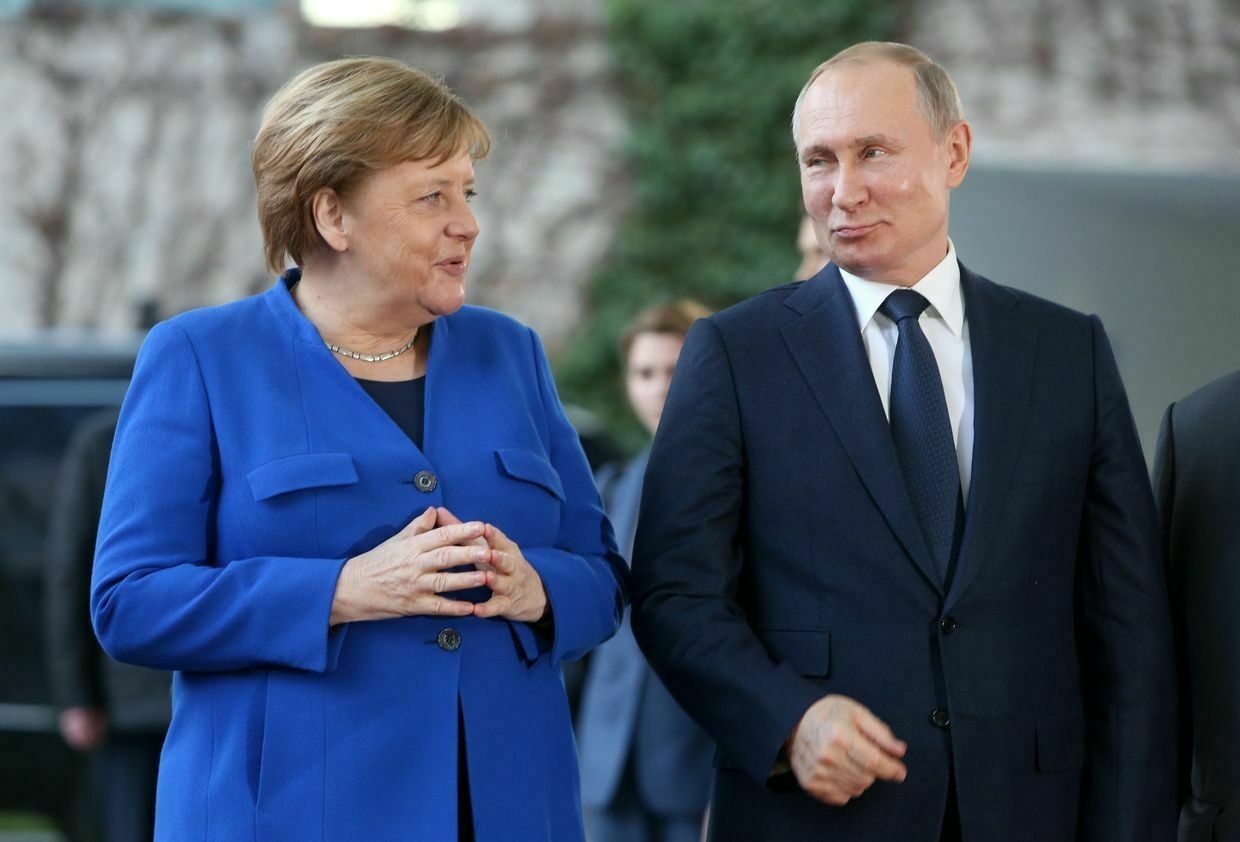
Then-German Chancellor Angela Merkel (L) greets Russian President Vladimir Putin (R) at a summit on Libya at the German Chancellery in Berlin, Germany, on Jan. 19, 2020. (Adam Berry/Getty Images) Putin’s full-scale invasion of Ukraine drove a stake through the heart of Ostpolitik. Within days, Merkel’s successor, Olaf Scholz, announced an “epochal change” (“Zeitenwende”) in Germany’s defense and foreign policy. But it is Merz who is set to oversee a true break from Germany’s postwar past — a change that will require the country to confront the most daunting, destructive ghosts of its history.
For starters, there is the fiscal revolution. Germany’s frugality has been a source of considerable tension in the EU, particularly during the eurozone debt crisis of the early 2010s. But Germans — not least Merkel — recalled all too well how hyperinflation had paved the way for the rise of Adolf Hitler, and in 2009 Merkel’s first government introduced a constitutional restriction on structural budget deficits to 0.35% of GDP annually, also known as the “debt brake” (“Schuldenbremse”). Against this backdrop, Merz’s planned overhaul of borrowing rules — including the modification and possible elimination of the debt brake — represents a radical change in Germany’s priorities.
More broadly, Merz appears prepared to embrace European leadership. Despite being the EU’s largest economy, Germany has long been reluctant to assume a genuine leadership role in Europe, particularly in the security domain. The combination of Russian revanchism and U.S. isolationism, however, has made this stance untenable. As Europe’s most populous country, situated in the continent’s “geostrategic center,” Merz says, Germany must “take greater responsibility for leadership” on defense.
To avoid a repeat of the Munich Agreement of 1938 — when France and Britain forced Czechoslovakia to cede territory to Hitler, setting the stage for World War II — Europe must step up quickly to improve Ukraine’s position on the battlefield and, thus, at the negotiating table. Fortunately, substituting lost U.S. financial aid will not be as difficult as Trump would have us believe: to date, Europe has provided far more support for Ukraine’s war effort in dollar terms than the U.S. has. Fulfilling the weapons gap would, however, be far more challenging and probably impossible in the all-important short term.
Once a peace agreement is reached, Europe will have to act as its guarantor — and that means delivering effective deterrence against Russian aggression. A credible nuclear umbrella is essential. That is why Merz has suggested replacing U.S. nuclear warheads in Europe with French and British alternatives. There is even talk of Germany becoming a nuclear power itself.
When NATO intervened in the Kosovo War in 1999, Germany’s then-chancellor, Gerhard Schroeder, ruled that sending ground troops to fight in a country that had once been occupied by Hitler’s “Wehrmacht” was “unthinkable.” Today, as Merz seems to recognize, the unthinkable has become necessary. Only if Germany — and Europe as a whole — puts aside its moral and political inhibitions can it continue to perform its most important role: as a global force for peace and a defender of democratic principles.
Editor’s Note: The opinions expressed in the op-ed section are those of the authors and do not necessarily reflect the views of the Kyiv Independent.
Ukraine is the front line in the battle against oligarchic capitalismThe war in Ukraine is not just a fight for national sovereignty — it’s a battle at the crossroads of a collapsing global order. While Ukrainians heroically resist Russia’s brutal invasion, the war has exposed the fractures of an economic system that has, for decades, concentrated wealth, power, andThe Kyiv IndependentGraden Keller
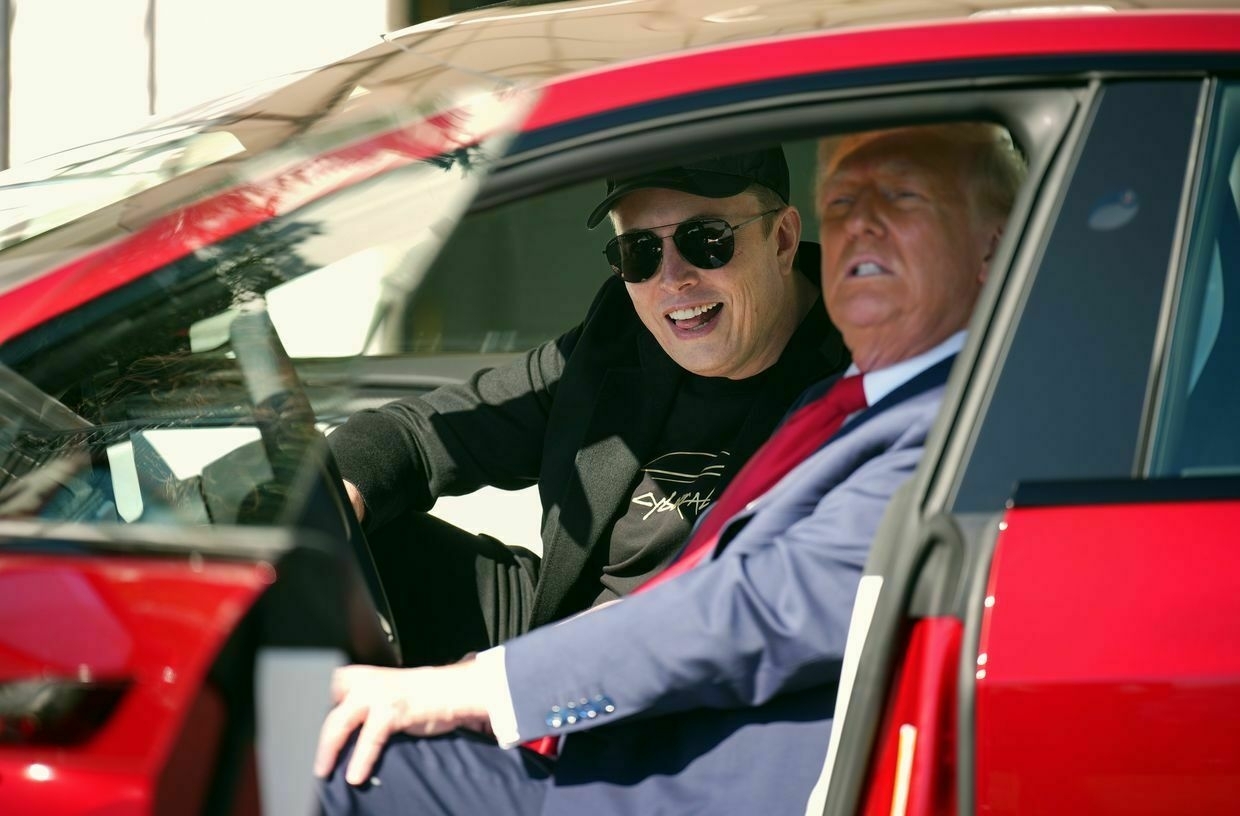
-
Lithuania suspects Russia behind arson attacks in Vilnius and Warsaw last year
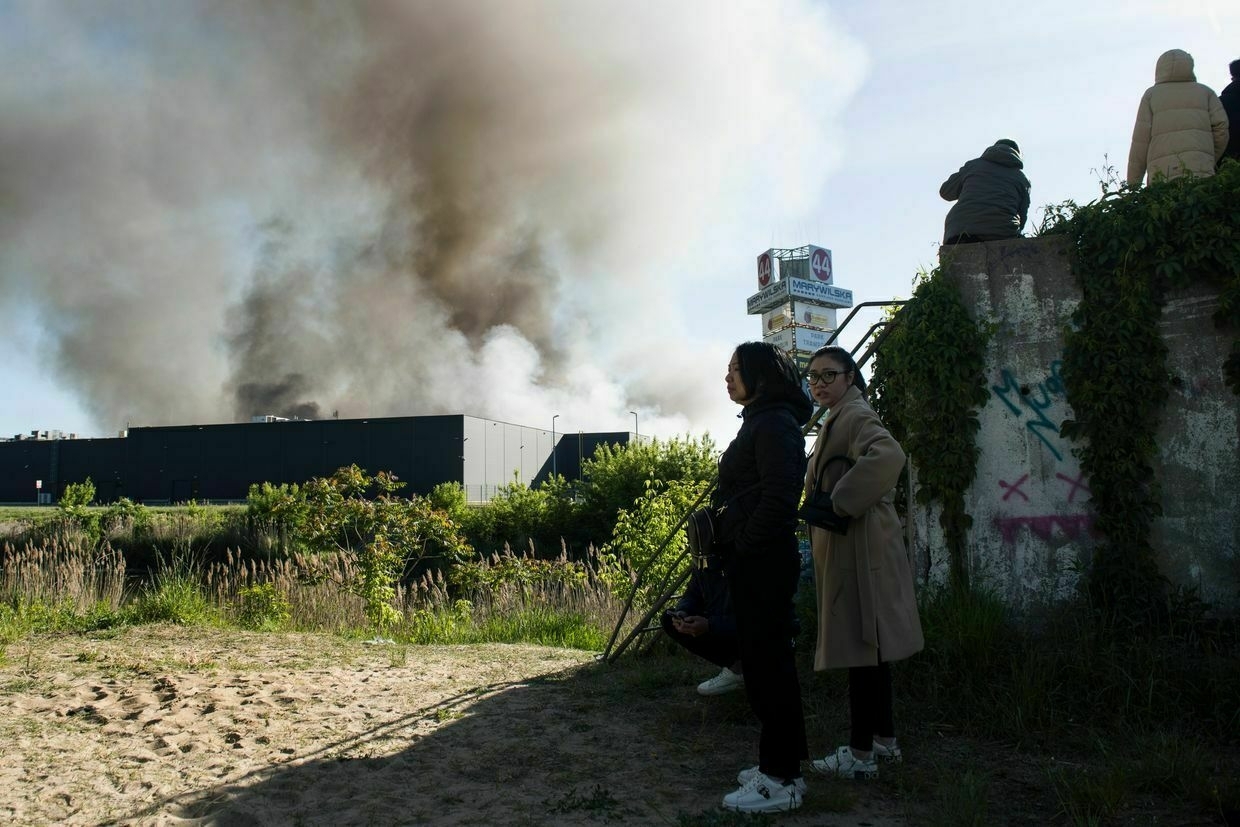
Lithuanian authorities suspect Russia’s intelligence services of orchestrating arson attacks on an IKEA warehouse in Vilnius and a shopping center in Warsaw in 2024, the LRT broadcaster reported on March 17.
A fire broke out at the IKEA warehouse in Vilnius on May 9, 2024, causing an estimated 500,000 euros ($545,000) in damages. Investigators consider the incident a terrorist act and claim two Ukrainian citizens, allegedly recruited by Russian security services, were responsible. One suspect is a minor.
Saulius Briginas, deputy head of the Lithuanian Criminal Bureau, said the fire could have destroyed the entire shopping center if not for the quick response of staff and firefighters.
On May 12, 2024, a massive fire destroyed a shopping center in Warsaw with 1,400 stores. The incident has also been linked to Russian intelligence services.
Arson attacks have also targeted other EU countries, raising suspicions of a coordinated Russian effort to destabilize the countries that support Ukraine against Russian aggression.
The Lithuanian prosecutor’s office alleges that Russia’s military intelligence (GRU) formed a special group to carry out arson attacks across Lithuania, Poland, and Latvia. Polish authorities are jointly investigating, with one suspect detained in Poland.
“Dear allies, the Lithuanian prosecutor’s investigation confirmed our suspicions that Russian secret services were behind the fires in Vilnius and Warsaw,” Polish Prime Minister Donald Tusk posted on X.
“Good to know before negotiations. Such is the nature of this state,” he added, alluding to expected peace talks that the Trump administration seeks to broker between Kyiv and Moscow.
Tensions between NATO and Russia have risen following Moscow’s all-out attack against Ukraine. Western leaders and intelligence agencies have warned of a potential large-scale war in Europe within the next five years, citing Russia’s increasingly aggressive posture.
Moscow has denied involvement or refrained from commenting on the sabotage incidents.
Territorial integrity, military size, alliances — FM Sybiha sets 3 ‘fundamentals’ for potential peace talksForeign Minister Andrii Sybiha stressed that Ukraine’s territorial integrity and sovereignty are non-negotiable, reaffirming that Kyiv will never recognize Russian-occupied territories as part of Russia.The Kyiv IndependentTim Zadorozhnyy
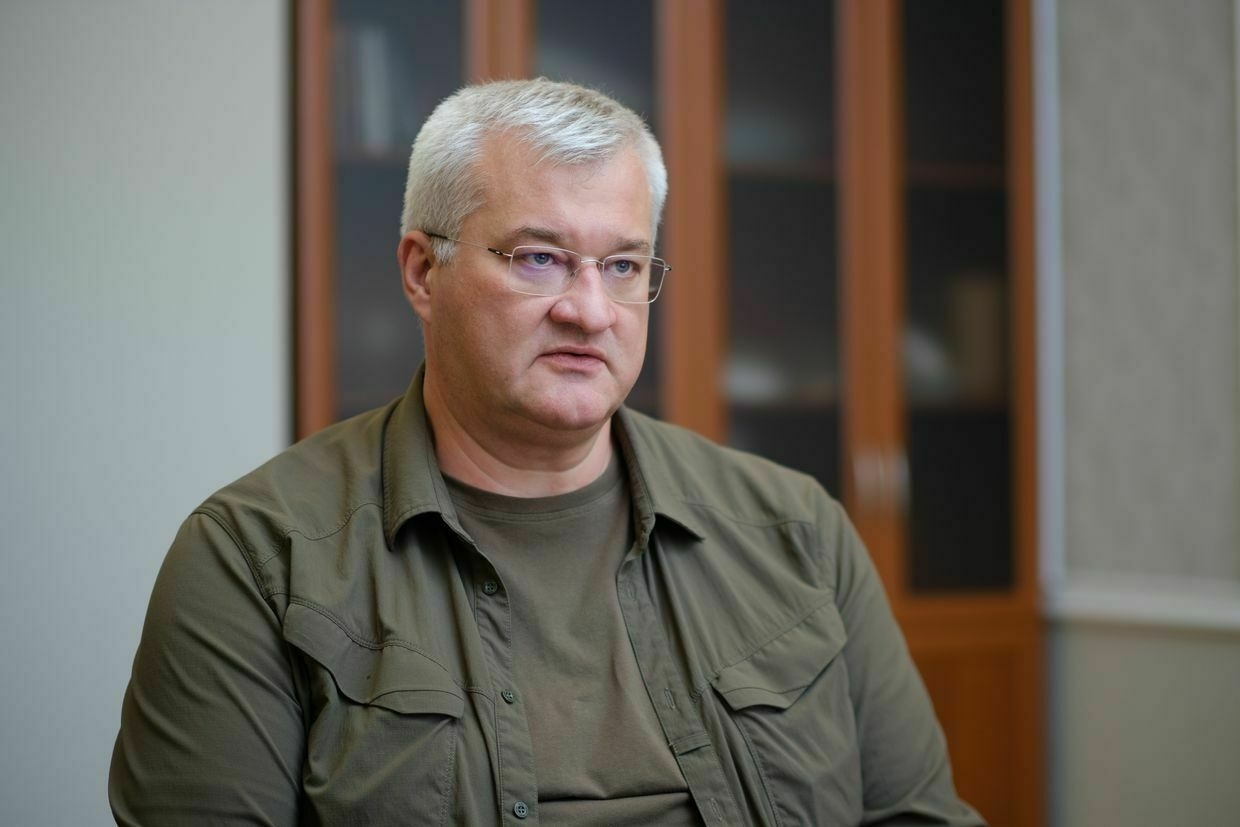
-
Rubio asked Hungary not to block EU sanctions, Politico reports
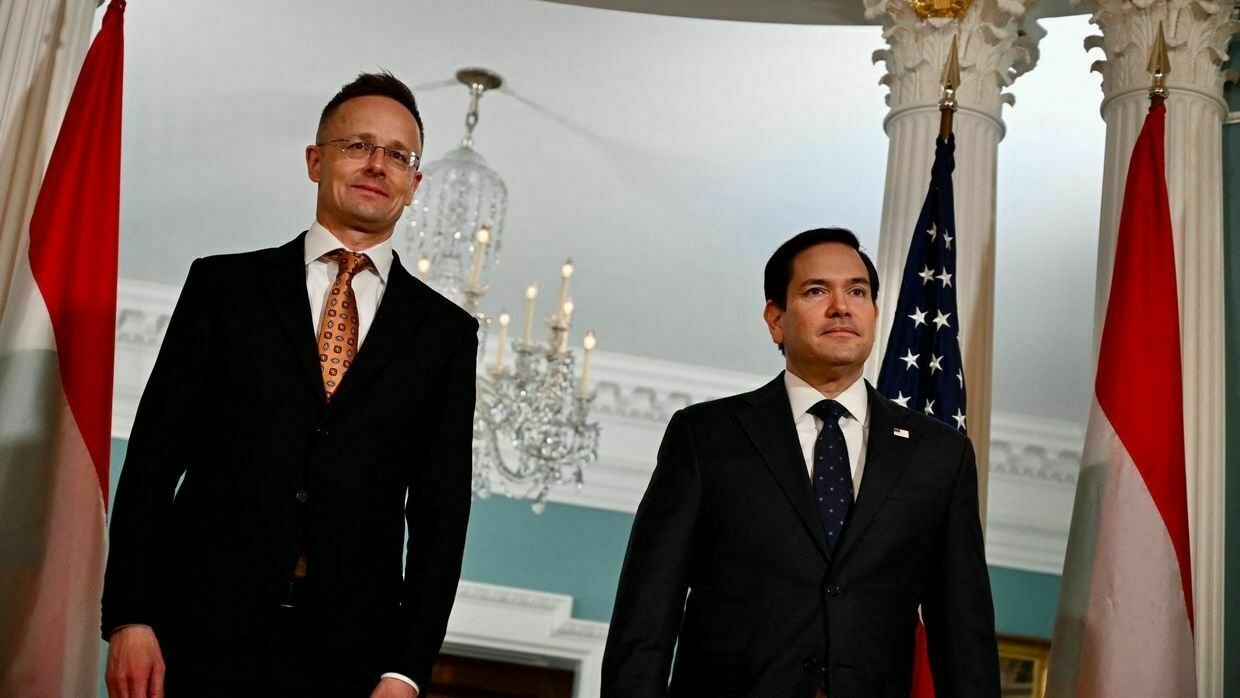
Hungary has dropped its threat to block the extension of EU sanctions against Russia following a conversation between Hungarian Foreign Minister Peter Szijjarto and U.S. Secretary of State Marco Rubio, Politico reported on March 17, citing undisclosed sources.
In January, Budapest said it plans to veto the sanctions renewal, citing U.S. President Donald Trump’s return to the White House and the possibility of a shift in U.S. policy toward Russia.
Since then, Trump has warned Russia of additional sanctions and trade measures unless it agrees to peace talks in Ukraine.
According to two Politico sources, Rubio urged Szijjarto to refrain from undermining the EU sanctions system, contributing to Budapest’s decision to support the measures.
The outlet nevertheless notes that Trump could alter his approach at any time by offering to ease sanctions as part of negotiations with Russia. If that happens, the EU could lose leverage over Hungary, which has repeatedly used its veto power to extract concessions from Brussels.
Hungarian Prime Minister Viktor Orban, widely considered the EU’s most Russian-friendly leader, has consistently opposed military aid for Ukraine and warned that Ukraine’s EU accession would “destroy” Hungary.
Orban has maintained close ties with Russia despite its full-scale invasion of Ukraine.
The EU’s sanctions framework includes economic measures and restrictions on over 2,400 individuals and entities linked to Russia.
Since sanctions must be extended unanimously, a Hungarian veto could force the EU to negotiate new compromises or risk a lapse in enforcement.
Territorial integrity, military size, alliances — FM Sybiha sets 3 ‘fundamentals’ for potential peace talksForeign Minister Andrii Sybiha stressed that Ukraine’s territorial integrity and sovereignty are non-negotiable, reaffirming that Kyiv will never recognize Russian-occupied territories as part of Russia.The Kyiv IndependentTim Zadorozhnyy
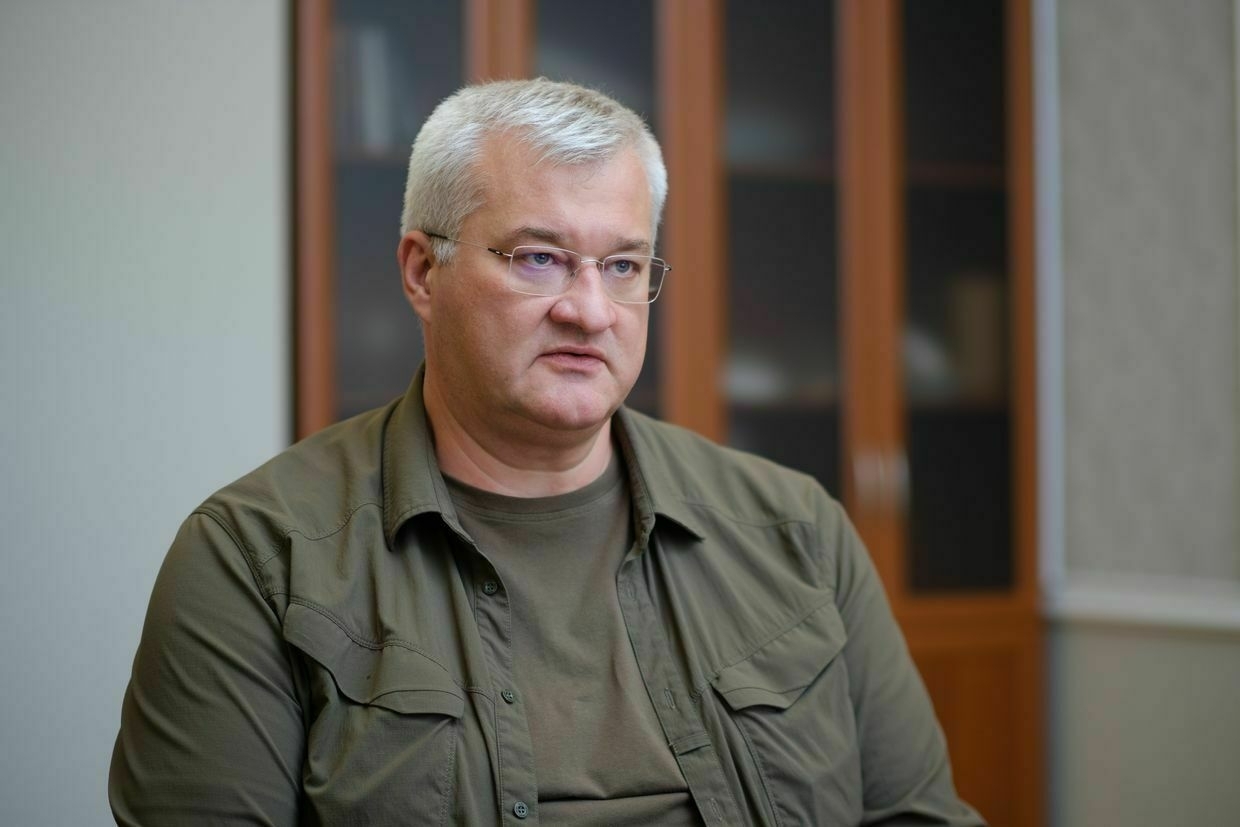
-
Territorial integrity, military size, alliances — FM Sybiha sets 3 'fundamentals' for potential peace talks
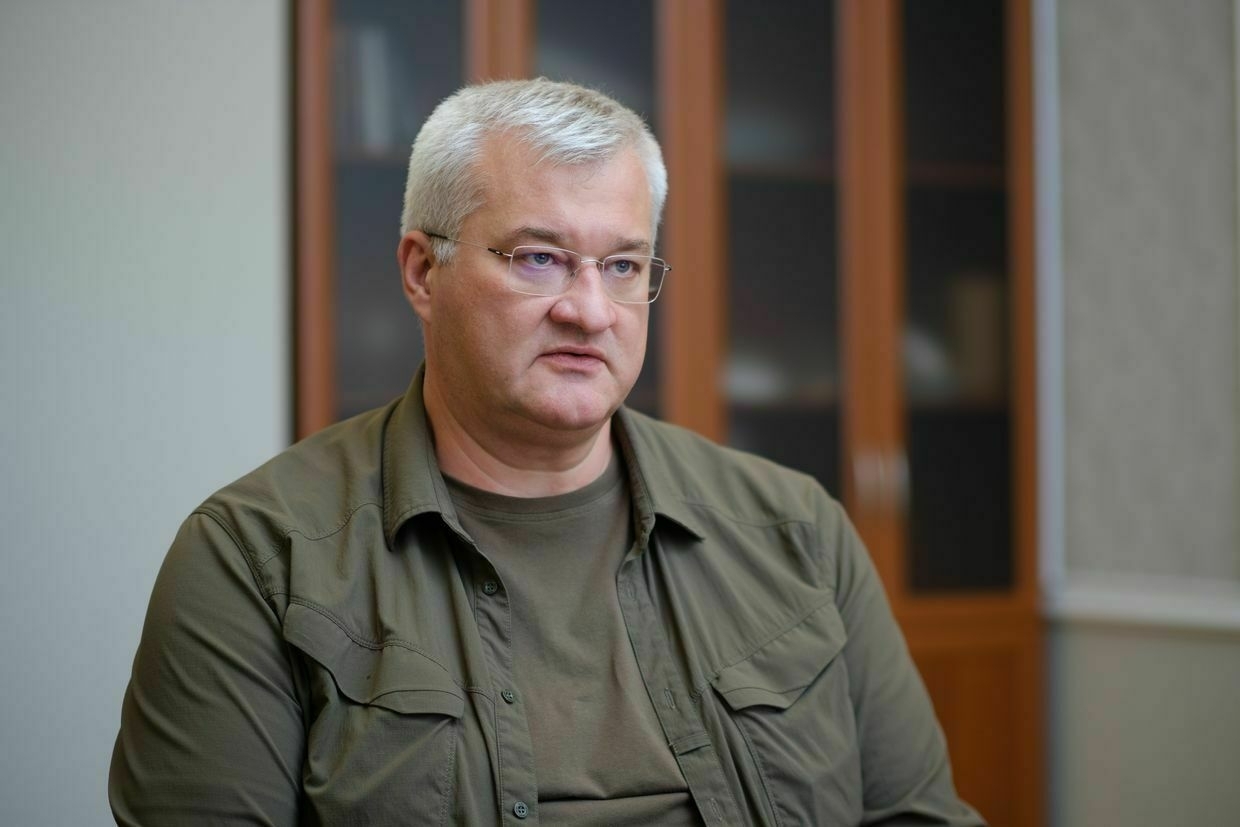
Foreign Minister Andrii Sybiha outlined three key conditions for future negotiations to end Russia’s war against Ukraine in an interview with RBC-Ukraine published on March 17.
“I don’t like this definition (red lines). There are fundamental things that are non-negotiable, that cannot be touched upon,” Sybiha said when asked what Ukraine’s red lines are in potential talks.
Sybiha stressed that Ukraine’s territorial integrity and sovereignty are non-negotiable, reaffirming that Kyiv will never recognize Russian-occupied territories as part of Russia. President Volodymyr Zelensky voiced this stance back on March 12.
Despite this, the Trump administration has suggested that Kyiv and Moscow must compromise on a peace deal, calling Ukraine’s goal of restoring its pre-2014 borders “unrealistic.”
Russian forces currently occupy roughly 20% of Ukraine, where reports of systematic repression, torture, and forced deportations continue to emerge.
According to Sybiha, the second key condition is Ukraine’s right to choose its alliances. He emphasized that no country should have a veto over Ukraine’s NATO and EU aspirations.
Kyiv officially applied to join NATO in September 2022, and in 2024, the alliance declared Ukraine’s path to membership “irreversible,” though no formal invitation has been extended.
Sybiha also underscored that Ukraine’s ability to defend itself must remain unrestricted, meaning there can be no restrictions on the Ukrainian Armed Forces.
“Russia must be held accountable. These are all elements of a lasting peace,” he said.
On March 13, President Vladimir Putin said Russia was willing to accept a U.S.-proposed 30-day ceasefire but demanded guarantees that Kyiv would halt mobilization, military training, and foreign aid deliveries — conditions that could leave Ukraine vulnerable to renewed aggression.
U.S. President Donald Trump is set to speak with Putin on March 18 to discuss ending the war in Ukraine. While Trump seeks to secure a deal, European allies and Ukraine warn that a rushed agreement without security guarantees may fail to ensure lasting peace.
Russia open to civilian observers in Ukraine under possible peace deal“A peace treaty may provide for unarmed observers in Ukraine, a civilian mission to monitor the implementation of certain aspects of the agreement, or guarantee mechanisms,” Russian Deputy Foreign Minister Alexander Grushko said.The Kyiv IndependentTim Zadorozhnyy
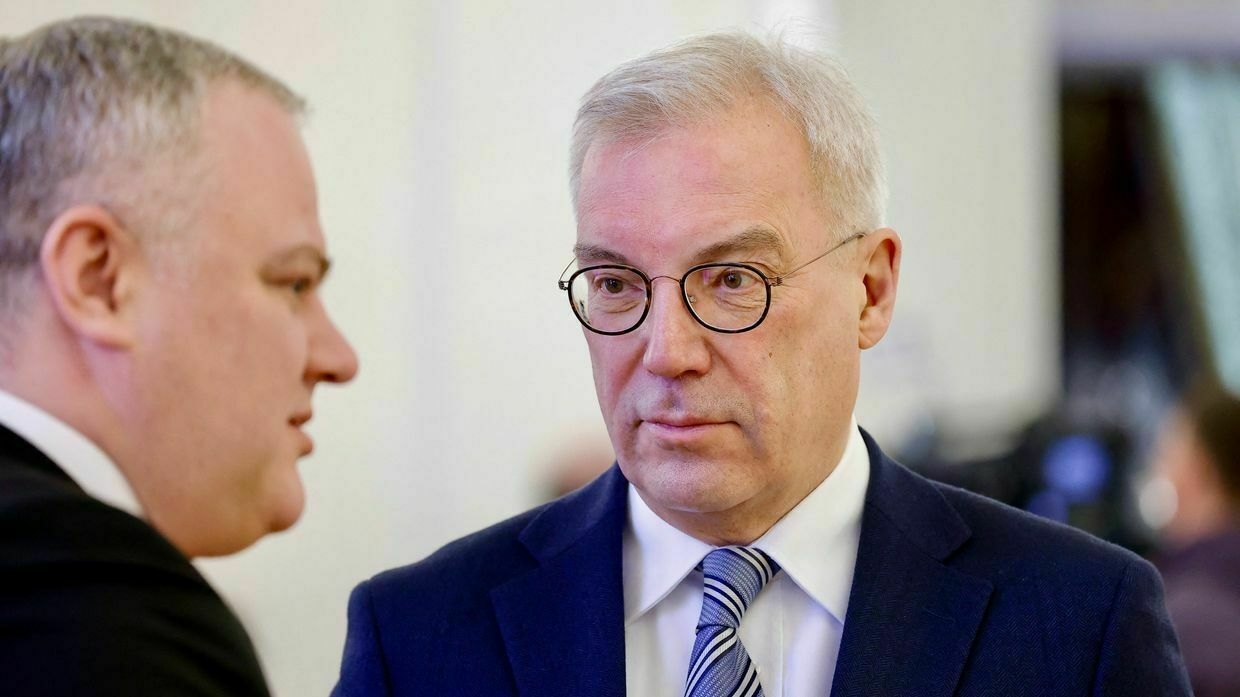
-
'We won't be dragged into this' — Hungary opposes $22 billion EU aid package for Ukraine
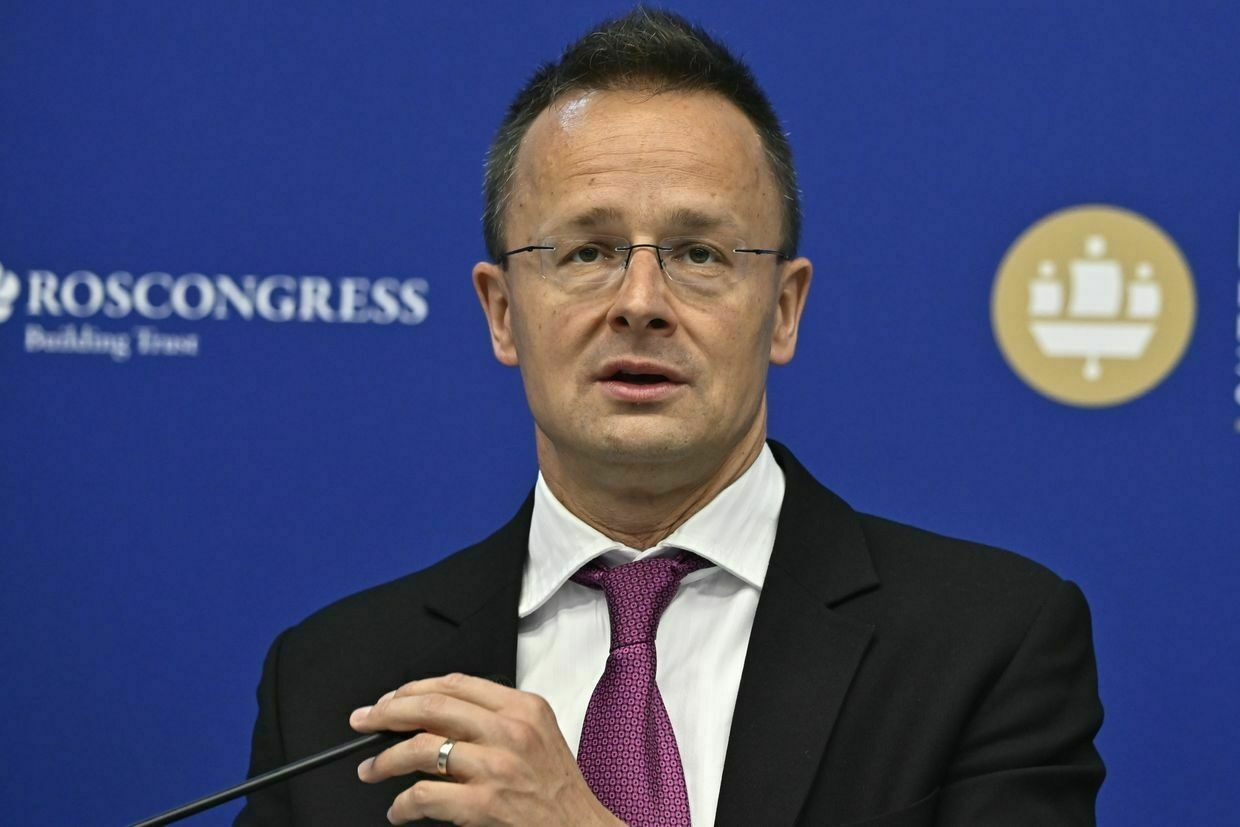
Hungary’s Foreign Minister Peter Szijjarto on March 17 denounced EU plans to provide Ukraine with an additional 20 billion euros ($22 billion) in aid, a step allegedly on the agenda of a ministerial meeting in Brussels later the same day.
“We won’t be dragged into this; we will not allow Hungarian taxpayers' money to be used to finance arms shipments to Ukraine,” Szijjarto said on Facebook, insisting instead that Budapest supports peace negotiations.
European leaders have been calling for ramped-up support for Ukraine as the Trump administration’s steps cast doubt on its commitment to Kyiv’s security.
U.S. President Donald Trump has been pushing for a swift peace settlement, temporarily cutting off military and intelligence backing for Ukraine to push it to the negotiating table.
“Thanks to President Trump, the hope of peace has never been closer in the past three years, which is why Brussels’s intention to make peace negotiations impossible is unacceptable,” Szijjarto said.
“In Brussels, the pro-war stance still prevails."
Discussions about a possible 20-billion-euro package first emerged in February, but the assistance tranche was not included in the conclusions of an emergency EU summit on March 6.
Hungary’s leader, Viktor Orban, has consistently obstructed and delayed sanctions against Russia and military support for Kyiv. He has also lauded Trump’s reelection, expressing expectations of a quick end to the war.
While the EU recently managed to negotiate a unanimous extension of sanctions against Russia, European leaders grow increasingly concerned by Budapest’s efforts to derail unity on Ukraine.
Trump-Putin phone call expected this week, US hopes for ceasefire within weeks, envoy says“I expect that there will be a call with both presidents this week, and we’re also continuing to engage and have a conversation with the Ukrainians,” Witkoff told CNN after meeting Putin in Moscow on March 13, as cited by Reuters.The Kyiv IndependentThe Kyiv Independent news desk
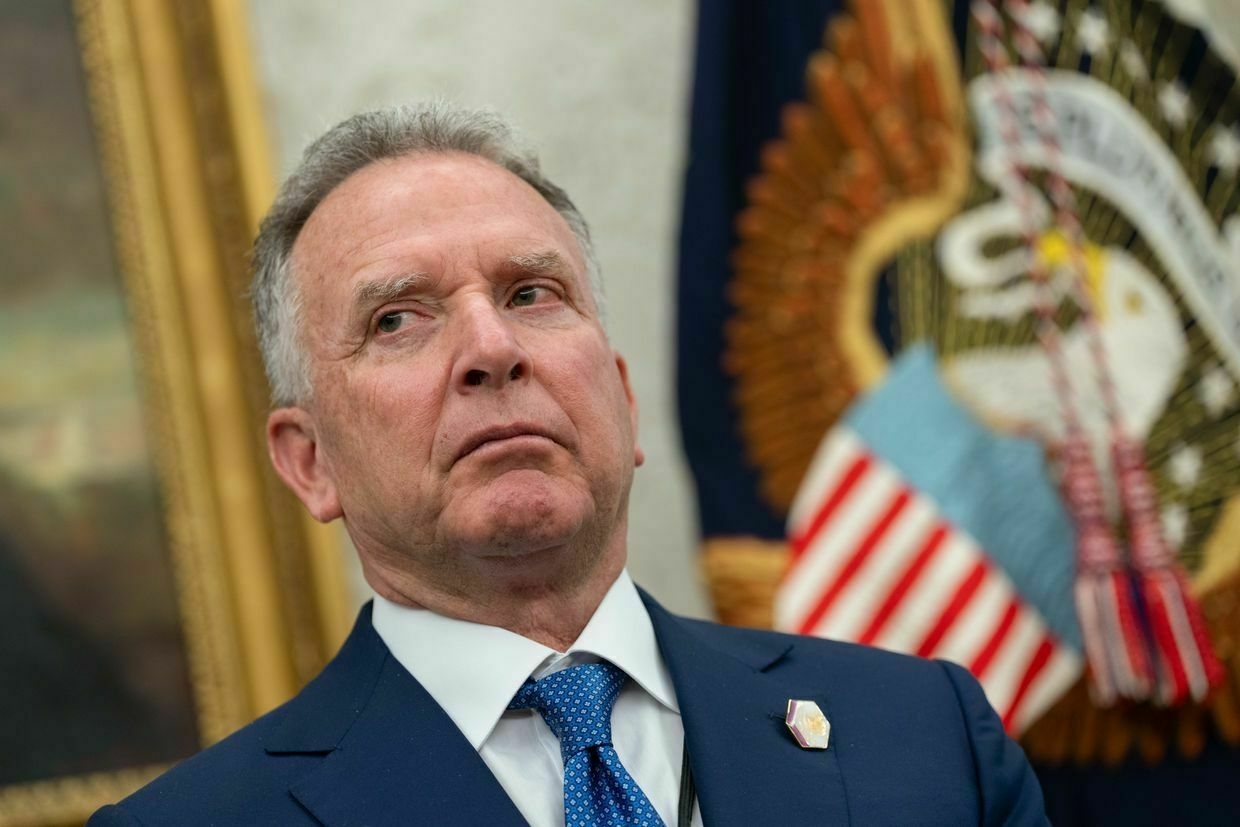
-
Russia sanctions could be eased in exchange for security, justice for Ukraine, Ukrainian official says
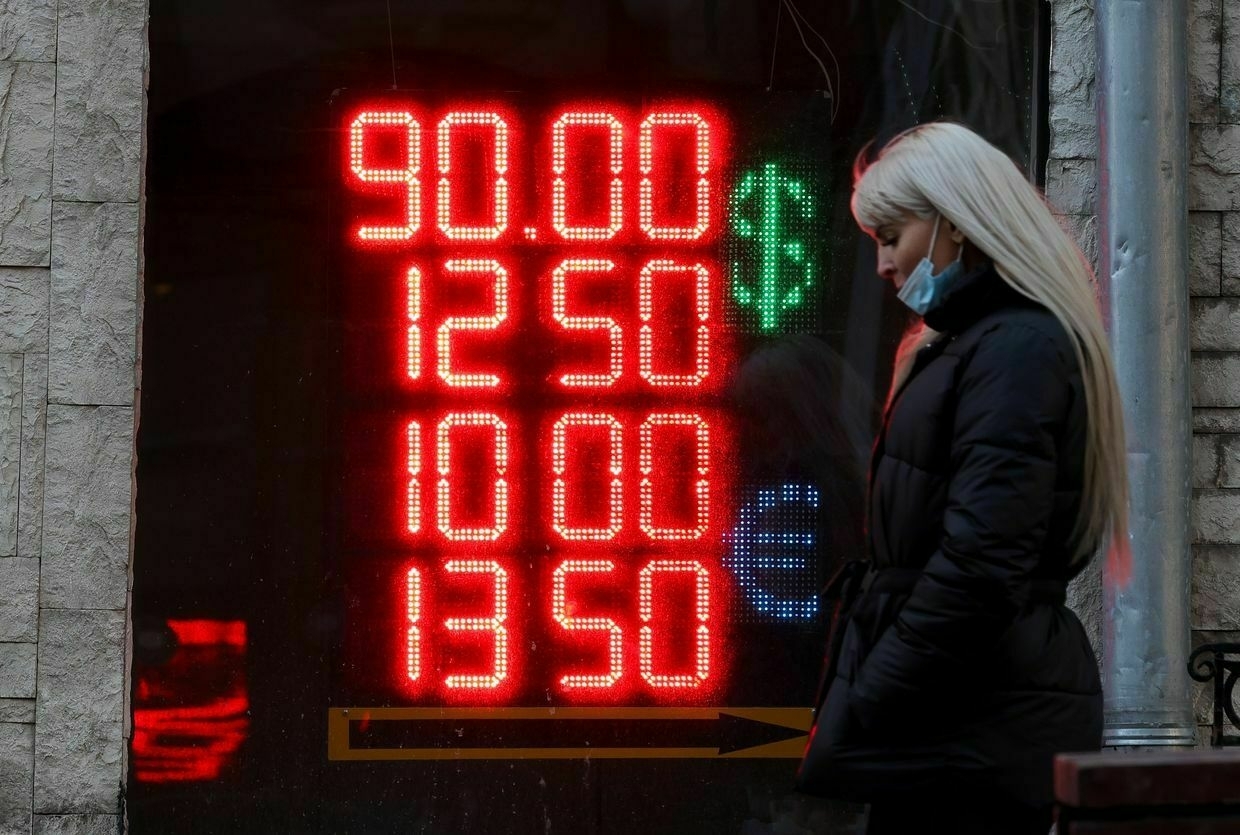
Western sanctions against Russia could be eventually relaxed if the step ensures security and justice for Ukraine, top Ukrainian sanctions official Vladyslav Vlasiuk told Politico in an interview published on March 17.
The U.S., the EU, and other international partners have imposed heavy sanctions against Russia since the start of the full-scale invasion in 2022, aiming to undermine its ability to wage war.
Vlasiuk said that easing the economic restrictions imposed on Russia is “a matter of time,” but stressed that it has to happen under the right conditions. He noted that sanctions are designed to push Russia to cease its aggression and commit to lasting peace rather than being a “punishment of any kind."
U.S. President Donald Trump has threatened additional sanctions and tariffs on Russia while also temporarily cutting off military and intelligence support for Kyiv to push the two countries to peace talks.
While saying it is premature to discuss what sanctions could be lifted, Vlasiuk added that Moscow is already asking to ease specific restrictions, indicating what hurts Russia the most.
A lasting agreement with Russia would have to include justice and “compensations for the Ukrainians” for more than three years of Moscow’s full-scale invasion, Vlasiuk noted.
Western sanctions have primarily targeted Russia’s energy sector, as oil and gas exports represent a major part of Moscow’s war budget. The EU has sought to pivot away from Russian supplies, while the G7 imposed a trade cap on Russian seaborne crude oil.
Over 460 international companies have exited Russia since February 2022, representing a loss of $6 billion in taxes paid to the Russian state, according to the Kyiv School of Economics.
The Trump administration extended some of the sanctions but said that easing the restrictions would have to be part of an eventual peace deal. Last week, the U.S. did not extend an exemption allowing Russian banks to use U.S. payment systems for energy transactions, dealing another blow to Russia’s oil industry.
‘Painful for Russia:’ What new U.S. sanctions on Russian energy mean for MoscowThe Trump administration dealt a blow to Russia’s energy sector last week after it let lapse an exemption allowing Russian banks to use U.S. payment systems for energy transactions. The move closed an important financial channel for Russian oil and gas exports and comes as Washington looks for waysThe Kyiv IndependentYana Prots
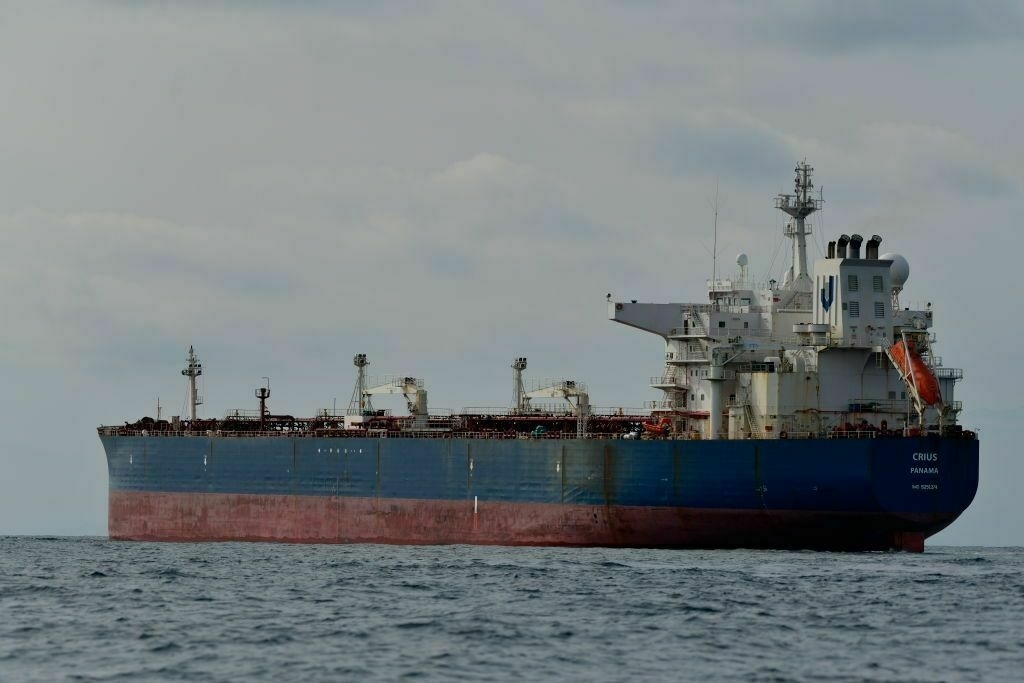
-
Russia open to civilian observers in Ukraine under possible peace deal
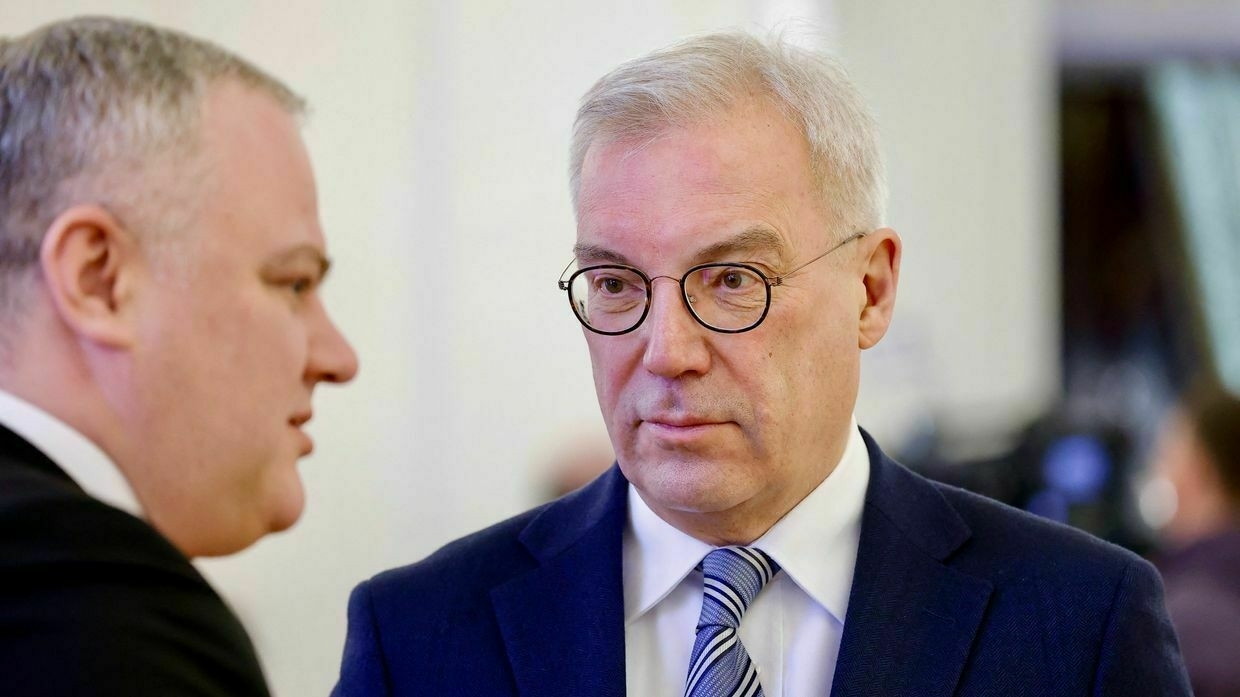
Russia is open to allowing unarmed observers and civilian missions in Ukraine as part of a potential peace deal, Russian Deputy Foreign Minister Alexander Grushko said on March 16, according to state-owned news agency TASS.
“A peace treaty may provide for unarmed observers in Ukraine, a civilian mission to monitor the implementation of certain aspects of the agreement, or guarantee mechanisms,” Grushko said.
Kyiv has said that strong security guarantees are essential for any peace agreement. The deployment of international peacekeeping forces in Ukraine has been considered as one possible option.
“If we talk about a peaceful solution to the conflict in Ukraine, of course, it will have an external contour. We will demand that ironclad security guarantees be part of this agreement,” Grushko said.
The official reiterated that Russia sees Ukraine’s “neutrality” and NATO non-membership as essential parts of any agreement.
Ukraine officially applied to join NATO in September 2022. While the alliance declared in 2024 that Ukraine’s path to membership is “irreversible,” no formal invitation has been extended.
U.S. President Donald Trump said on Feb. 24 that Russian President Vladimir Putin would allow European peacekeepers in Ukraine as part of a deal, though Russian Foreign Minister Sergey Lavrov has publicly rejected the idea.
U.K. Prime Minister Keir Starmer presented plans to send 10,000 peacekeeping troops to Ukraine during a high-level virtual summit in London on March 15, Sunday Times reported.
French President Emmanuel Macron declared that Kyiv does not need Russia’s approval to invite peacekeeping troops into its territory.
Bloomberg reported on March 10 that Putin has set “maximalist” demands — including territorial concessions, peacekeeper restrictions, and Ukraine’s neutrality — knowing they will likely be unacceptable to Kyiv and its Western allies.
Trump plans to call Putin on March 18 to discuss war in Ukraine“I’ll be speaking to President Putin on Tuesday. A lot of work’s been done over the weekend,” U.S. President Donald Trump told reporters.The Kyiv IndependentTim Zadorozhnyy
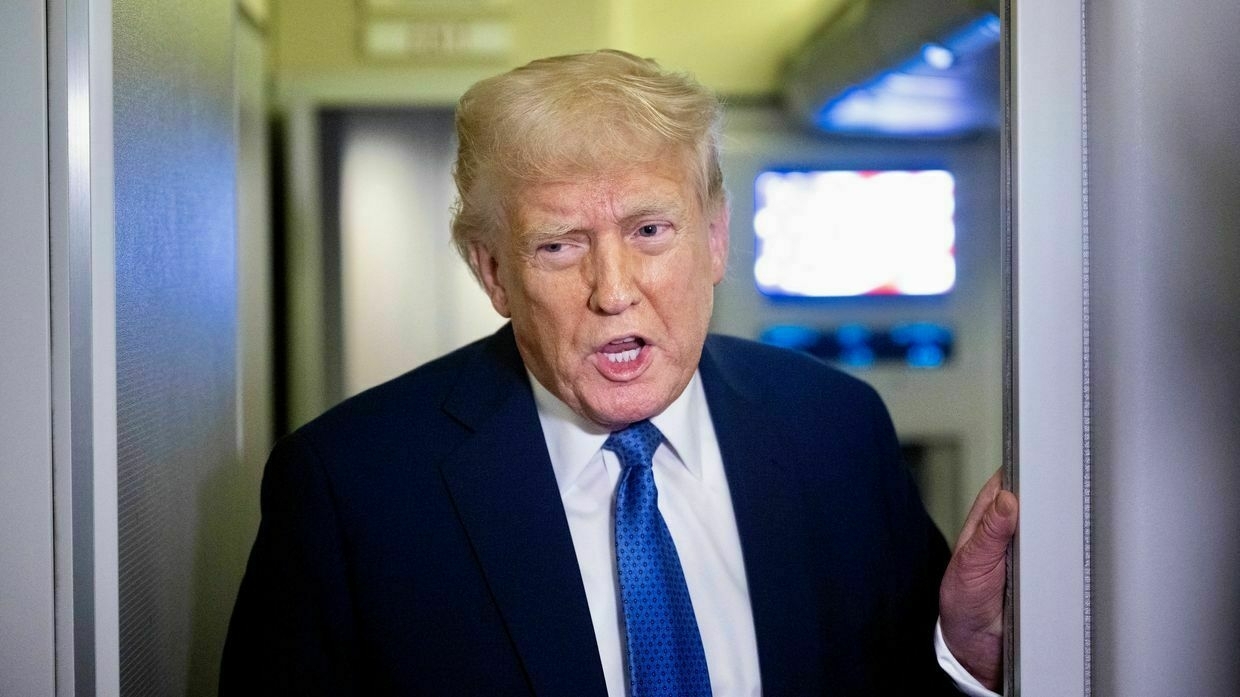
-
US to withdraw from group investigating Russian leadership for crimes against Ukraine, NYT reports
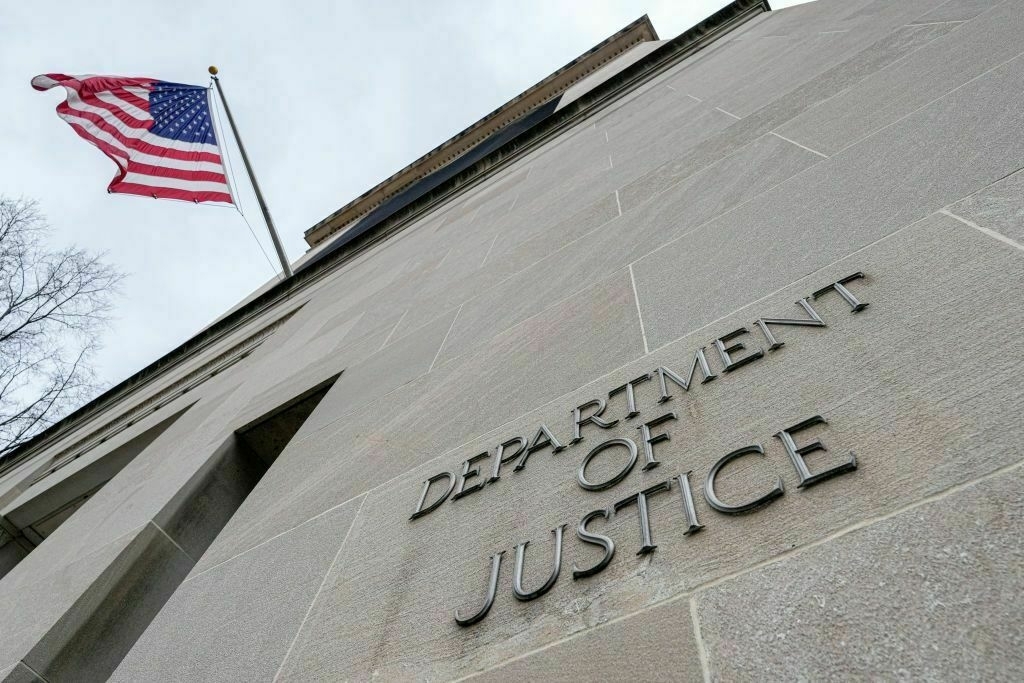
The U.S. has privately told European officials that it is pulling back from an international group investigating Russian leaders for the crime of aggression committed against Ukraine, the New York Times reported on March 17, citing undisclosed sources.
The move underscores the foreign policy shift in Washington as the Trump administration seeks to restore ties with Moscow while pushing for a swift peace deal in Ukraine.
The decision is expected to be announced on March 17 in an email to the group’s parent organization, the European Union Agency for Criminal Justice Cooperation (Eurojust), the New York Times wrote.
The Hague-based International Center for the Prosecution of the Crime of Aggression against Ukraine is a judicial hub supporting national investigations into the crime of aggression committed by the Russian leadership, including President Vladimir Putin, and Moscow’s allies against Ukraine.
While the group is made up of specialists from Ukraine, Poland, Romania, and the Baltic countries, the Biden administration appointed a special prosecutor to support the hub’s activities in 2023.
The Trump administration will also reduce the work of the U.S. Justice Department’s War Crimes Accountability Team, which was launched in 2022 to investigate Russia for the atrocities it had committed during the full-scale invasion.
Ukraine is investigating more than 150,000 possible war crimes committed by Russia as part of its all-out war, including the summary execution of prisoners and targeted aerial strikes against civilians.
U.S. President Donald Trump has sought to mend the ties with Moscow in an effort to bring a swift end to the war while adopting a more antagonistic stance toward Ukraine and other partners.
The U.S. has briefly halted military and intelligence support for Kyiv while also cutting key foreign aid supporting programs aimed at the prosecution of Russian war crimes and the restoration of Ukraine’s energy infrastructure.
On the international scene, the U.S. has sought to water down joint statements labeling Russia as the aggressor and the “sole obstacle” to peace.
Trump-Putin phone call expected this week, US hopes for ceasefire within weeks, envoy says“I expect that there will be a call with both presidents this week, and we’re also continuing to engage and have a conversation with the Ukrainians,” Witkoff told CNN after meeting Putin in Moscow on March 13, as cited by Reuters.The Kyiv IndependentThe Kyiv Independent news desk
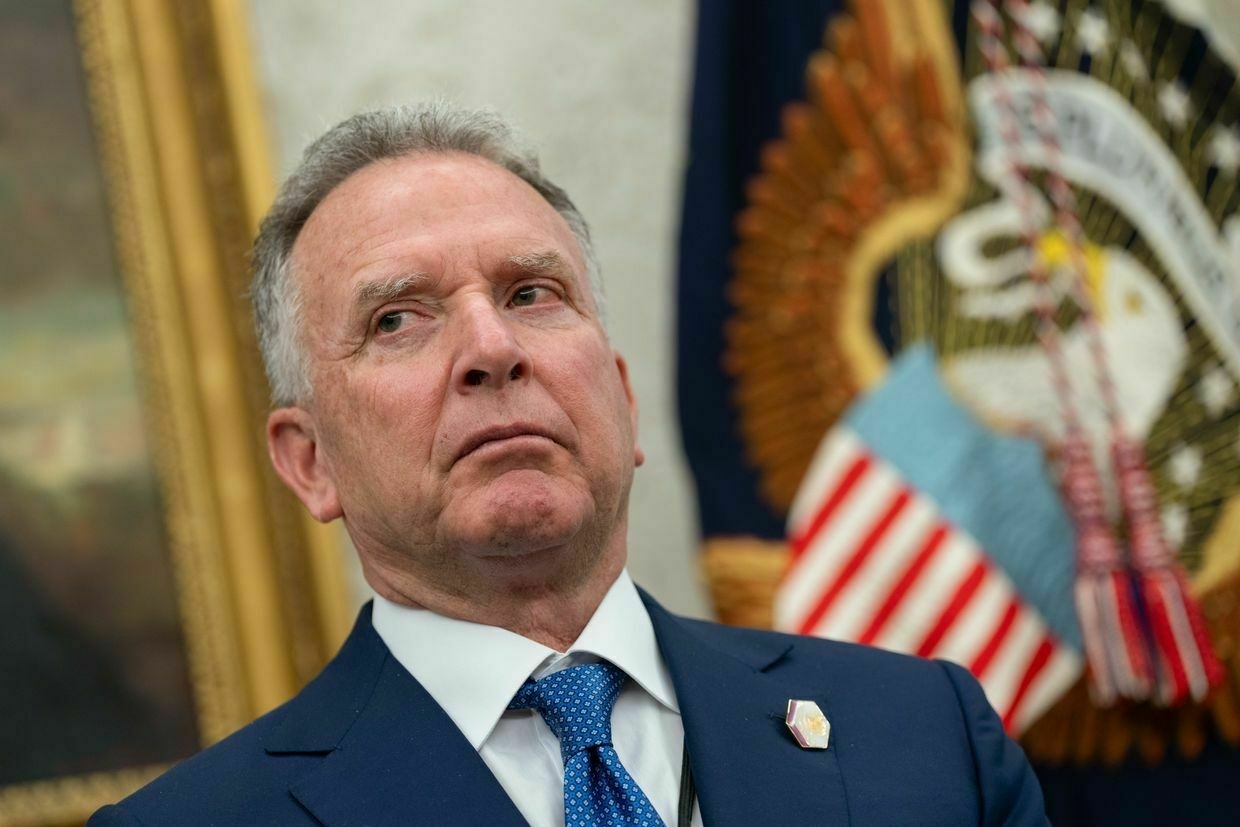
-
Trump plans to call Putin on March 18 to discuss war in Ukraine
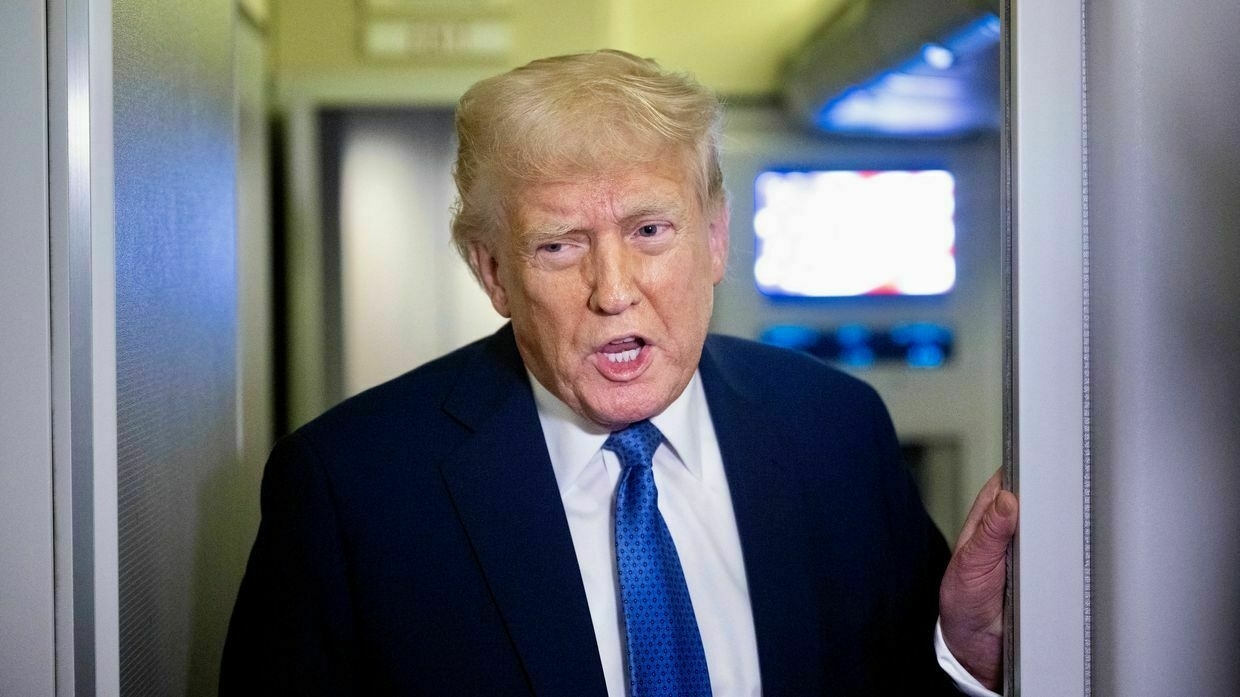
U.S. President Donald Trump said he plans to have a phone call with Russian President Vladimir Putin on March 18 to discuss ending the war in Ukraine, Reuters reported.
“I’ll be speaking to President Putin on Tuesday. A lot of work’s been done over the weekend,” Trump told reporters aboard Air Force One on March 17.
The planned call follows U.S.-led negotiations in Saudi Arabia, where Washington proposed a 30-day ceasefire between Russia and Ukraine. Kyiv accepted the deal during talks in Jeddah on March 11, prompting the U.S. to resume military and intelligence support for Ukraine.
On March 13, Putin said Russia was also willing to accept the ceasefire but demanded guarantees that Ukraine would not mobilize troops, conduct training, or receive military assistance during the truce, making it potentially vulnerable to renewed Russian aggression.
To discuss the proposal, U.S. Special Representative Steve Witkoff traveled to Moscow, where Putin reportedly signaled openness to the U.S. plan.
“We want to see if we can bring that war to an end. Maybe we can, maybe we can’t, but I think we have a very good chance,” Trump said.
When asked about potential concessions in the ceasefire talks, Trump said discussions would include territorial matters and power plants.
“I think we have a lot of it already discussed very much by both sides, Ukraine and Russia. We’re already talking about that, dividing up certain assets,” Trump added.
The expected phone call comes as Trump pushes to secure a deal, though European allies and Ukraine warn that a rushed agreement without security guarantees could fail to bring lasting peace.
Ukraine ceasefire faces battlefield challenges, envoy says“There is a nuclear reactor that supplies quite a bit of electricity to the country of Ukraine. That’s got to be dealt with,” Steve Witkoff, Trump’s special envoy to the Middle East, said on March 16.The Kyiv IndependentOlena Goncharova
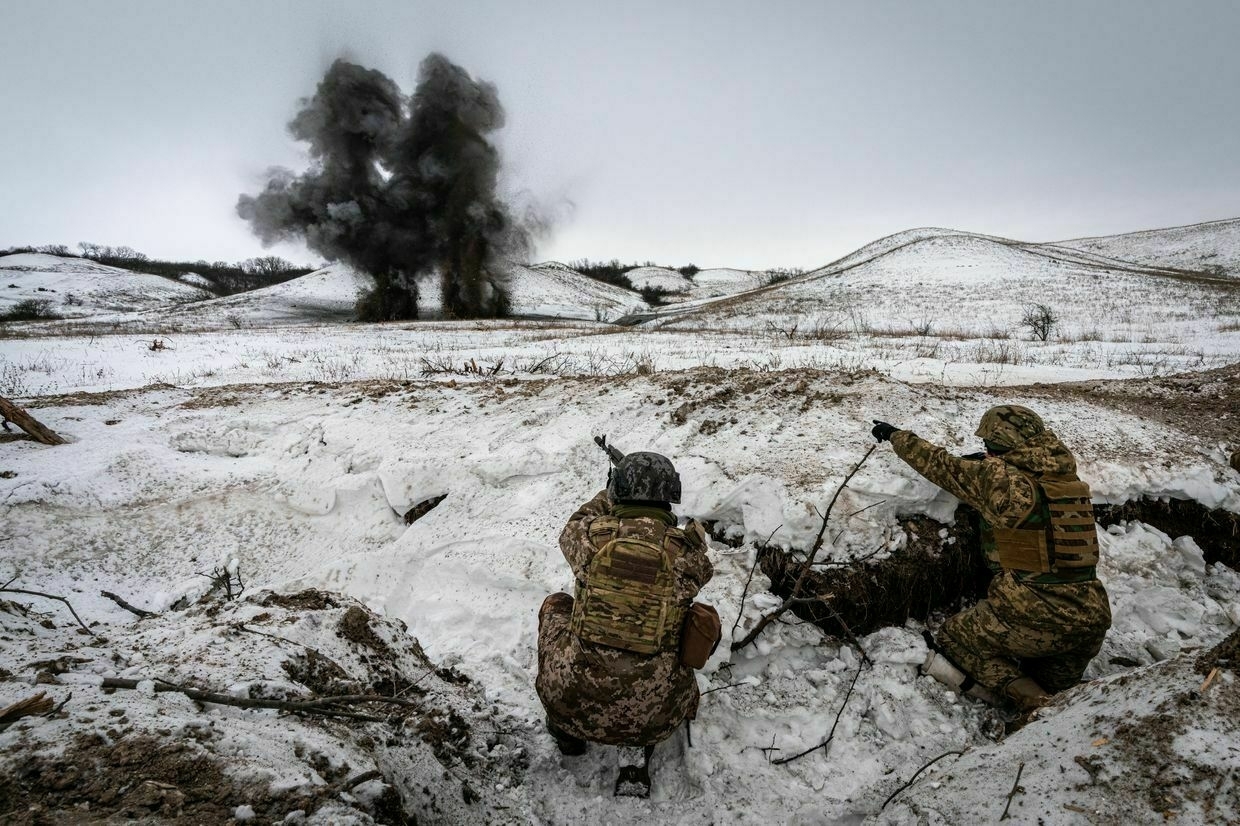
-
Ukraine ceasefire faces battlefield challenges, envoy says
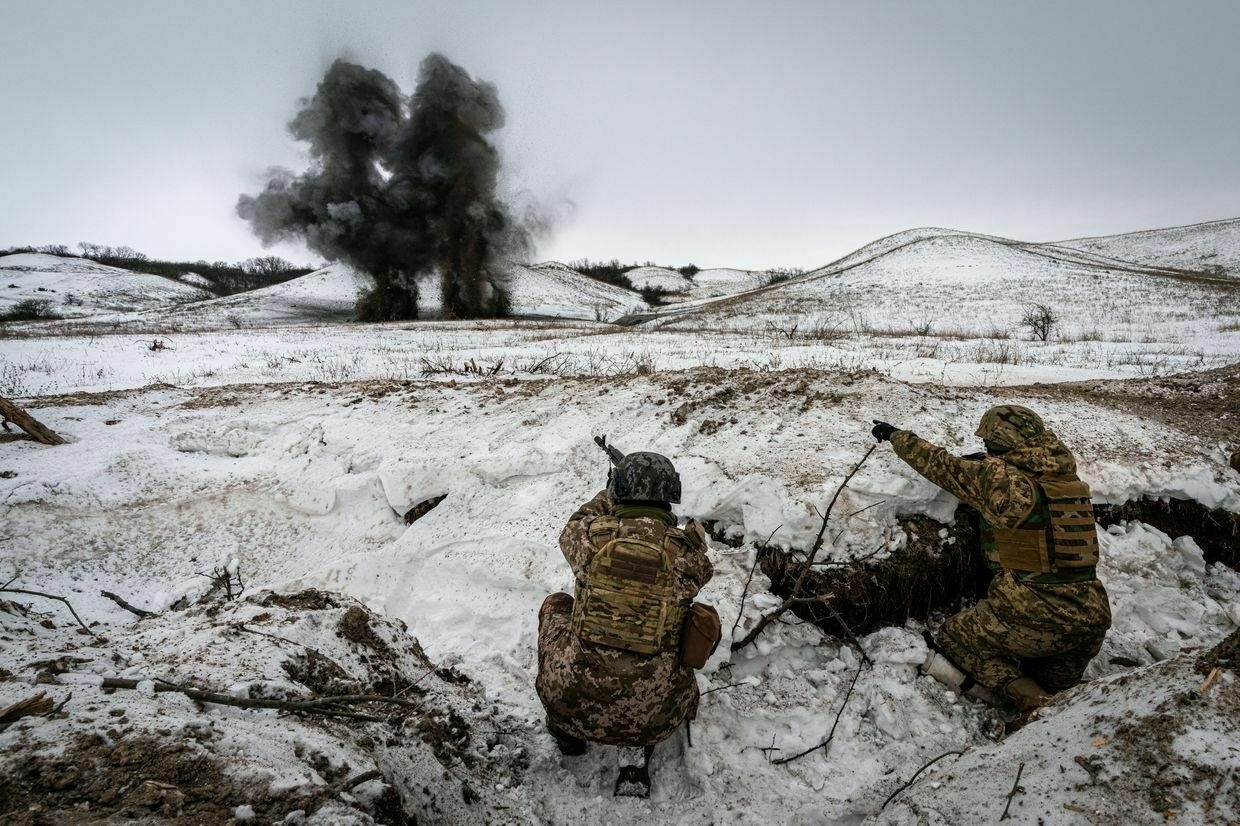
Steve Witkoff, Trump’s special envoy to the Middle East, emphasized the challenges of implementing a ceasefire in Ukraine, citing the vast scale of the war.
Witkoff paid a visit to Moscow on March 13 for talks on the 30-day ceasefire proposal that Ukraine had accepted after a U.S.-Ukrainian meeting in Saudi Arabia on March 11.
“A ceasefire involves how to get people to not be fighting with each other over a 2,000-kilometer border,” he said on CBS News “Face the Nation” on March 16, noting the complexity of managing hostilities across such a large area.
Witkoff pointed to key battlegrounds, including Kursk, and stressed the need to address strategic concerns like control over Ukraine’s nuclear power infrastructure and access to Black Sea ports.
“There is a nuclear reactor that supplies quite a bit of electricity to the country of Ukraine. That’s got to be dealt with,” he said referring to the Zaporizhzhia Nuclear Power Plant, adding that Russian objectives in specific regions must also be considered in negotiations.
Europe’s largest nuclear facility, the Zaporizhzhia plant in Enerhodar, has been under Russian occupation since 2022. Although still controlled by Russian forces, the plant is not currently producing electricity.
Ukraine and its allies have consistently called for Russia to withdraw its troops from the site. Since the occupation began, the plant has been repeatedly disconnected from Ukraine’s power grid due to Russian attacks on the country’s energy infrastructure.
Comparing the situation to the conflict in Gaza, Witkoff noted the differences in scope. “Gaza is a finite, defined space, as compared to where the battle is being fought in Ukraine, Russia. So this is a much more complicated situation,” he said.
Despite these challenges, he insisted that no one is “throwing their hands up in the air” and that all stakeholders, including European partners, remain committed to seeking a resolution.
‘Painful for Russia:’ What new U.S. sanctions on Russian energy mean for MoscowThe Trump administration dealt a blow to Russia’s energy sector last week after it let lapse an exemption allowing Russian banks to use U.S. payment systems for energy transactions. The move closed an important financial channel for Russian oil and gas exports and comes as Washington looks for waysThe Kyiv IndependentYana Prots
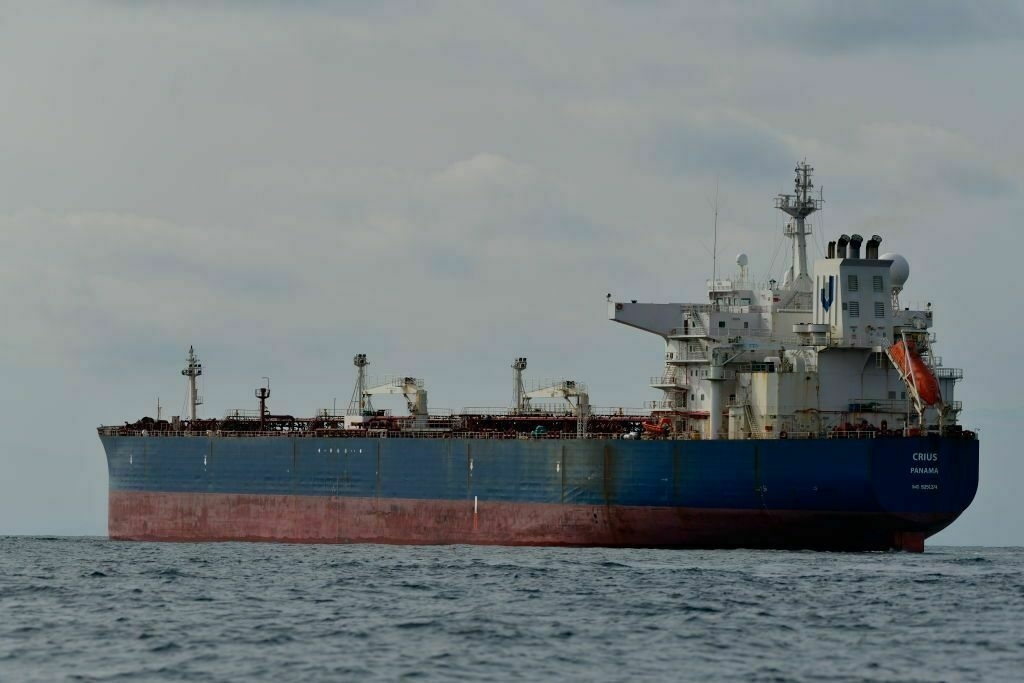
-
Lviv airport could reopen by late spring, general director says
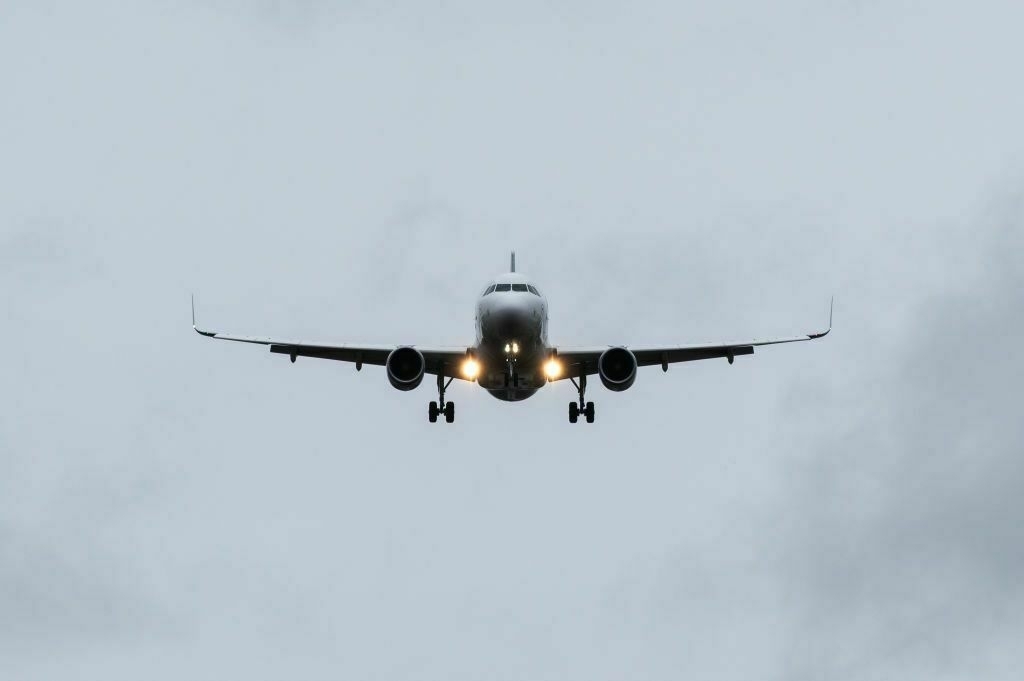
Lviv’s Danylo Halytskyi International Airport may resume aviation operations as early as April or May, according to an optimistic scenario under government consideration, its general director told Vysokyi Zamok media outlet on March 15.
Other potential dates for reopening Ukraine’s airspace include the summer months.
Five to seven airlines have expressed readiness to begin operations in Lviv within a month of the terminal’s reopening, Tetiana Romanovska, General Director of Lviv Danylo Halytskyi International Airport said, adding that it could serve as a strong symbol of solidarity with Ukraine.
Additionally, the government is considering reopening another airport in western Ukraine’s Uzhhorod, located directly on the border with Slovakia and in close proximity to the borders of Hungary and Poland, all of which are NATO member countries.
European air forces could protect Ukraine from Russian aerial strikes, experts suggestAccording to the plan, developed by former British Air Force planners in cooperation with Ukraine’s Armed Forces, the protection zone would cover Ukraine’s three operational nuclear power plants, as well as the cities of Odesa and Lviv in Ukraine’s south and west.The Kyiv IndependentKateryna Denisova
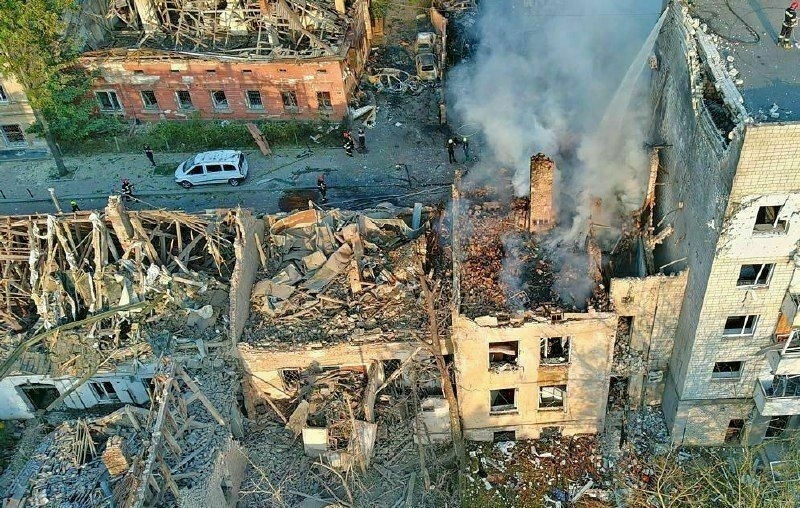
Romanovska confirmed that airlines such as Wizz Air, Air Baltic, Turkish Airlines, SkyUp, Austrian Airlines, Lufthansa, and LOT are prepared to operate from Lviv once flights resume. “Right now, we are talking about restoring regular flights from Lviv,” Romanovska said. “SkyUp will likely take the lead in bringing back charter flights, as they have a well-developed route network in Europe and are ready to resume the same routes from Lviv or another Ukrainian city."
Airlines have already begun preparations. “This year, airline representatives have reached out to us, conducted their audits, and are analyzing the situation. Wizz Air completed its audit last year,” Romanovska explained. She added that once a decision to reopen airspace is made, airline teams could arrive and begin operations within three to four days.
“We hope the airport will reopen in the summer period because that’s when aviation traffic is at its highest—during vacations, long daylight hours, and peak travel season,” Romanovska said. “But if it happens in April or May, that would be an extremely positive development for us.”
With Putin demanding new concessions for a ceasefire, all eyes are on Trump’s next moveAs a U.S. delegation in Moscow worked to hammer out a ceasefire agreement with Russian President Vladimir Putin, the Russian leader responded by demanding extensive concessions in exchange for a ceasefire deal in Ukraine. So far, Trump has made harsh demands on Ukraine while avoiding putting simila…The Kyiv IndependentOleg Sukhov
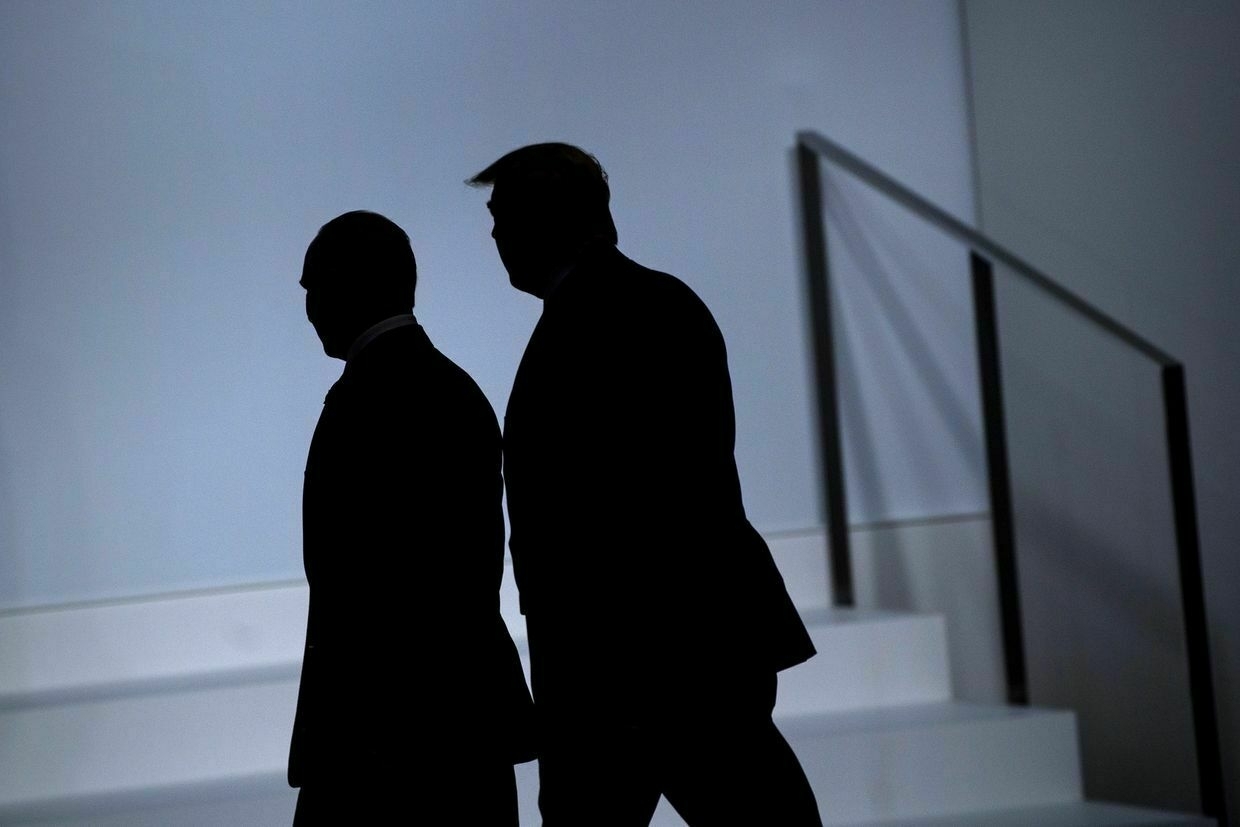
-
Erdogan tells Trump that Turkey supports US efforts to end Russia's war
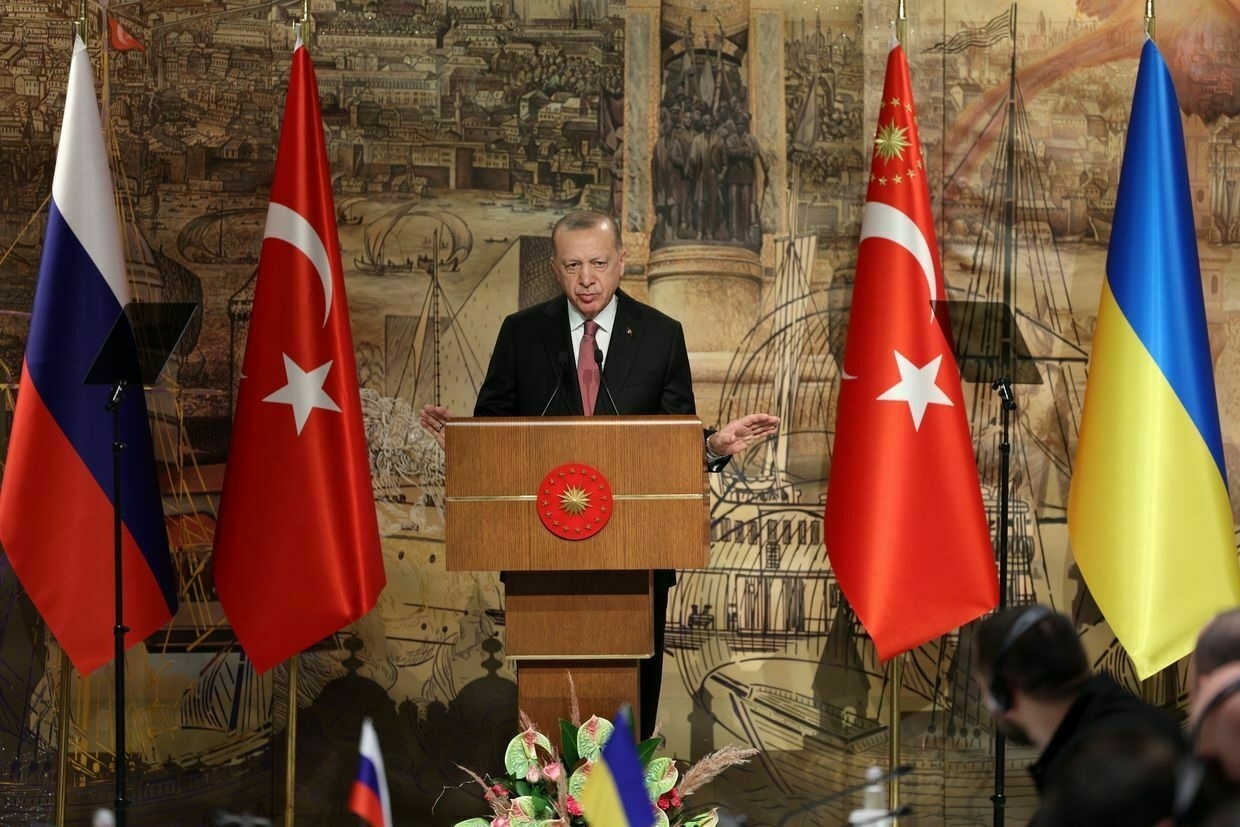
Turkish President Recep Tayyip Erdoğan on March 16 spoke with U.S. President Donald Trump for the first time since his second term began in January, with the conversation covering key issues, including Russia’s war against Ukraine.
During the conversation, Erdogan expressed support for President Trump’s efforts to bring an end to the war. He emphasized that Turkey backs Trump’s initiatives aimed at resolving the war and voiced hope for a positive outcome under his leadership.
Turkey has positioned itself as a potential mediator in Russia’s all-out war against Ukraine, now in its fourth year, by maintaining diplomatic and economic ties with both nations while supporting Ukraine’s sovereignty.
Leveraging its strategic position and influence in the Black Sea region, Turkey has facilitated negotiations, grain exports, and expressed willingness to participate in ceasefire monitoring.
In late February, Turkey indicated its openness to deploying troops in Ukraine as part of a potential peacekeeping force. Sources familiar with the matter told Bloomberg that Erdogan raised the issue in separate meetings with President Volodymyr Zelensky and Russian Foreign Minister Sergey Lavrov during visits to Ankara earlier in February.
While Moscow has openly opposed the presence of NATO troops in Ukraine, Russia has yet to provide a clear response to Turkey’s proposal.
How Ukraine’s defense tech is shaping the future of warfareGeopolitical events over the past three years have forced a rethinking of the global security framework. Ukraine’s battlefield has evolved into an innovation lab for modern defense technologies — transforming not only how wars are fought but also how peace is secured. Drawing insights from the rece…The Kyiv IndependentAnatoliy Khomenko
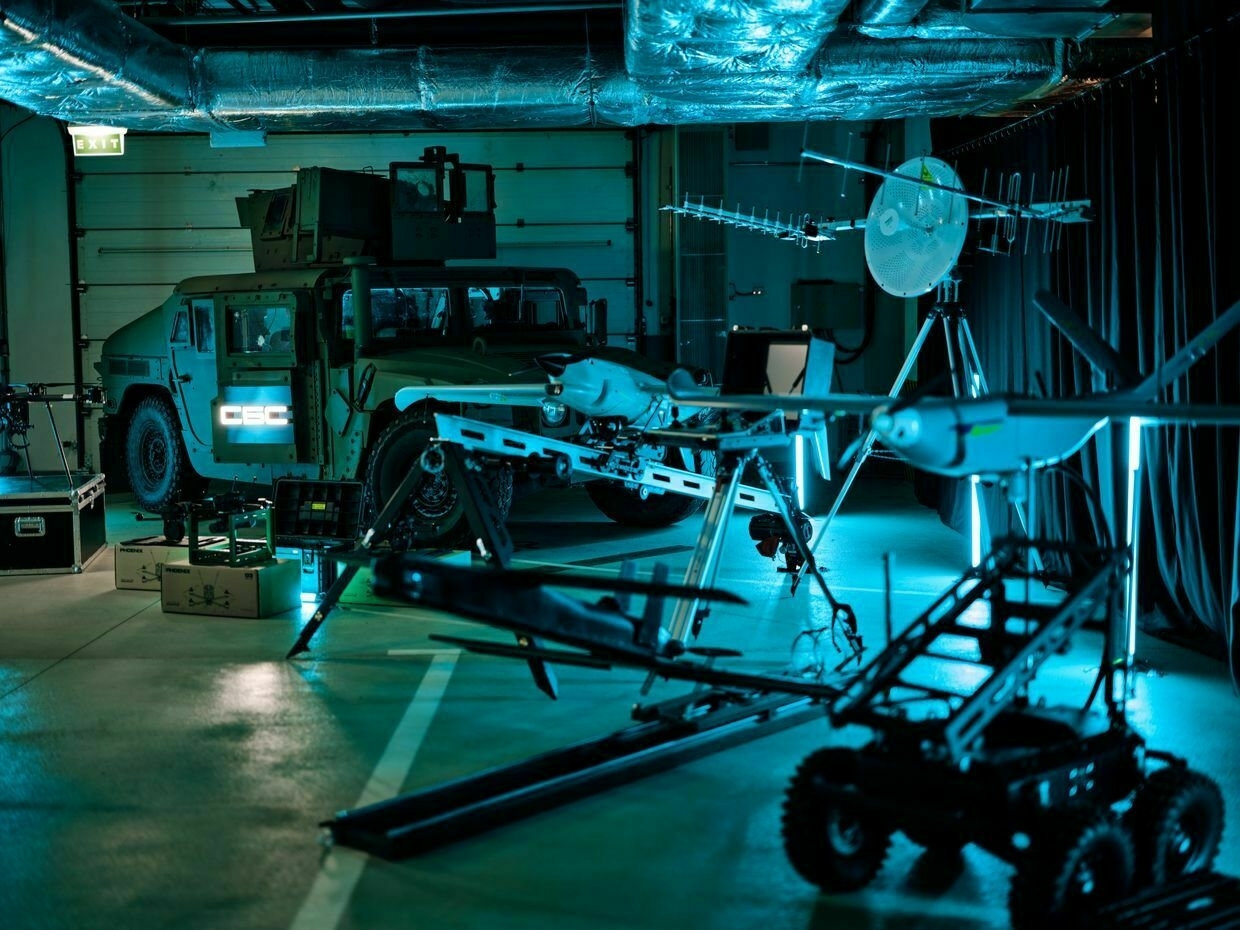
-
'Plan A is get the shooting to stop' — Rubio says as US pushes for ceasefire in Ukraine
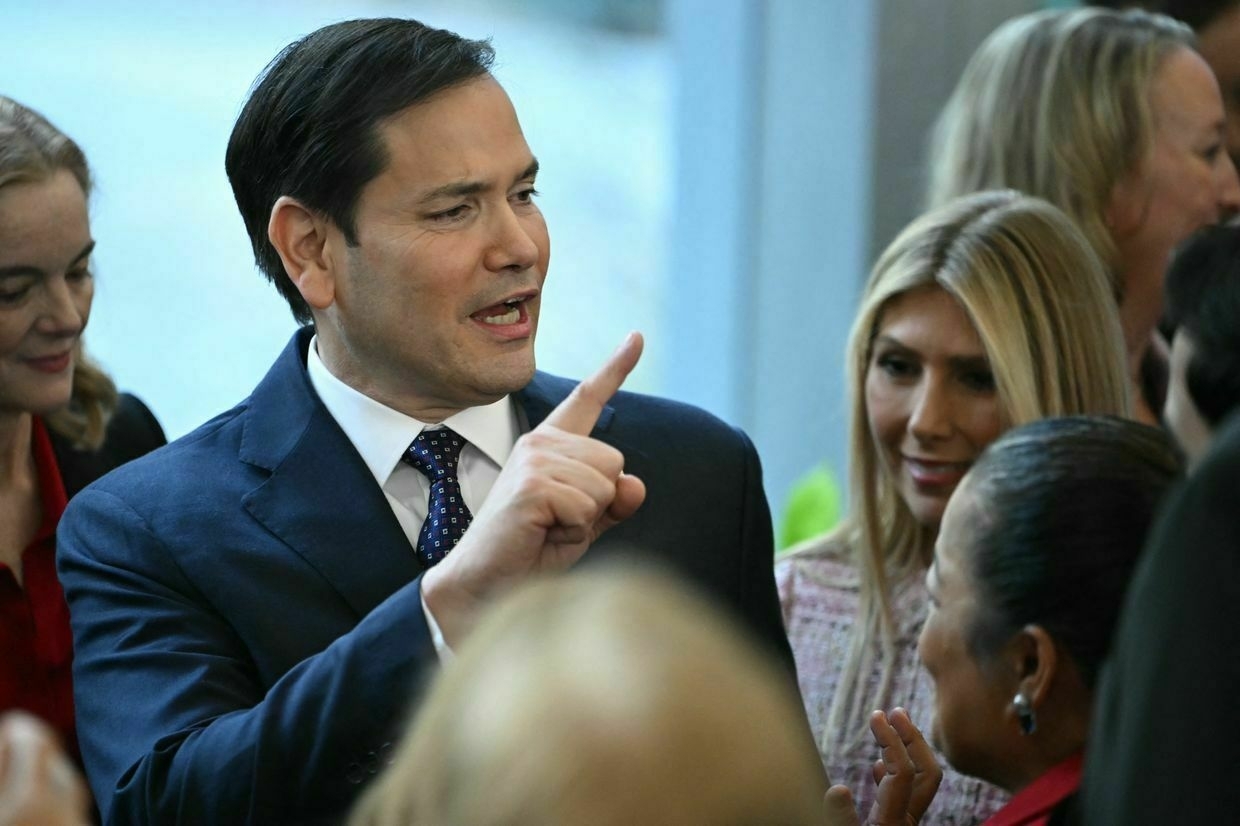
U.S. Secretary of State Marco Rubio described a recent meeting between U.S. envoy Steve Witkoff and Russian President Vladimir Putin as “promising” while acknowledging the complexities of ending the ongoing war.
Speaking on CBS’s “Face the Nation” on March 16, Rubio said the discussions provided insight into whether Russia is genuinely considering a ceasefire or merely stalling for time.
Rubio outlined the U.S. administration’s two-phase approach to ending Russia’s war against Ukraine, now in its fourth year.
“Plan A is, get the shooting to stop so that we can move to Plan B, phase two, which is have everybody at a table, maybe not- maybe with some shuttle diplomacy, to figure out a way to permanently end this war in a way that’s enduring and it respects everybody’s needs and so forth,” he said.
Trump-Putin phone call expected this week, US hopes for ceasefire within weeks, envoy says“I expect that there will be a call with both presidents this week, and we’re also continuing to engage and have a conversation with the Ukrainians,” Witkoff told CNN after meeting Putin in Moscow on March 13, as cited by Reuters.The Kyiv IndependentThe Kyiv Independent news desk
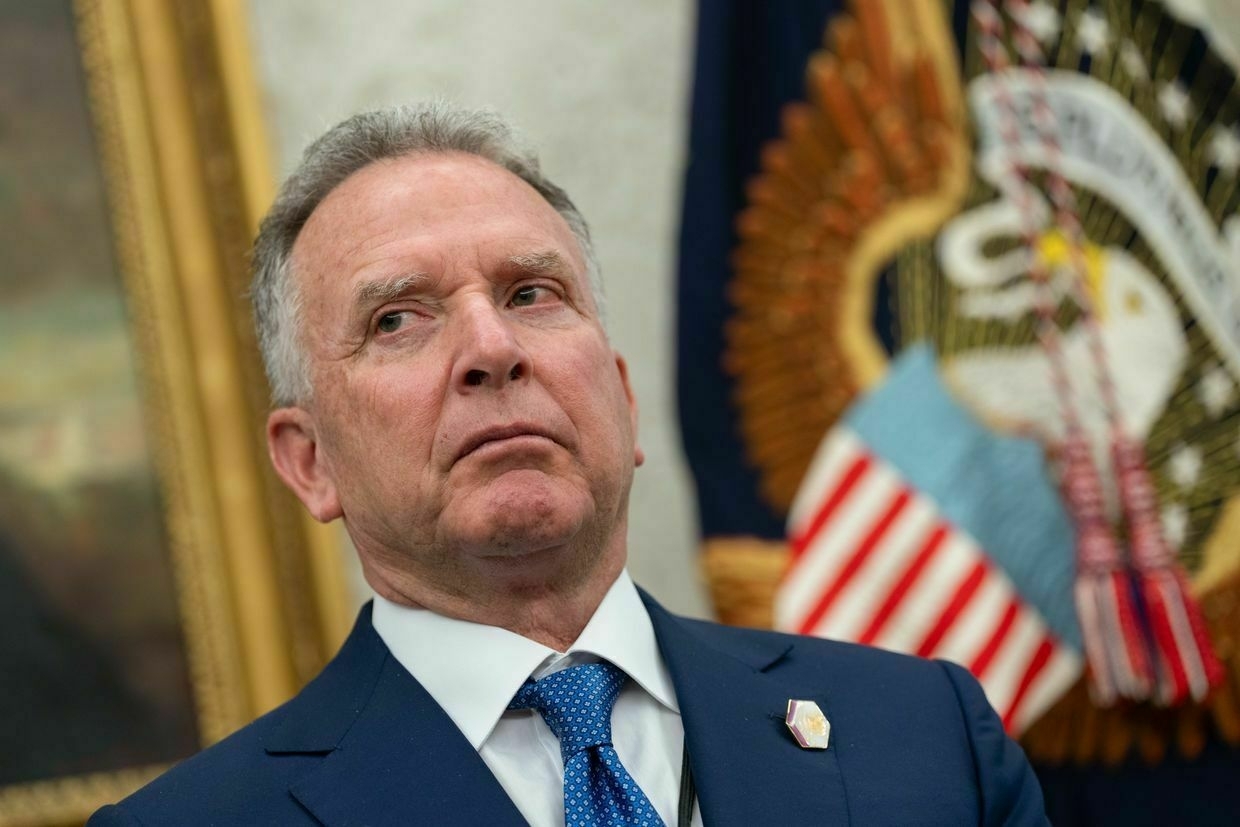
The secretary emphasized that the priority remains achieving a ceasefire before beginning broader negotiations for a permanent resolution. However, he acknowledged that even reaching a ceasefire would be difficult, given the complexity of the battlefield and the interests at stake.
While Rubio refrained from disclosing details of the negotiations, he remained cautiously optimistic. He said that President Donald Trump is committed to bringing the war to an end and is actively working to ensure a cessation of hostilities. “No one is saying that that second part is easy, but we can’t get even to that second part until we get past the first part,” he said, underlining the administration’s strategy.
The secretary also highlighted the need for diplomatic engagement and potential concessions from both sides to achieve a lasting peace. “This war cannot continue. The president has been clear about that, and he’s doing everything he can to bring it to an end,” he concluded.
‘Painful for Russia:’ What new U.S. sanctions on Russian energy mean for MoscowThe Trump administration dealt a blow to Russia’s energy sector last week after it let lapse an exemption allowing Russian banks to use U.S. payment systems for energy transactions. The move closed an important financial channel for Russian oil and gas exports and comes as Washington looks for waysThe Kyiv IndependentYana Prots
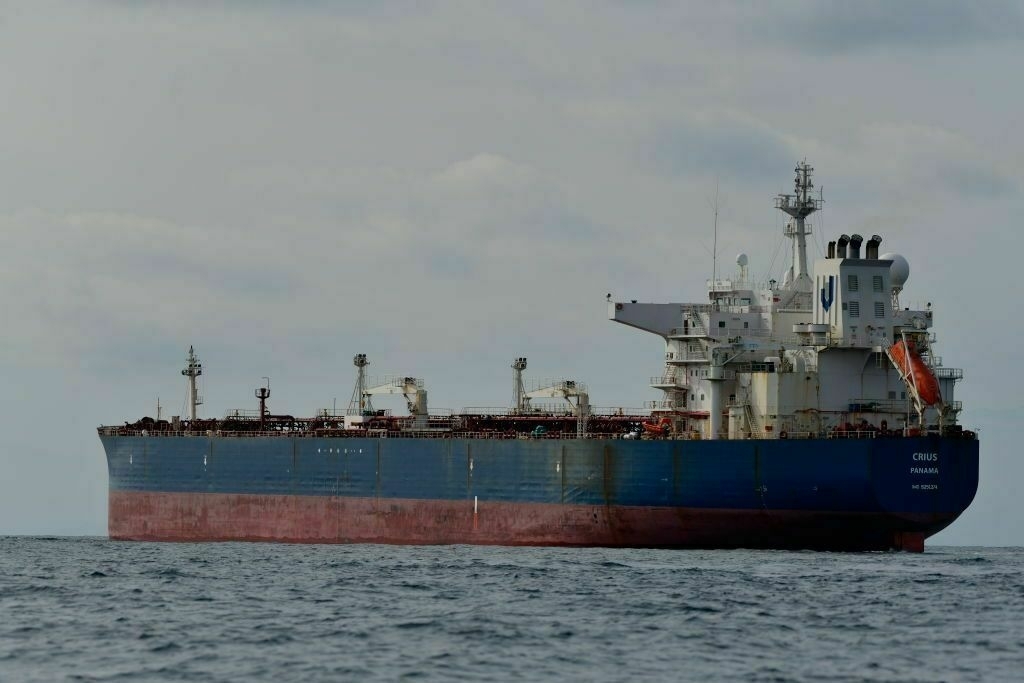
-
Kremlin dismisses ceasefire as tactic to buy time for Ukraine’s military
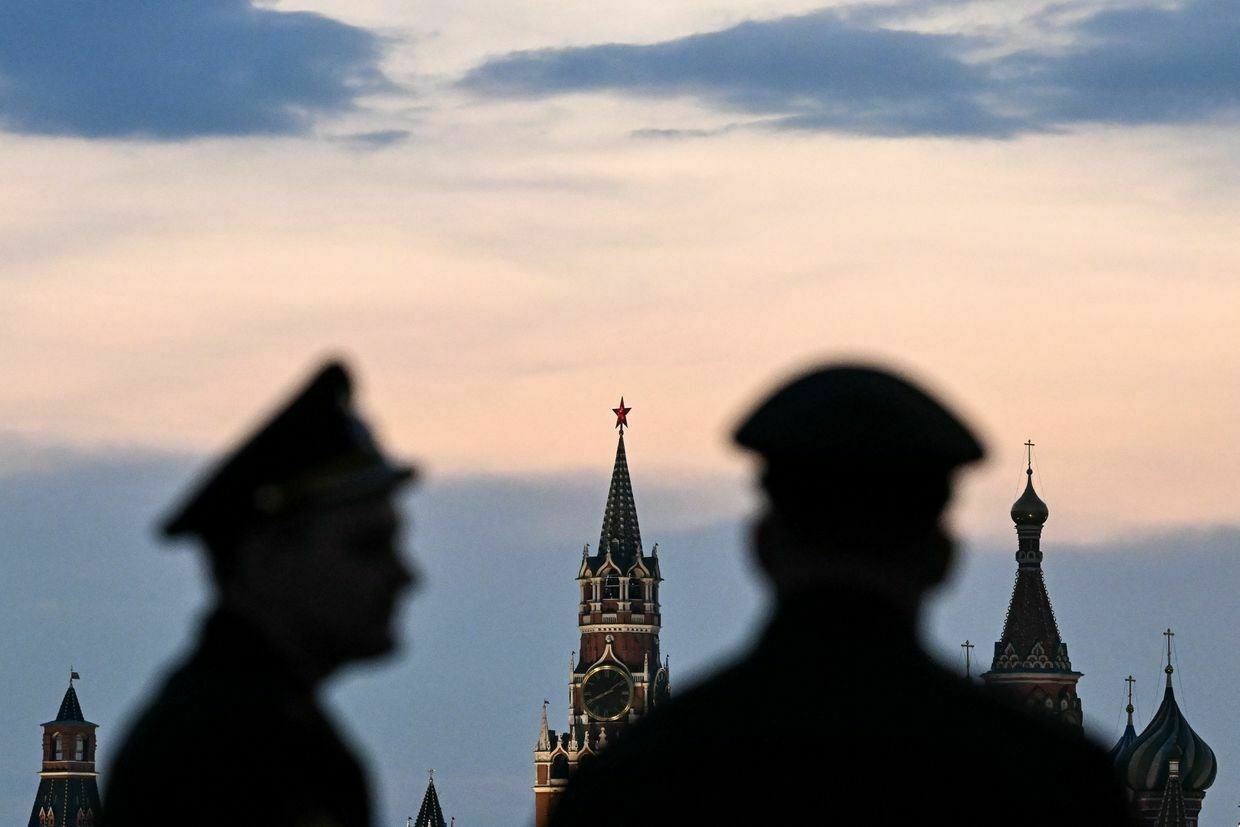
The Kremlin claims that calls for a ceasefire in Ukraine are merely an attempt to give the Ukrainian military time to regroup and rearm, according to Vladimir Putin’s aide, Yuri Ushakov.
“We see this as an effort to provide Ukrainian forces with a pause during a difficult period. The Russian army is advancing on all fronts, and under these circumstances, the ceasefire could be viewed as a way to allow Ukraine to strengthen its position,” Ushakov told state-owned media on March 16.
He added that Russia has conveyed its concerns to the United States and that while communication between the two countries continues, it does not extend to direct talks between the presidents.
Ushakov also noted that a meeting between U.S. President Donald Trump and Russian leader Vladimir Putin could be arranged quickly if necessary.
During negotiations in Saudi Arabia, U.S. officials suggested a 30-day ceasefire between Russia and Ukraine. During talks in Jeddah on March 11, Kyiv accepted a U.S.-proposed 30-day ceasefire, after which Washington resumed its military and intelligence support for Ukraine.
On March 13, Vladimir Putin said that Russia is willing to accept the ceasefire but insists on guarantees that Ukraine will not mobilize troops, conduct training, or receive military assistance during the truce.
To discuss the proposal, U.S. Special Representative Steve Witkoff traveled to Moscow. Following the visit, Putin reportedly signaled his willingness to accept the U.S. plan but insisted that any ceasefire must contribute to a long-term resolution of the war.
Despite this, Ukraine remains doubtful that Russia would uphold a ceasefire agreement.
‘Painful for Russia:’ What new U.S. sanctions on Russian energy mean for MoscowThe Trump administration dealt a blow to Russia’s energy sector last week after it let lapse an exemption allowing Russian banks to use U.S. payment systems for energy transactions. The move closed an important financial channel for Russian oil and gas exports and comes as Washington looks for waysThe Kyiv IndependentYana Prots
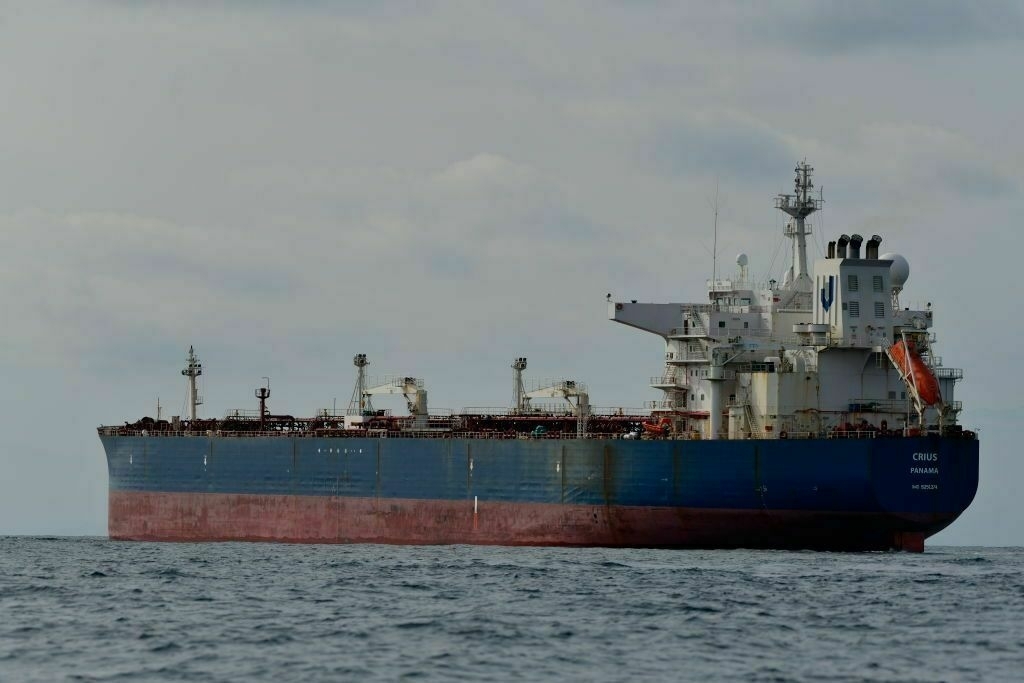
-
Ukraine war latest: Ukraine confirms withdrawal from Sudzha in Russia's Kursk Oblast
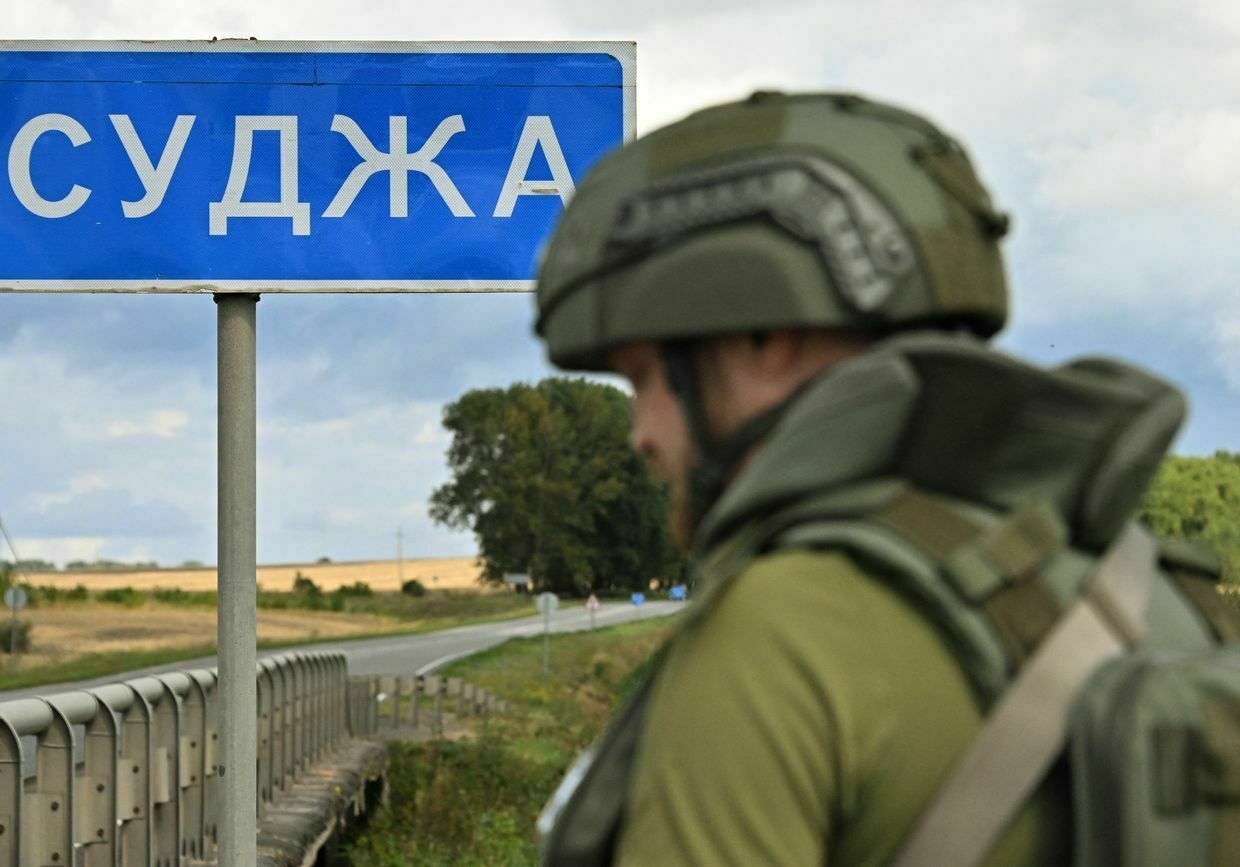
Key developments on March 15-16:
- Ukraine confirms withdrawal from Sudzha in Russia’s Kursk Oblast
- Ukraine appoints Andrii Hnatov as new chief of General Staff
- Russia readying to attack Sumy as Donbas front stabilizes, Zelensky says
- Trump-Putin phone call expected this week, US hopes for ceasefire within weeks, envoy says
- UK proposes Western peacekeeping mission of 10,000 troops in Ukraine
Ukraine’s General Staff on March 16 confirmed Ukrainian troops' withdrawal from the logistics hub of Sudzha in Russia’s Kursk Oblast, days after Moscow claimed its capture.
Instead of confirming the withdrawal with a statement, the General Staff posted the latest battlefield maps on social media, which showed a complete retreat from Sudzha.
The confirmation comes as Russian troops scale up their offensive in the Russian border region, where Ukraine launched a surprise incursion in August 2024 in hopes of using the captured territories as a bargaining chip for potential peace negotiations.
Kyiv has held on to its gradually shrinking foothold in Kursk Oblast despite a deteriorating logistics situation caused by Russia’s intense use of artillery, drones, and glide bombs.
As unconfirmed reports of a Ukrainian encirclement circulated online, U.S. President Donald Trump urged his Russian counterpart Vladimir Putin on March 14 to “spare” allegedly surrounded Ukrainian troops.
Ukraine has denied the claims of encirclement.
The Russian Defense Ministry claimed on March 13 that its troops had captured Sudzha.
The claim came a day after Commander-in-Chief Oleksandr Syrskyi confirmed ongoing battles in the suburbs of Sudzha and the surrounding areas.
“In the most difficult situation, my priority has been and remains to save the lives of Ukrainian soldiers. To do this, the units of (Ukraine’s) Defense Forces, if necessary, are maneuvering to more favorable positions,” Syrskyi said.
Ukraine appoints Andrii Hnatov as new chief of General StaffUkraine on March 16 appointed Andrii Hnatov as the new chief of the General Staff, promoting the major general as part of what Kyiv hailed as “a military reform."
Hnatov, who was formerly appointed as the deputy chief of the General Staff in February, will be replacing Anatolii Barhylevych, who took the role in February 2024.
“We are systematically transforming the Armed Forces of Ukraine to enhance their combat effectiveness,” Ukraine’s Defense Minister Rustem Umerov said in a Facebook post, applauding a promotion that he said came at his recommendation.
Hnatov has over 27 years of experience in the military. He previously commanded a marine brigade, Operational Command East formation, and the Joint Forces of Ukraine’s Armed Forces.
Umerov added that Ukraine appointed Lieutenant General Barhylevych as the Defense Ministry’s chief inspector. His role is to oversee military standards and boost discipline in the Armed Forces, according to the minister.
More than three years into the full-scale war, Ukraine is slowly withdrawing on multiple fronts amid a critical manpower shortage. Kyiv is trying to modernize the army in an attempt to solve long-standing issues, such as command culture and resource management.
“Transformation continues,” Umerov wrote in the same Facebook post.
‘Painful for Russia:’ What new U.S. sanctions on Russian energy mean for MoscowThe Trump administration dealt a blow to Russia’s energy sector last week after it let lapse an exemption allowing Russian banks to use U.S. payment systems for energy transactions. The move closed an important financial channel for Russian oil and gas exports and comes as Washington looks for waysThe Kyiv IndependentYana Prots
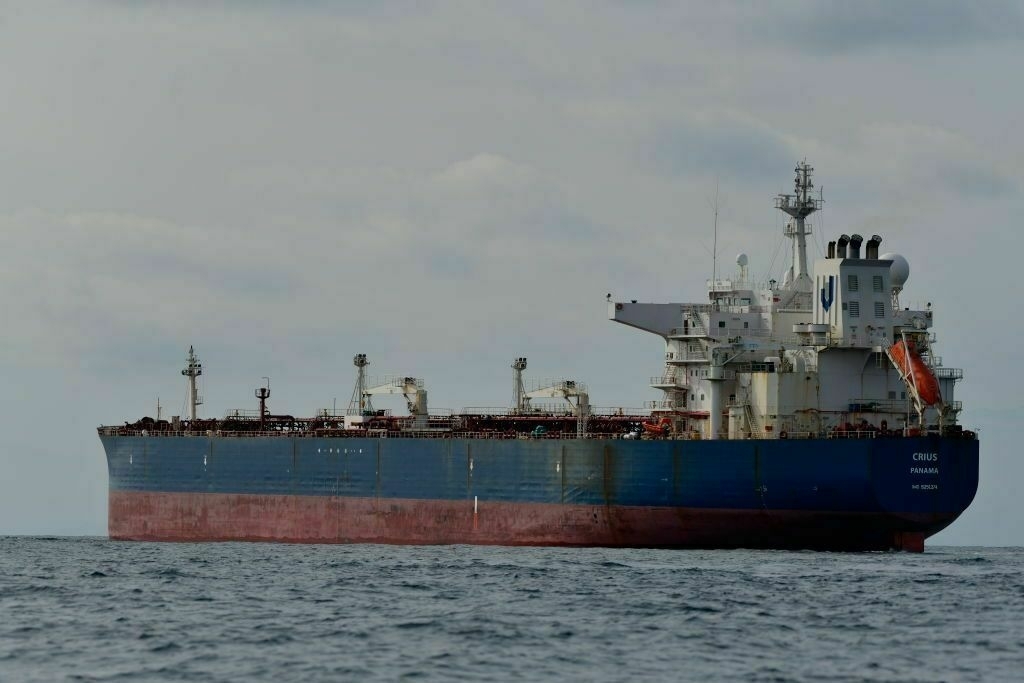
Russia readying to attack Sumy as Donbas front stabilizes, Zelensky saysRussian soldiers are amassing at the border to prepare to launch an attack on Ukraine’s northeastern Sumy region, Ukrainian President Volodymyr Zelensky said on March 15.
Zelensky said in a post on Telegram that Ukraine has observed areas along its eastern border where the Russian army is amassing force. “This speaks to a desire to deliver a strike to our Sumy Oblast,” Zelensky wrote. “We understand this and will take countermeasures."
The Ukrainian president also wrote that he hopes foreign leaders would note “that in Moscow they are preparing to ignore diplomacy."
U.S. diplomats were in Moscow this week to hash out a ceasefire deal with Russian President Vladimir Putin, who remains maximalist in his public demands for concessions from Ukraine. After talks in Saudi Arabia between the U.S. and Ukraine, Kyiv said it was ready to move forward with a ceasefire, provided Russia did the same.
Zelensky also wrote that “the situation on the Pokrovsk front has stabilized” after several months during which the city in Donetsk Oblast had been at the center of fighting and periodic threats of Russian encirclement.
“Thanks to our Ukrainian forces, a significant quantity of Russian forces were pulled away from other fronts to Kursk Oblast,” Zelensky wrote.
Trump-Putin phone call expected this week, US hopes for ceasefire within weeks, envoy saysU.S. President Donald Trump is expected to hold a phone call with his Russian counterpart Vladimir Putin this week, Steve Witkoff, Trump’s special envoy to the Middle East, said on March 16.
“I expect that there will be a call with both presidents this week, and we’re also continuing to engage and have a conversation with the Ukrainians,” Witkoff told CNN after meeting Putin in Moscow on March 13.
Witkoff also said that the U.S. hopes to “see a ceasefire within weeks,” as cited by Axios.
The expected phone call comes as Trump tries to end the war at any cost. European allies and Ukraine have warned that a rushed peace deal without adequate security guarantees won’t result in lasting peace.
Witkoff said the talks with Putin lasted a few hours and went well. He added that he expected the phone call between the two presidents to be “really good and positive."
“We’re bridging the gap between two sides,” he said.
“The four regions are of critical importance here,” Witkoff said, referring to Donetsk, Luhansk, Kherson, and Zaporizhzhia oblasts, which are partially occupied by Russian troops.
Witkoff also said that the U.S. is holding discussions with Ukraine, Russia, and European allies, including France, the U.K., Finland, and Norway.
He claimed that Putin accepts “Trump’s philosophy” on ending Russia’s war in Ukraine, Axios reported.
“The two sides are a lot closer today than they were a few weeks ago. We narrowed the differences,” Witkoff said.
Kyiv agreed to a 30-day ceasefire proposed by the U.S. during talks in Jeddah on March 11, after which Washington resumed military and intelligence support for Ukraine.
Russia is ready to agree to the U.S.-proposed ceasefire in Ukraine but demands guarantees that Kyiv will not mobilize or train troops or receive military aid during the truce, Putin said on March 13.
Meanwhile, U.S. National Security Advisor Mike Waltz said on March 16 that Ukraine was expected to exchange territories for security guarantees.
“This is going to be some type of territory for future security guarantees, the future status of – of Ukraine,” Waltz said on ABC News.
He also said that “a permanent pathway into NATO, or a permanent membership into NATO for Ukraine is incredibly unlikely."
Trump denies reports on his envoy waiting for Putin, calls media ‘sick degenerates’“The fake news, as usual, is at it again!” Trump said in a post on Truth Social. “Why can’t they be honest, just for once?”The Kyiv IndependentThe Kyiv Independent news desk
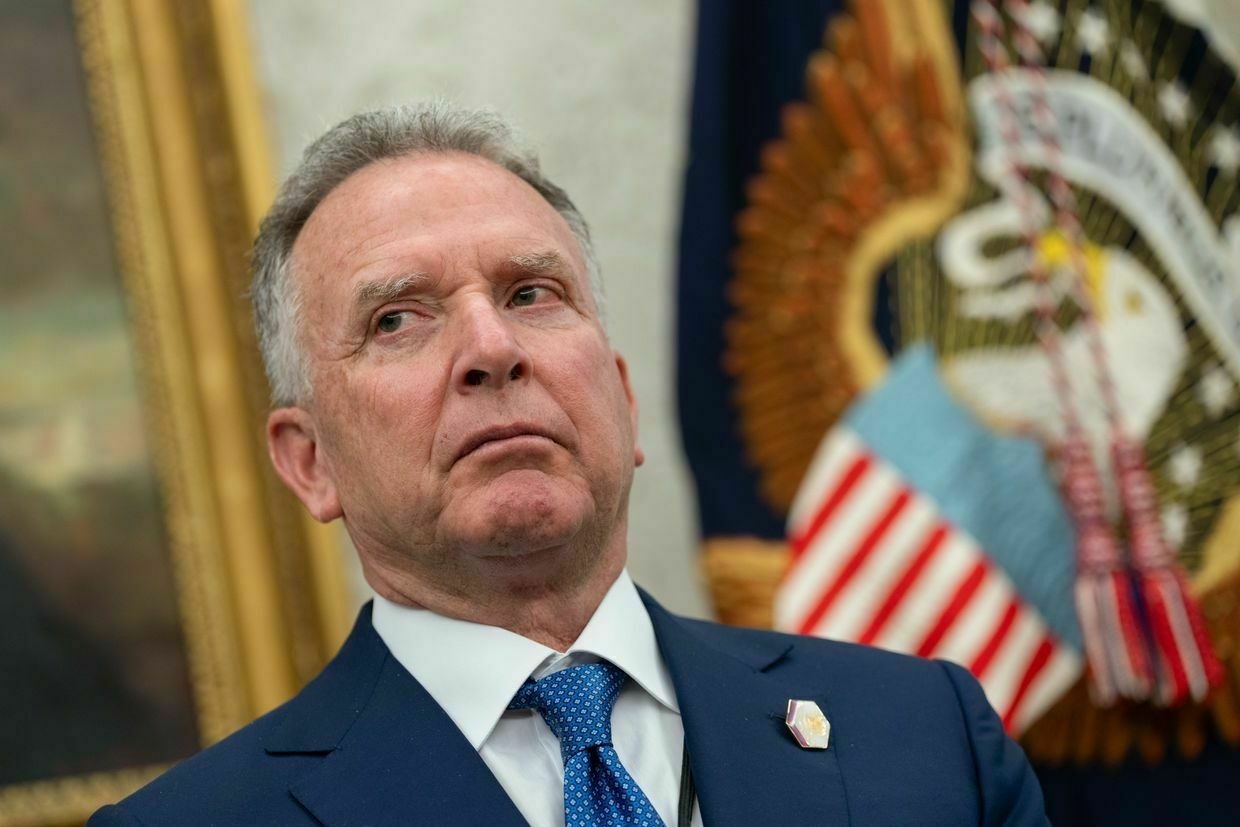
UK proposes Western peacekeeping mission of 10,000 troops in UkraineU.K. Prime Minister Keir Starmer presented plans to send 10,000 peacekeeping troops to Ukraine at a high-level virtual summit in London on March 15.
The summit, which included 29 international leaders, was organized by the U.K. with the purpose of creating a “coalition of the willing” that could secure Ukraine in the event of a peace deal with Russia.
Starmer’s proposed peacekeeping contingent would include around 10,000 troops, mostly provided by the U.K. and France, U.K. military sources told the Sunday Times. Thirty-five countries have agreed to supply the peacekeeping mission with weapons, logistics, and intelligence support.
The peacekeeping mission will be “a significant force with a significant number of countries providing troops and a much larger group contributing in other ways,” a senior government source said.
In addition to European nations, Australia, Canada, and New Zealand joined the call, as did NATO Secretary General Mark Rutte.
The proposed force of 10,000 is significantly smaller than the 30,000 troops Starmer reportedly pitched to U.S. President Donald Trump during their White House meeting on Feb. 20.
Previously, President Volodymyr Zelensky said that European partners would need to station 100,000 to 150,000 troops on Ukraine’s front lines to effectively deter Russia.
U.K. defense sources told the Guardian on Feb. 18 that a much smaller European-led peacekeeping forcec ould instead rely on intelligence, surveillance, and long-range monitoring to enforce a ceasefire.
Following the virtual summit, Starmer announced that “troops on the ground and planes in the sky” would provide security guarantees for Ukraine following a future peace deal.
The allied coalition will hold a second round of military talks on March 20, Starmer said.
While France and the U.K. have been the most vocal about sending troops to Ukraine, some countries, including Italy and Finland, have expressed reservations. Italian Prime Minister Giorgia Meloni attended the summit and vocalized support for Ukraine, but said that Italy does not plan to participate in the proposed peacekeeping force.
‘Conditions for Ukraine’s surrender’ — Why Putin’s demands for ceasefire make no senseRussian President Vladimir Putin’s conditions for a ceasefire are unrealistic and tantamount to demanding that Ukraine disarm itself and surrender, analysts say. Putin said on March 13 that Russia was ready to agree to the U.S.-backed 30-day-long ceasefire in Ukraine but then followed by listing a…The Kyiv IndependentOleg Sukhov
